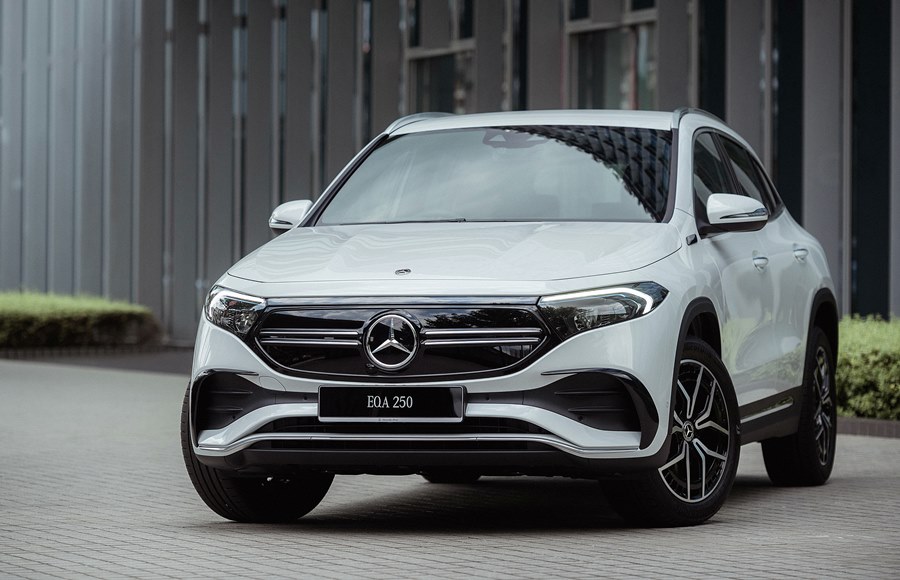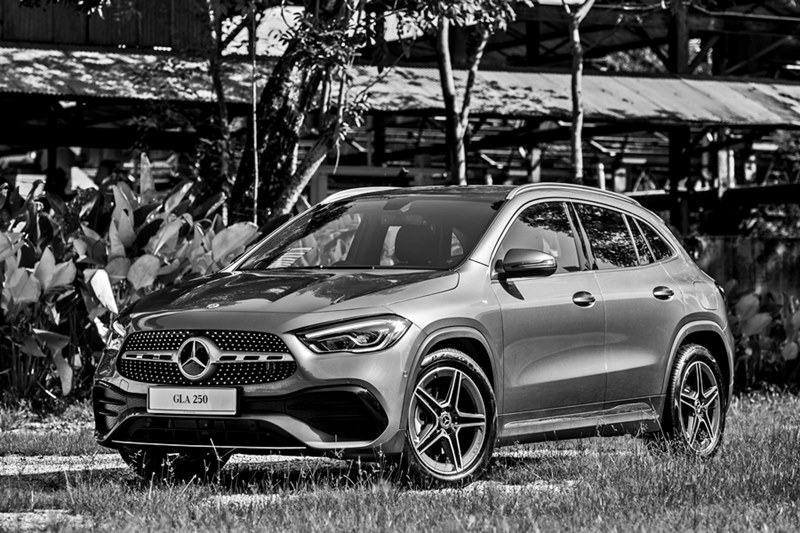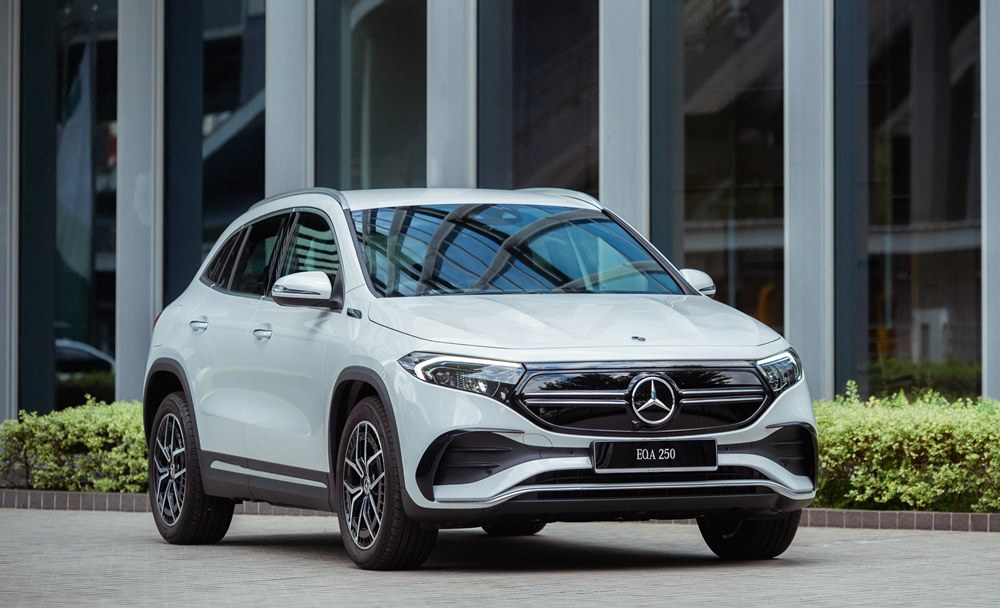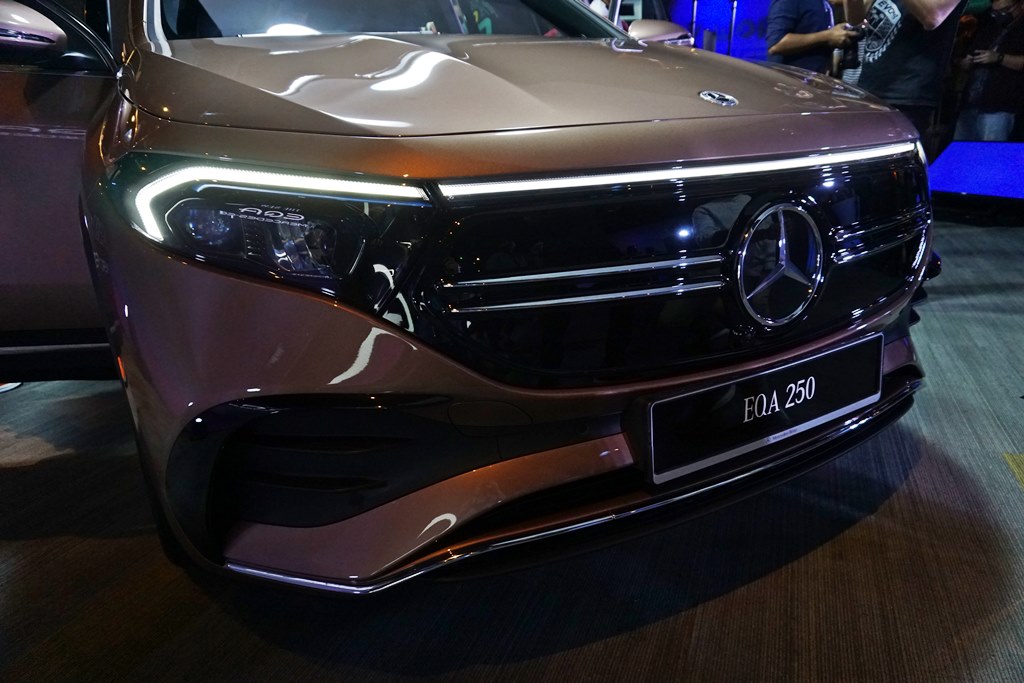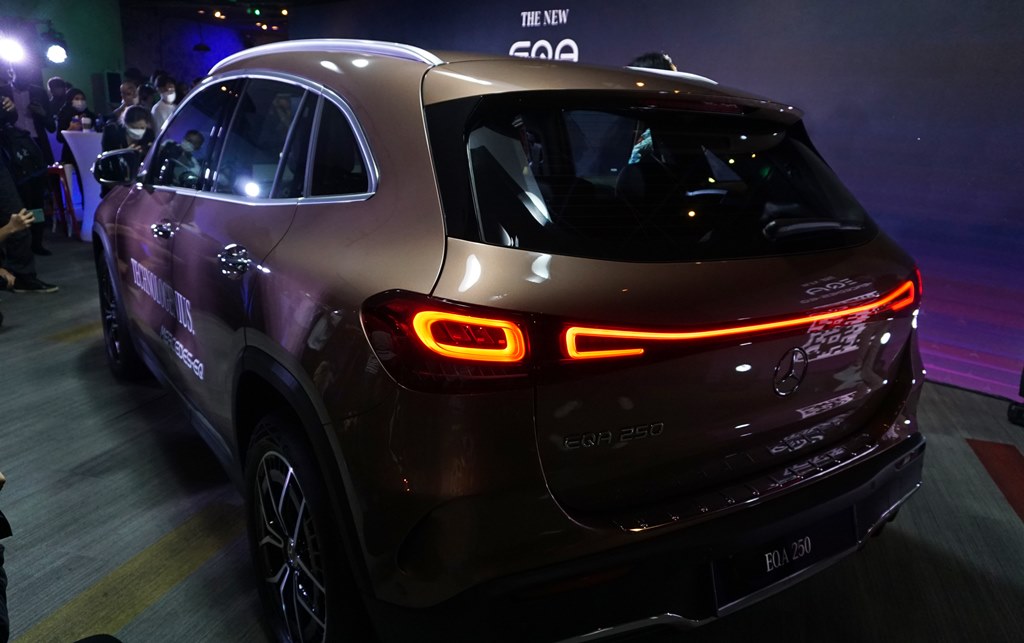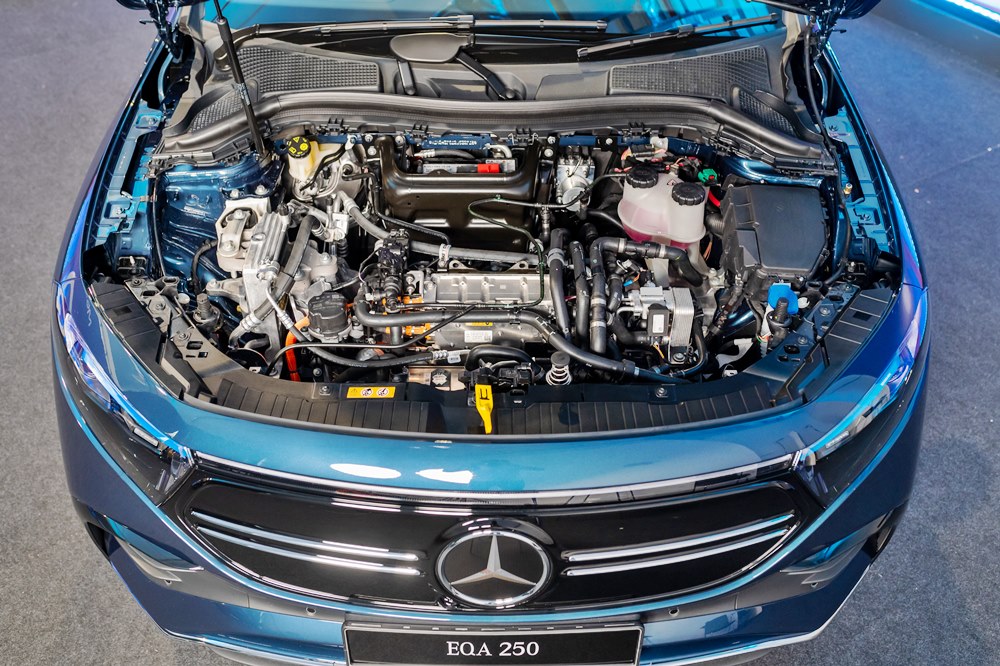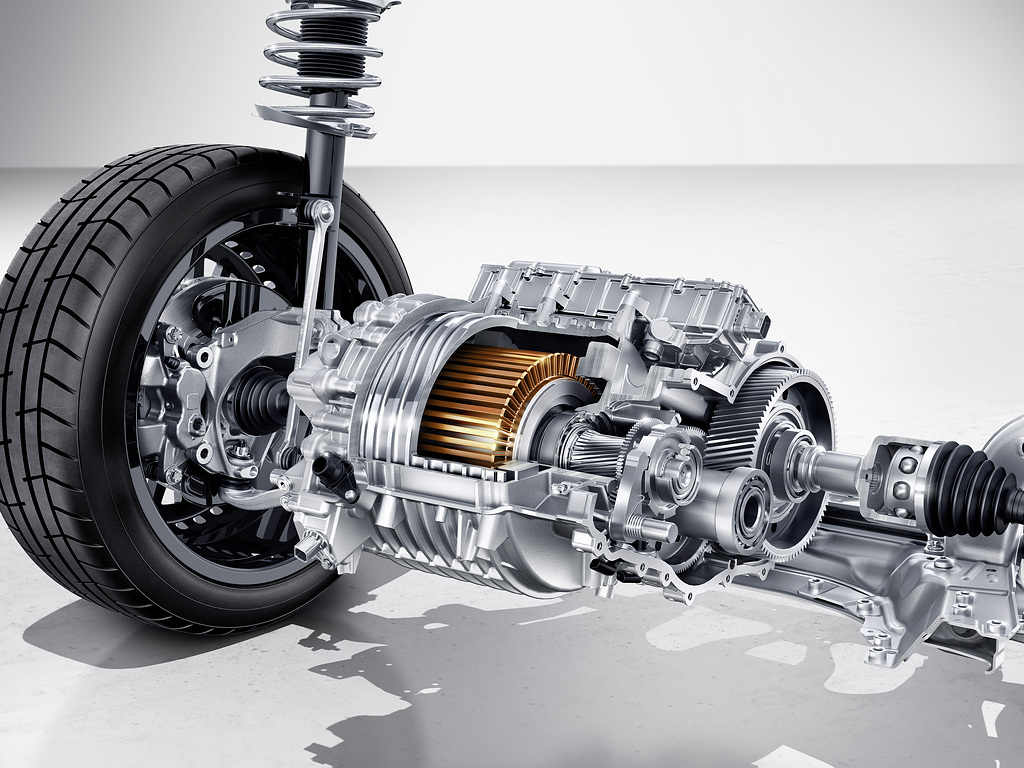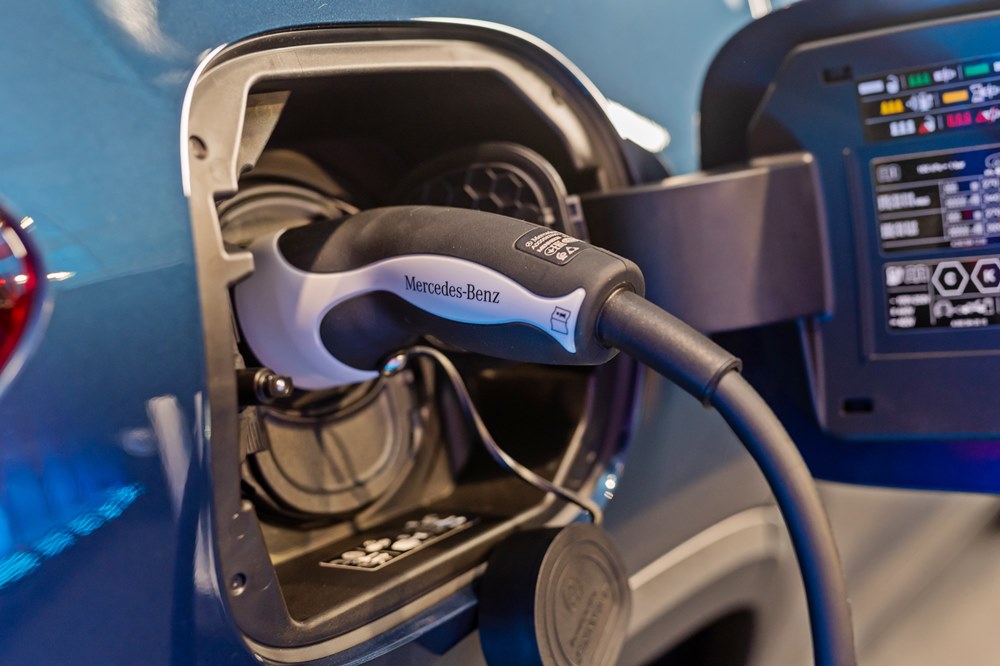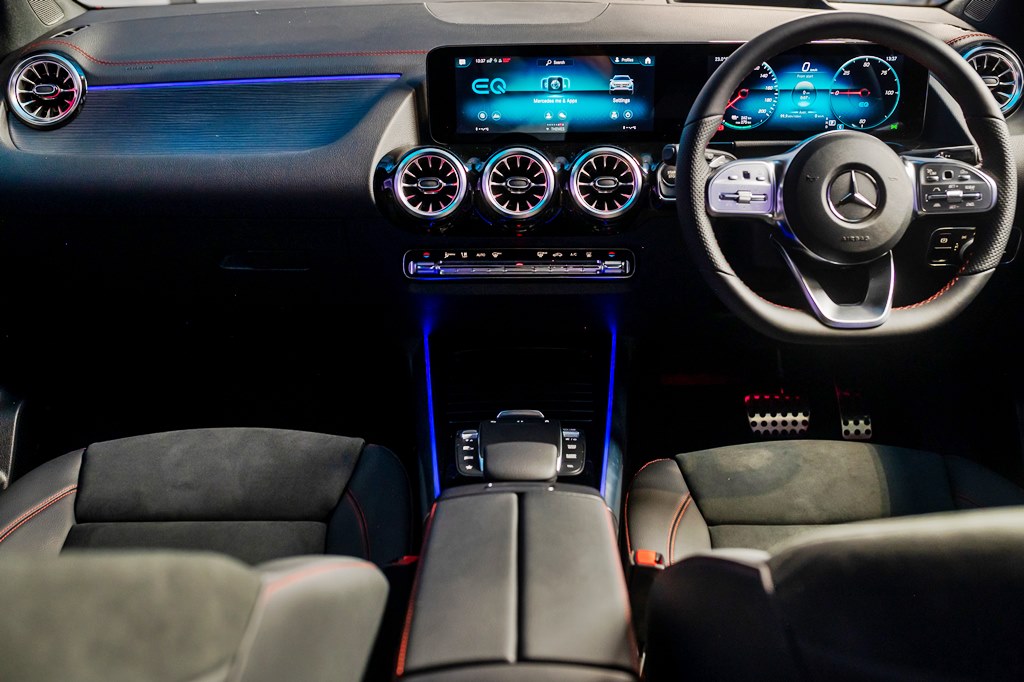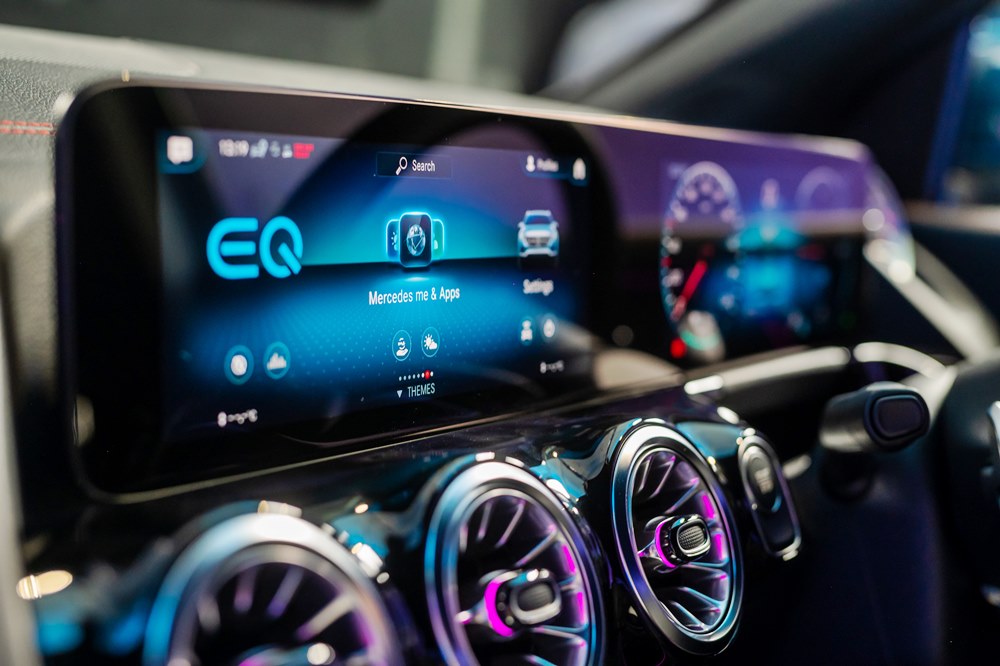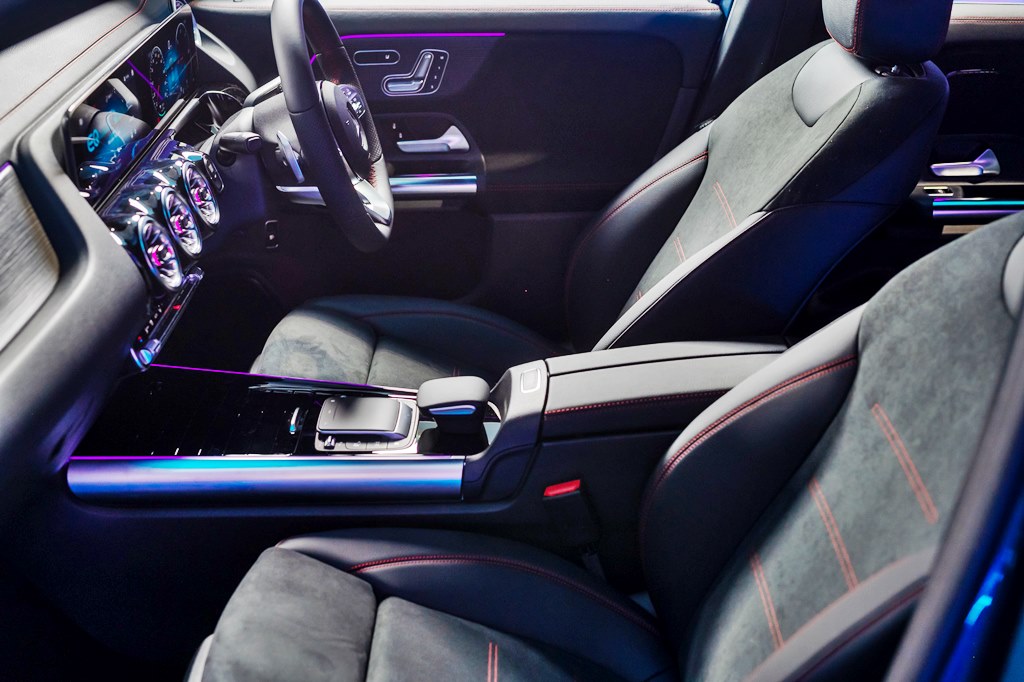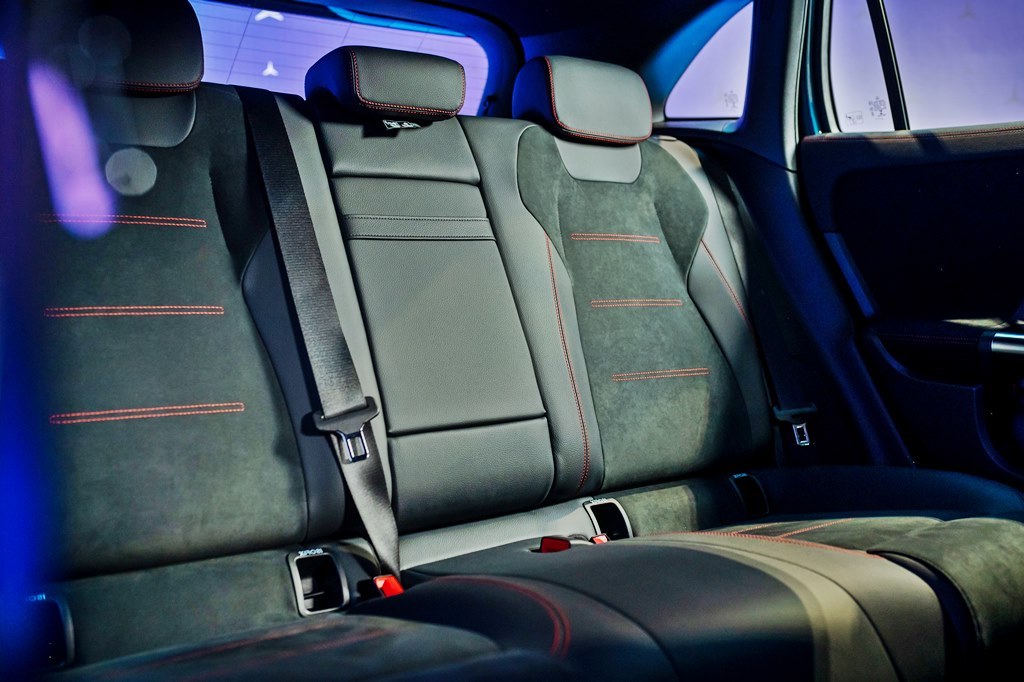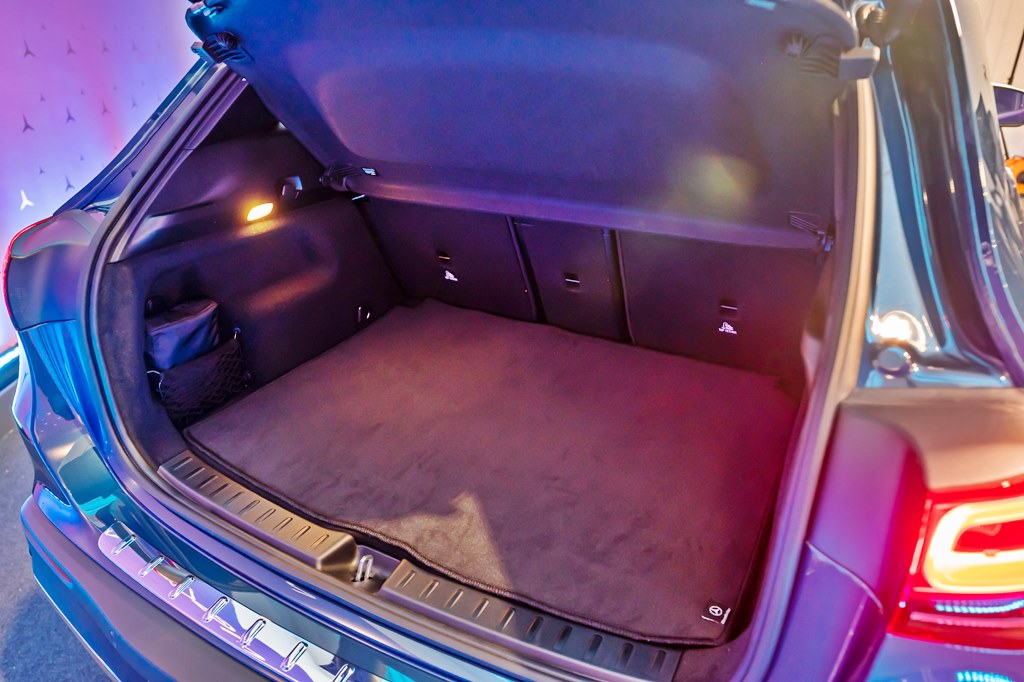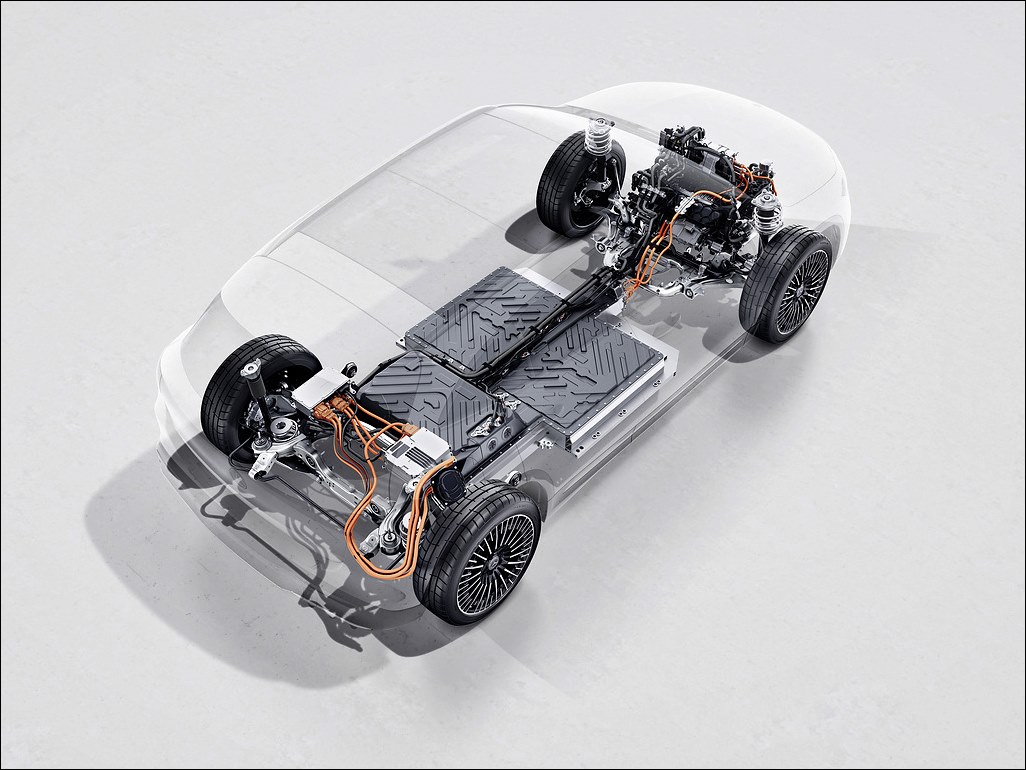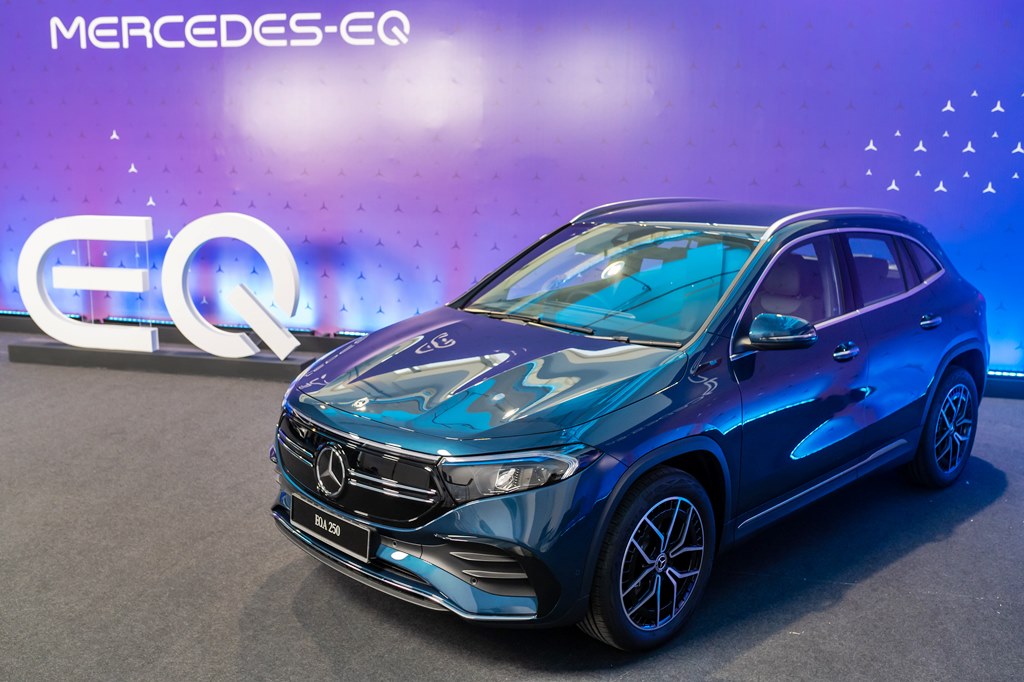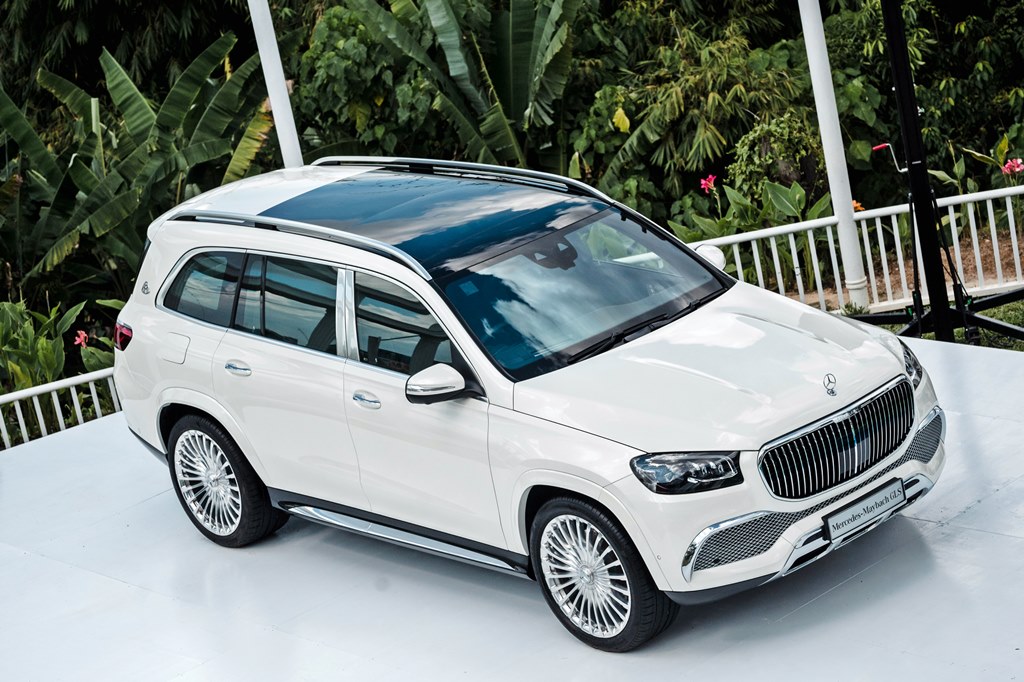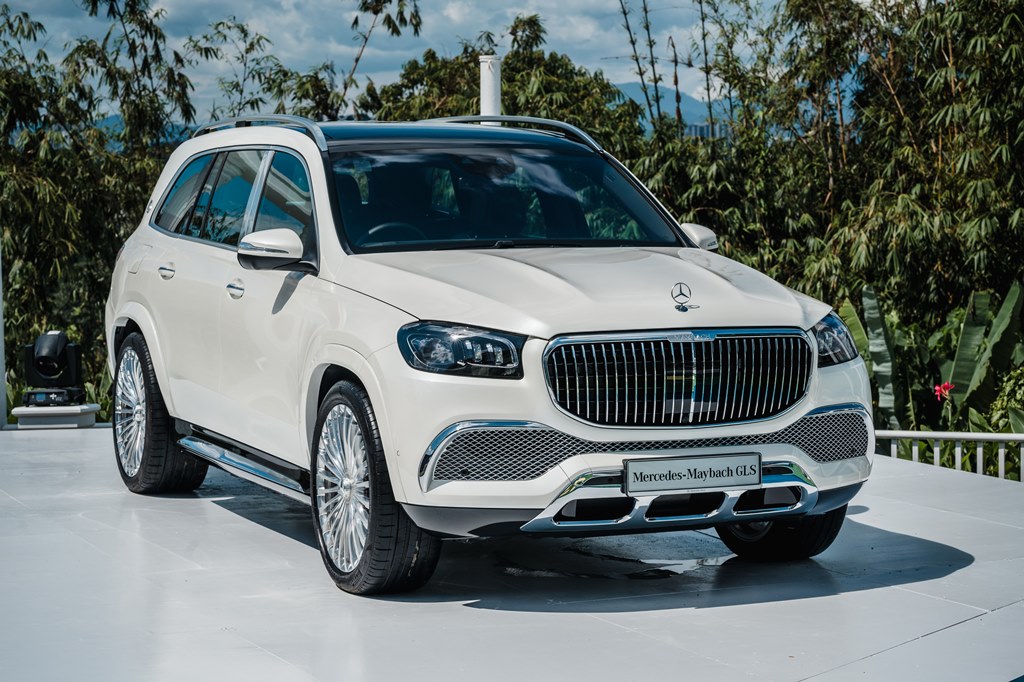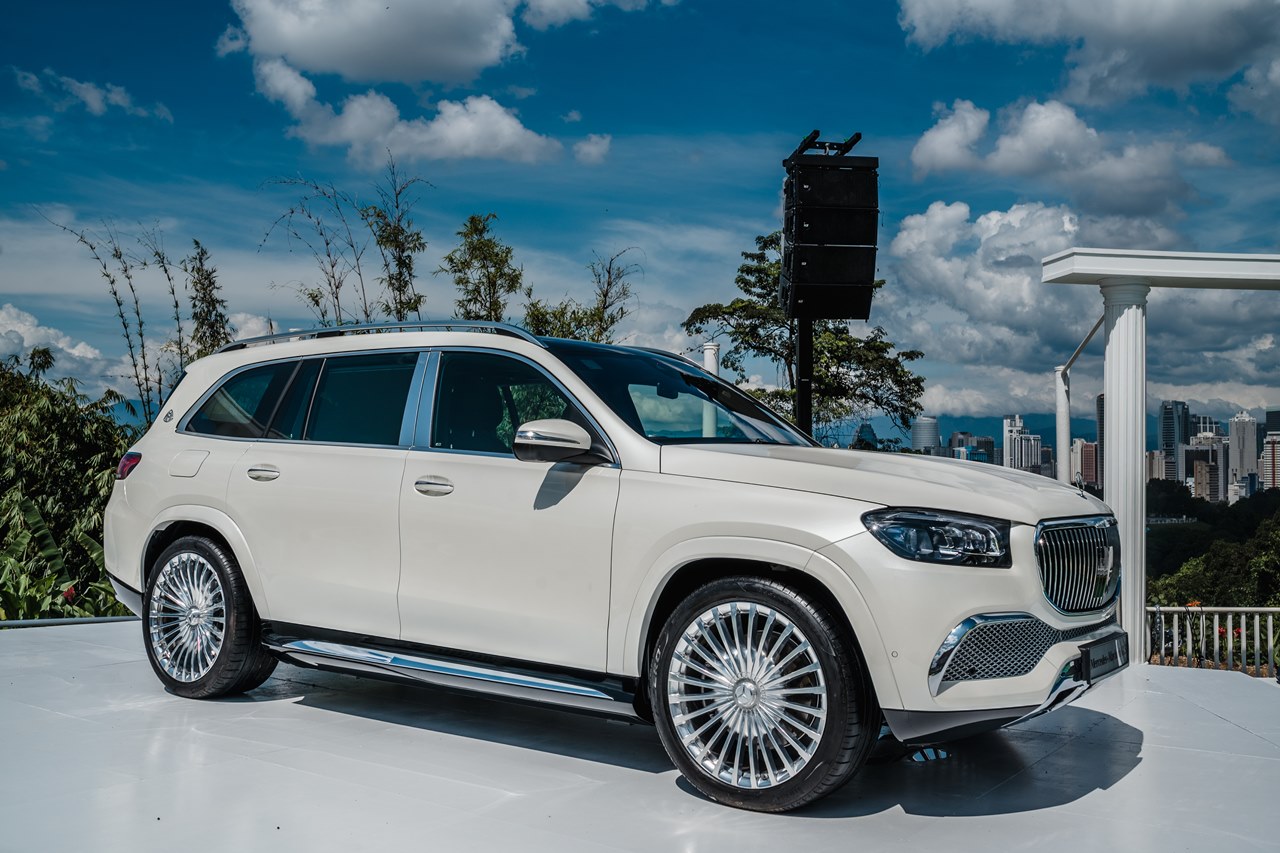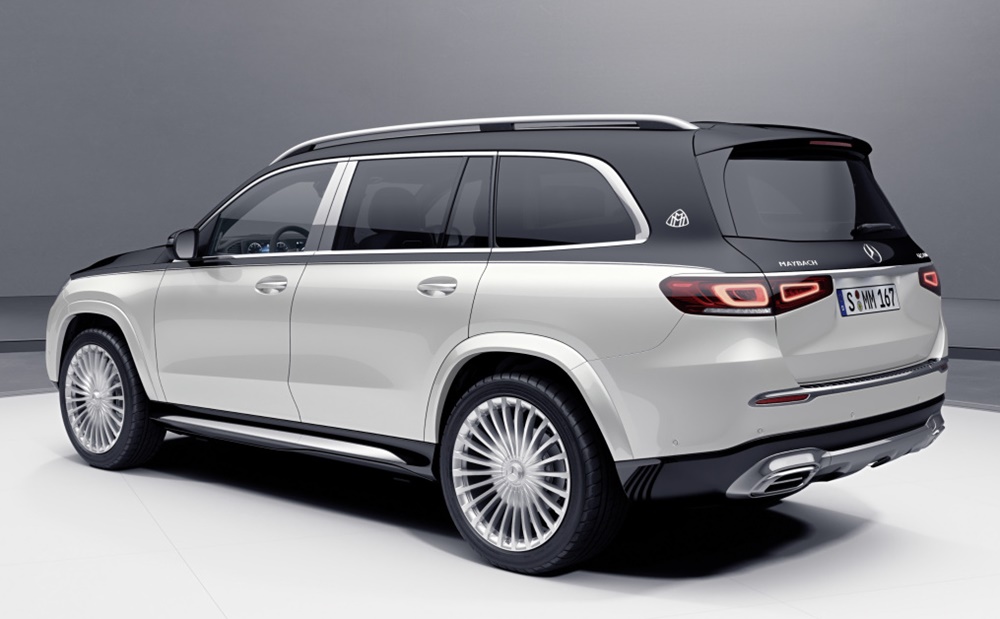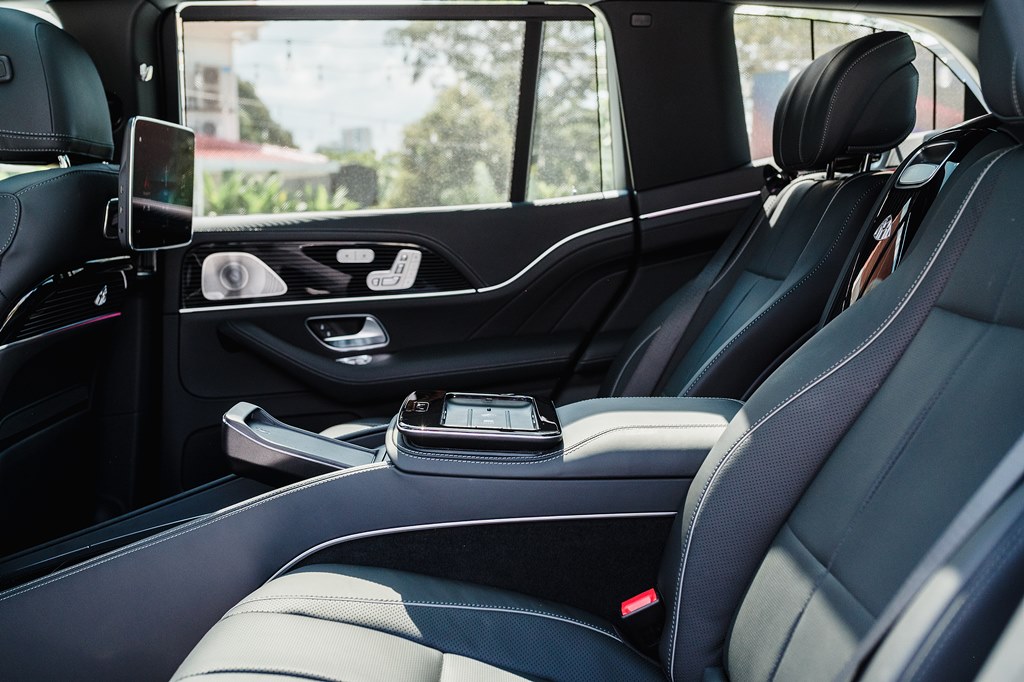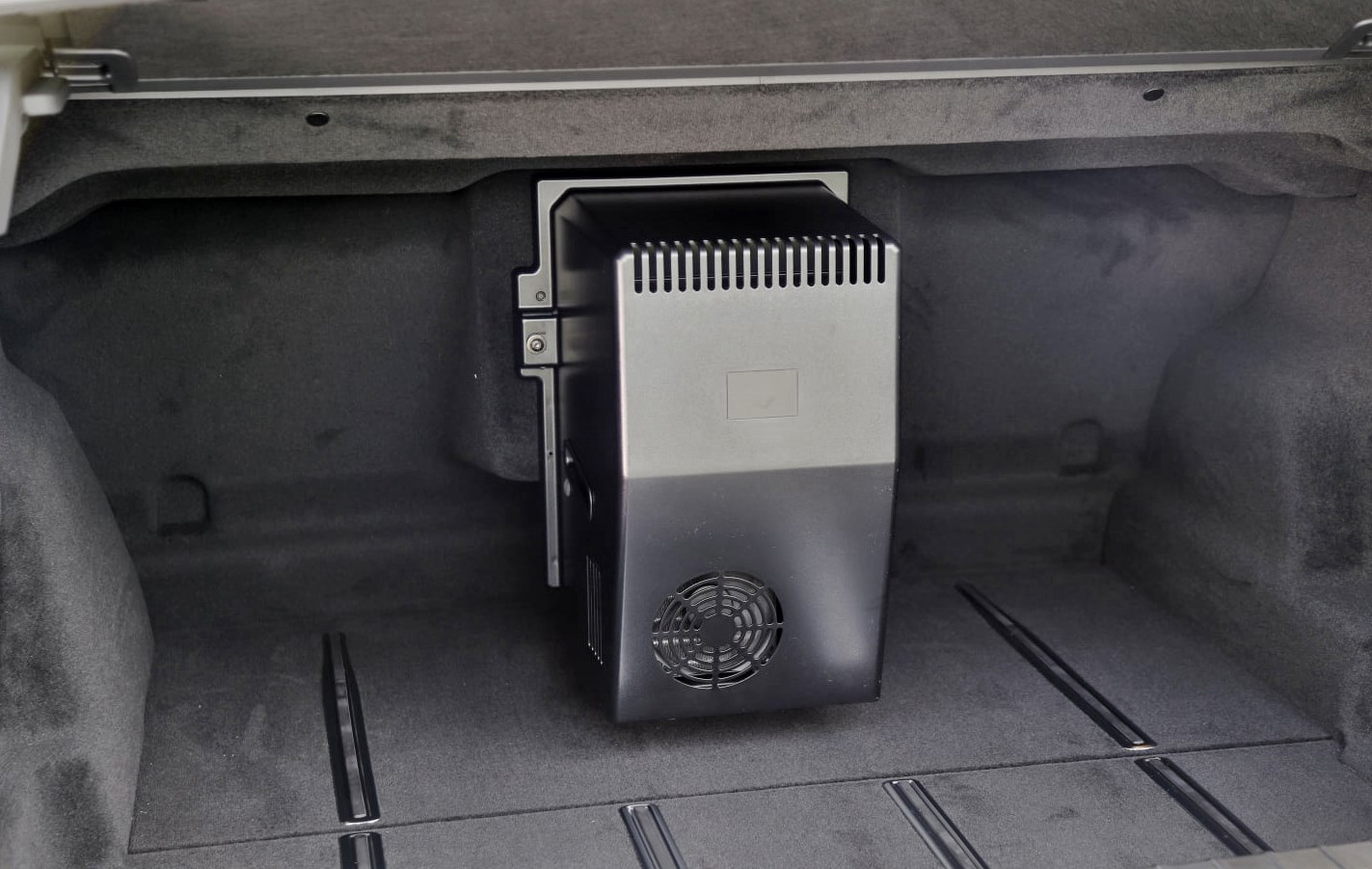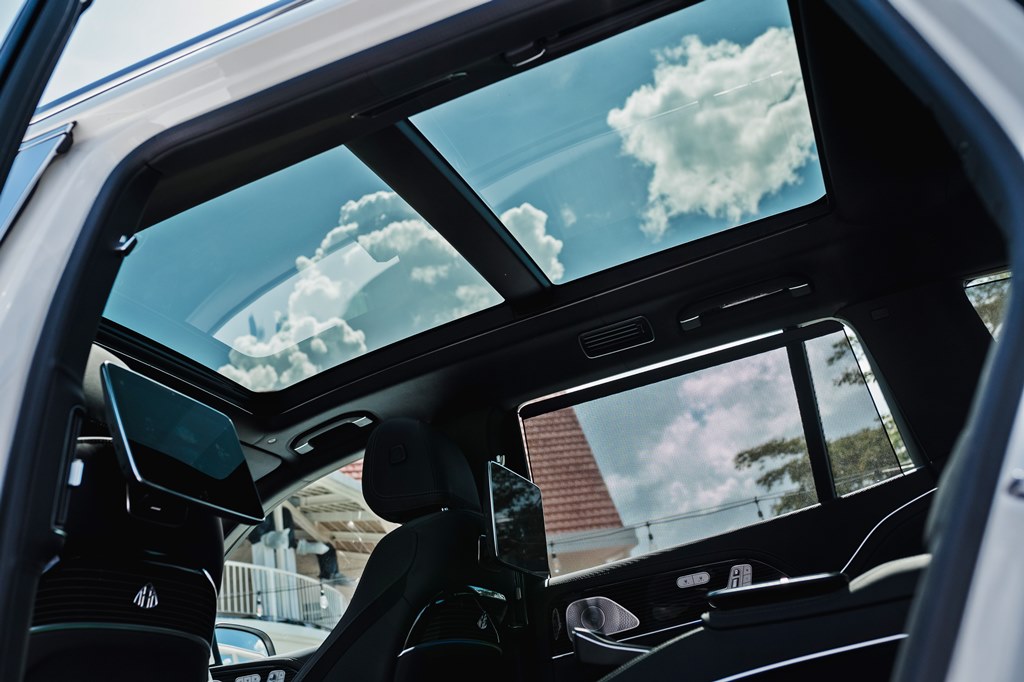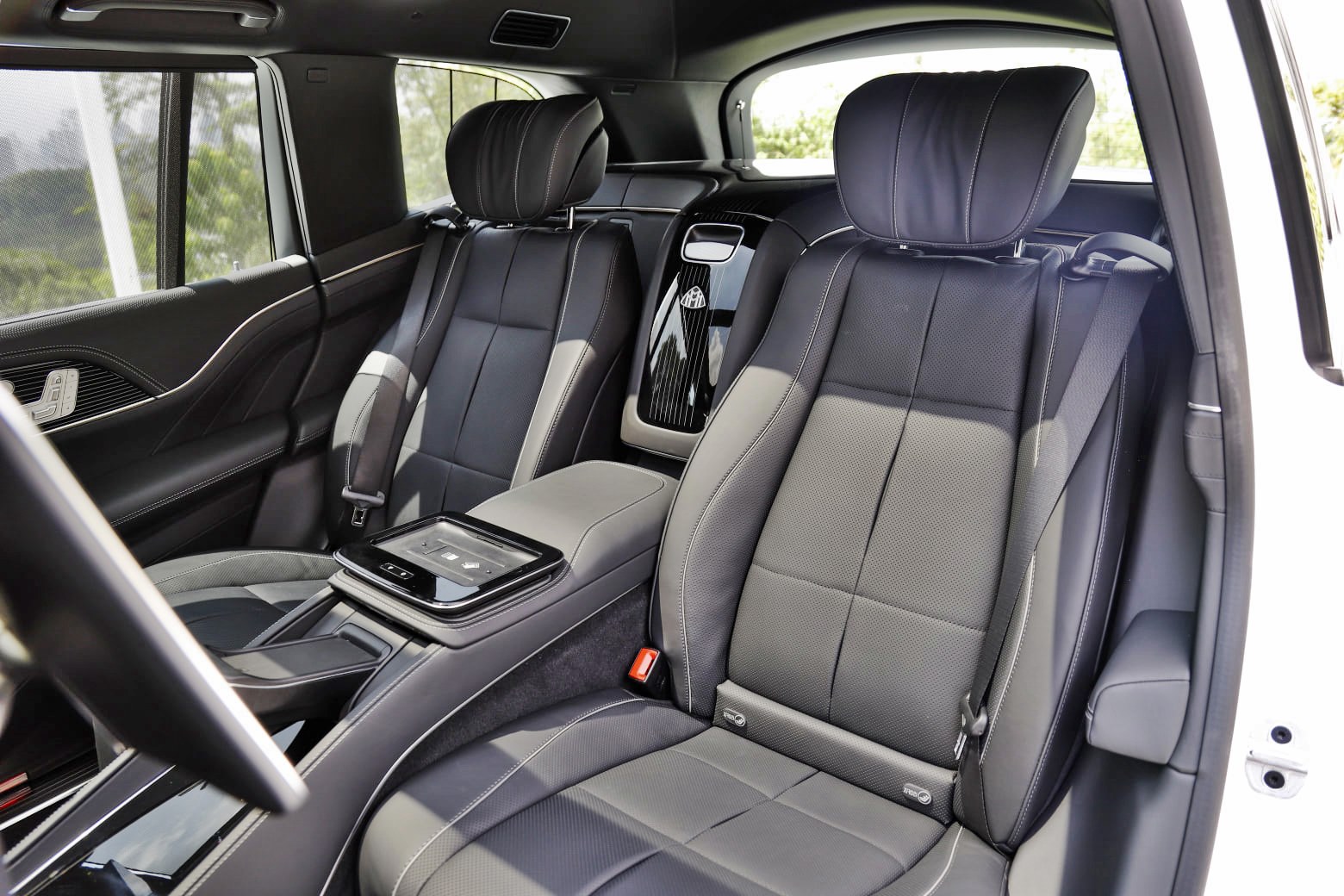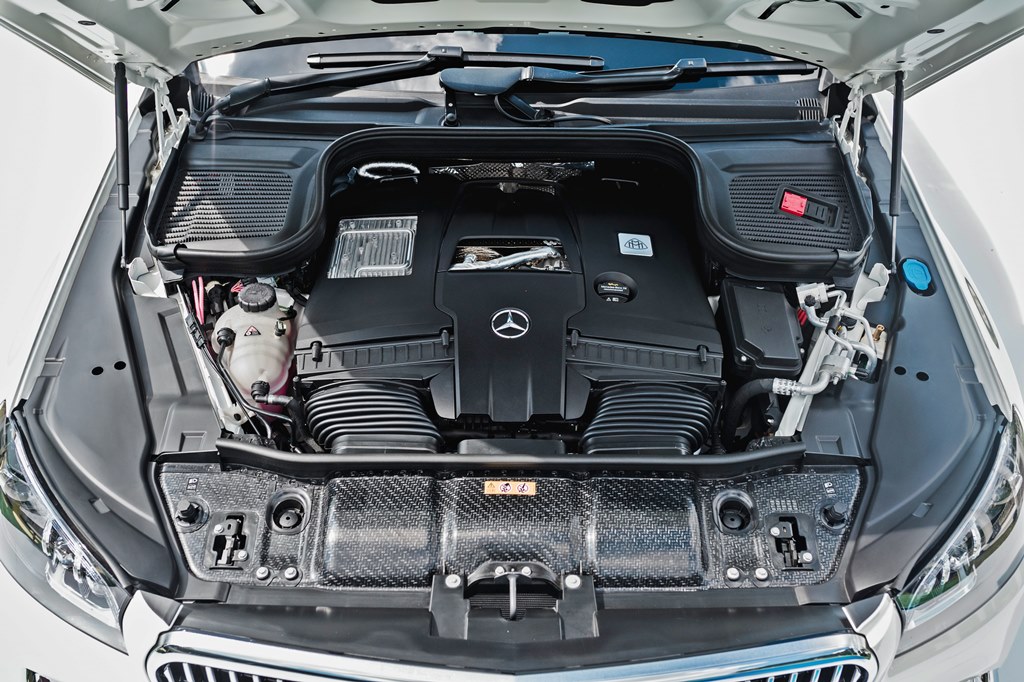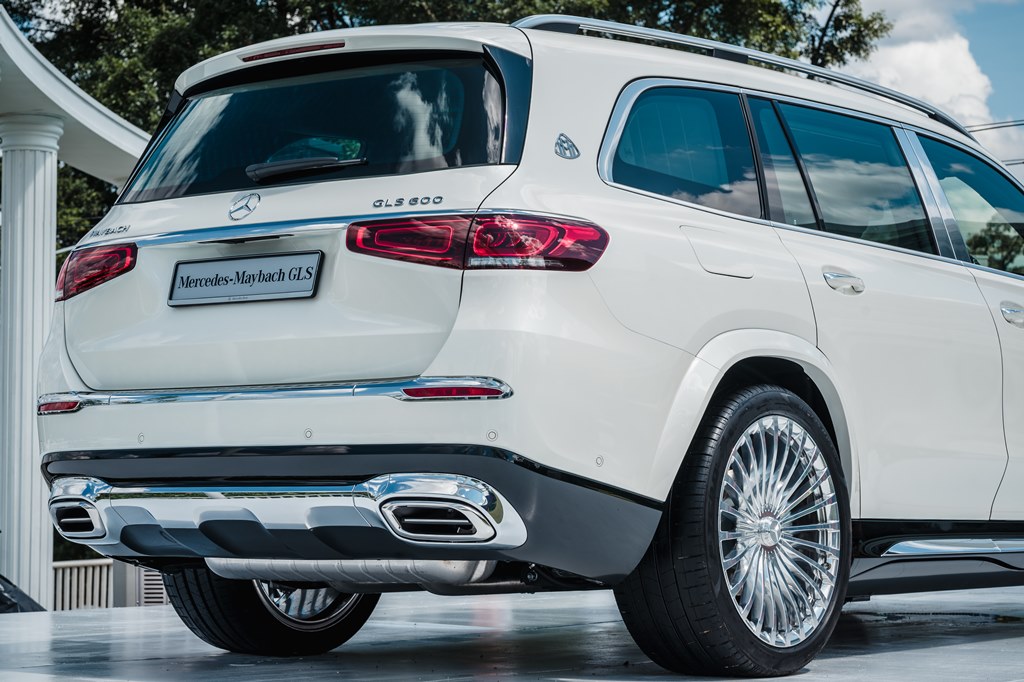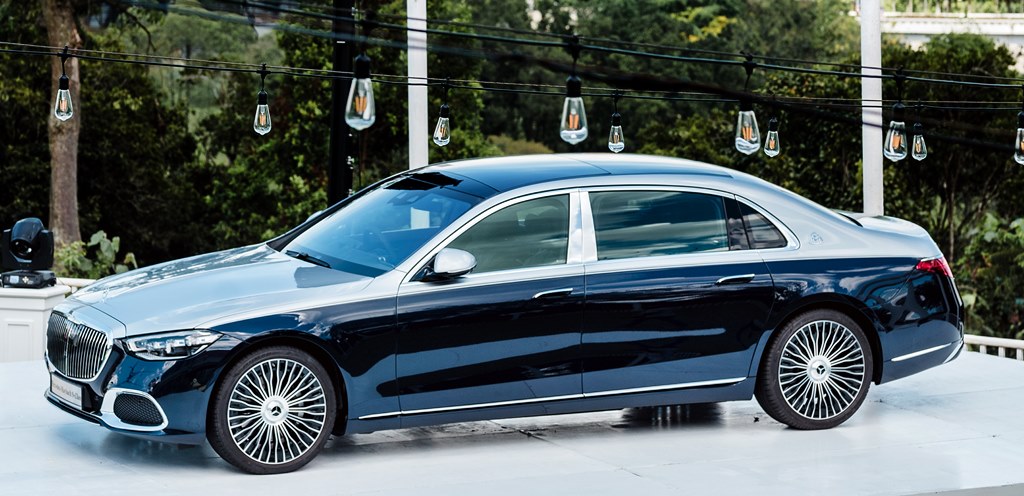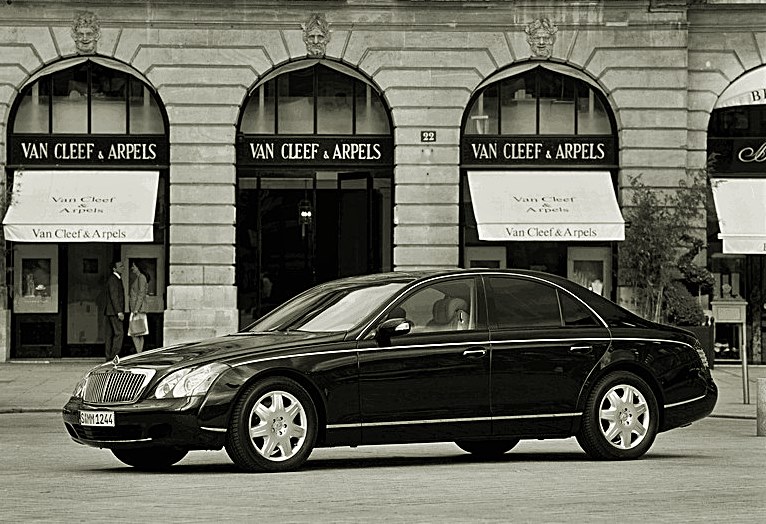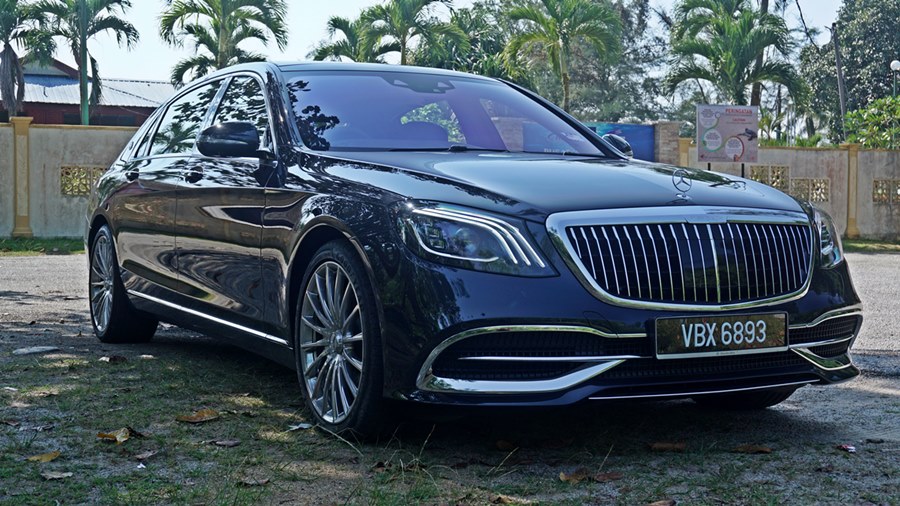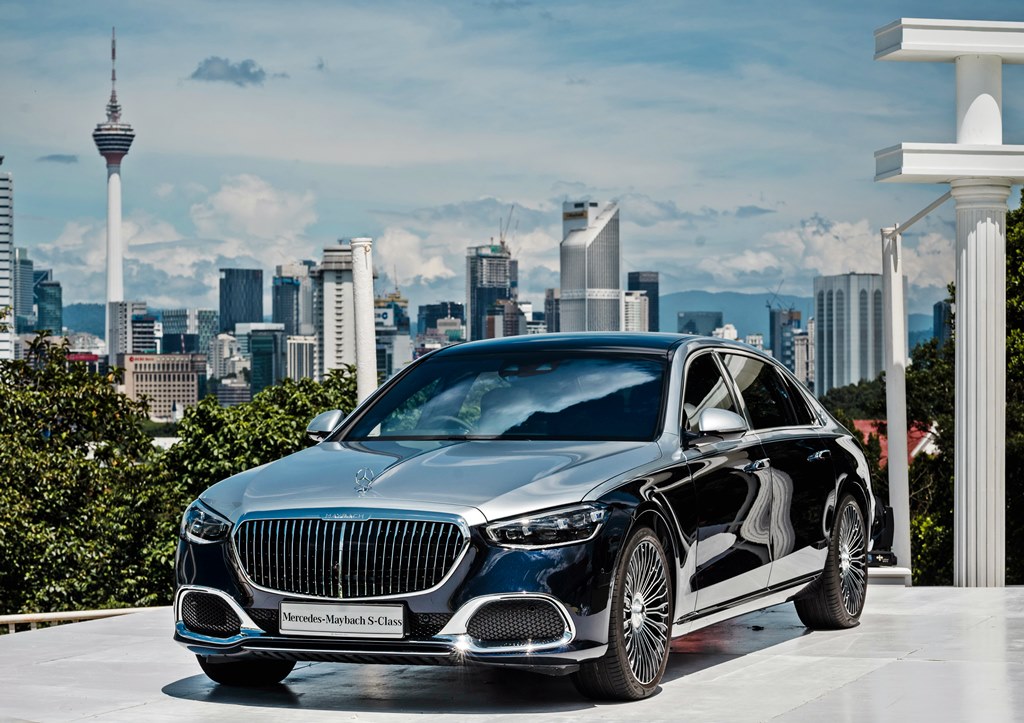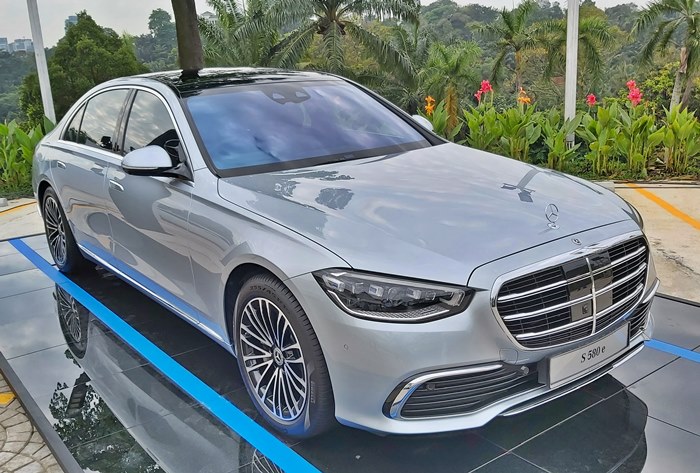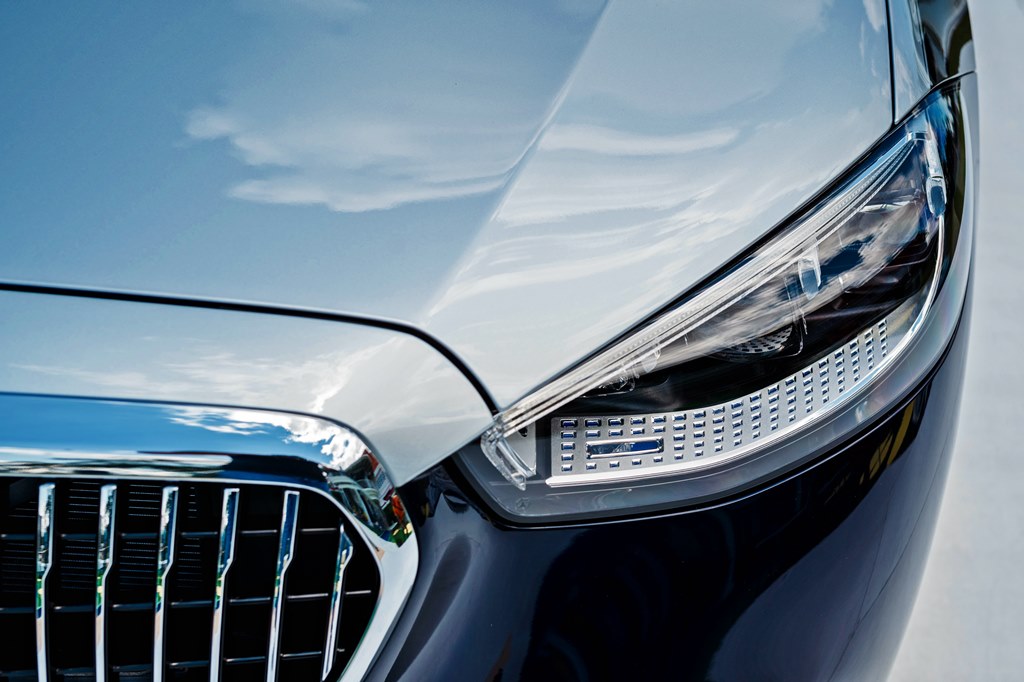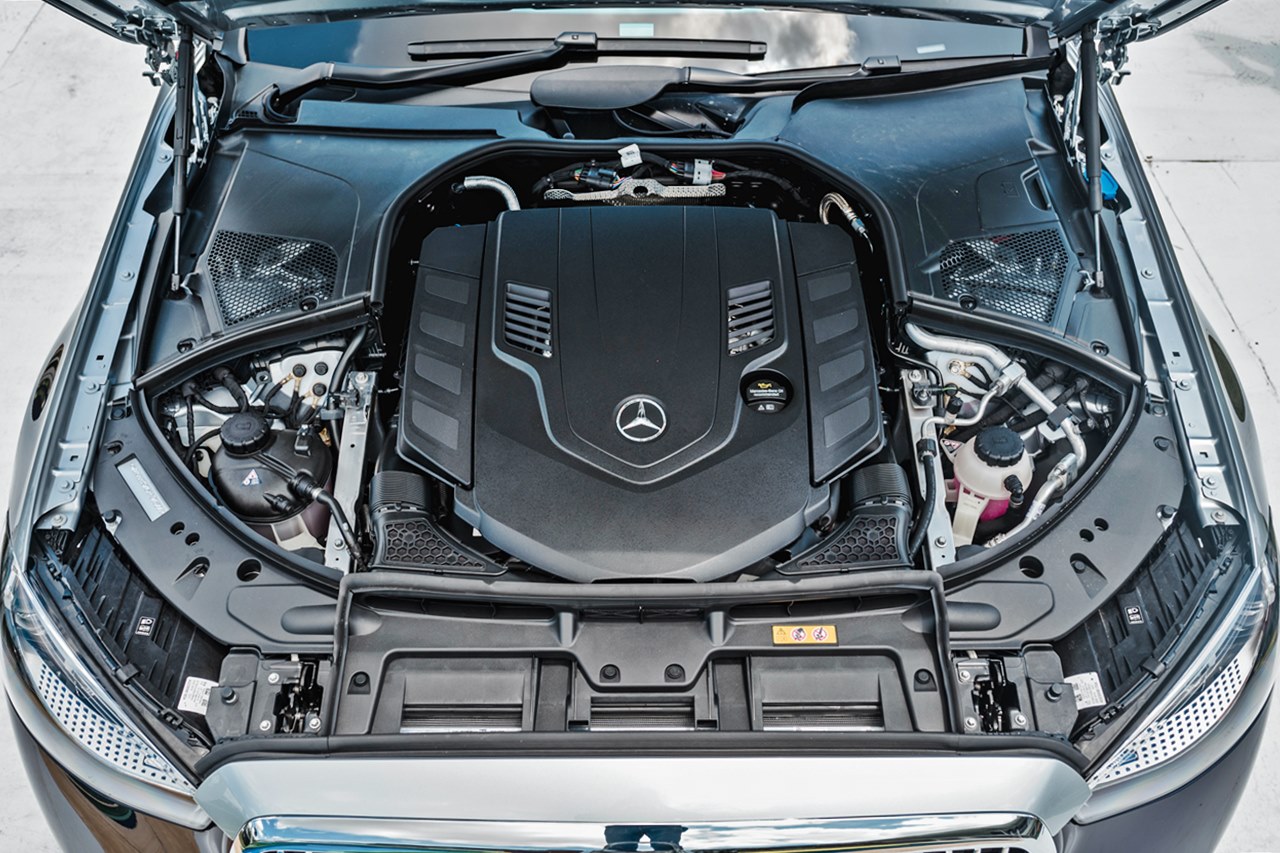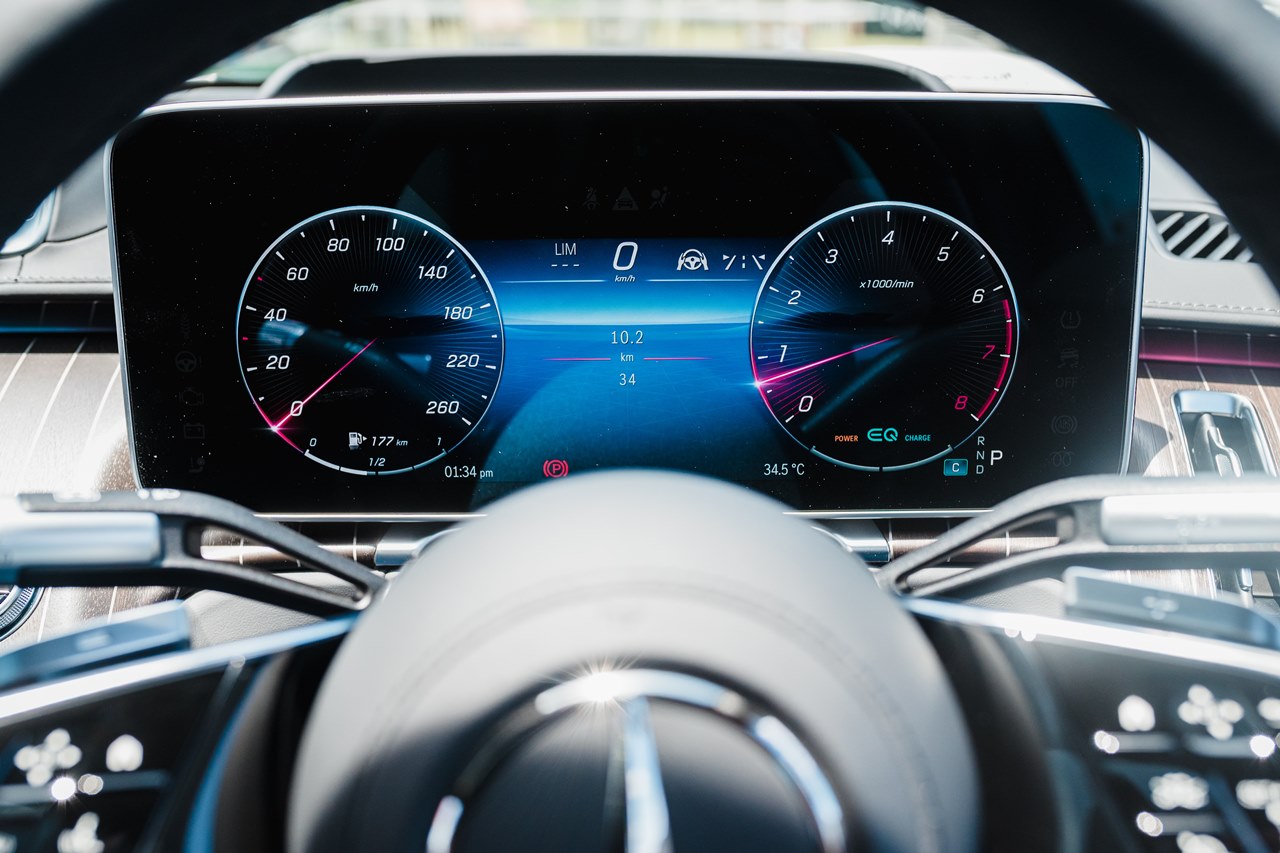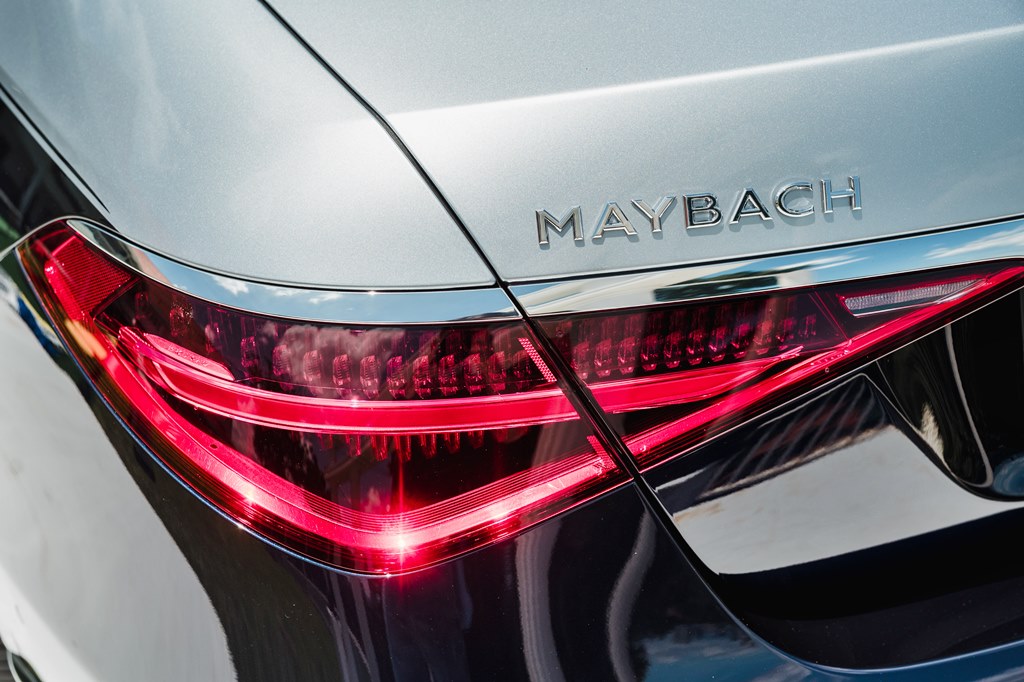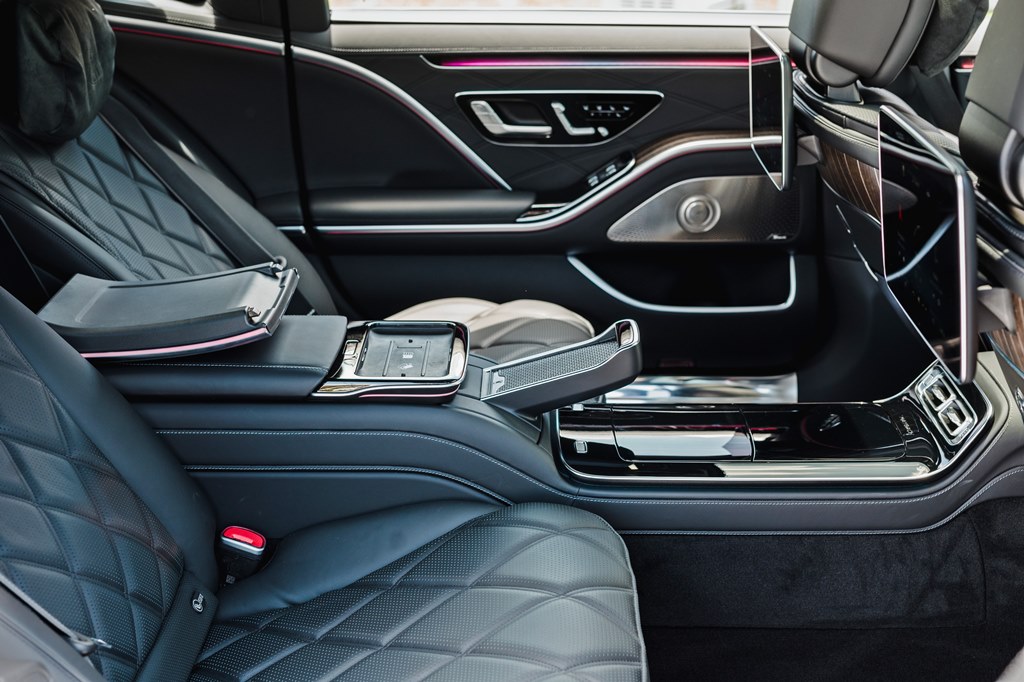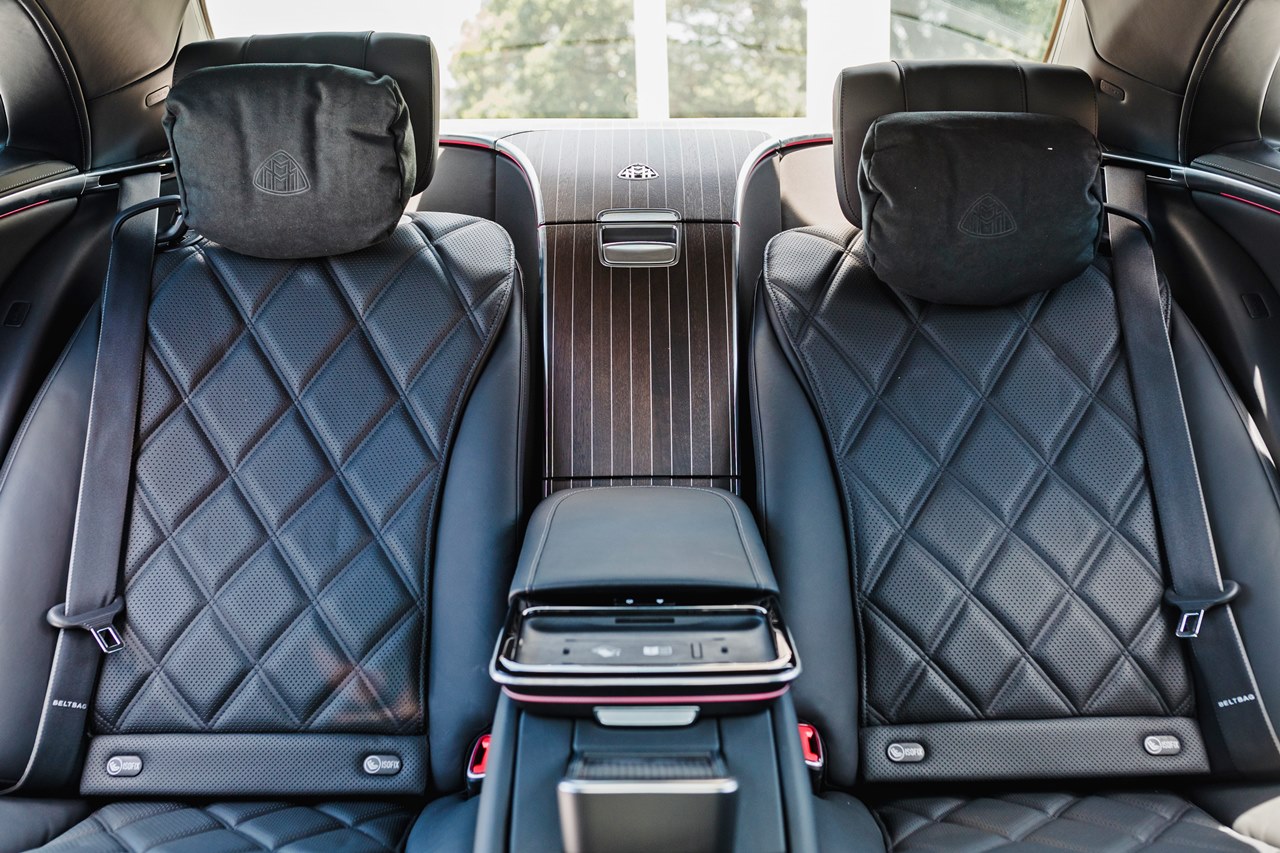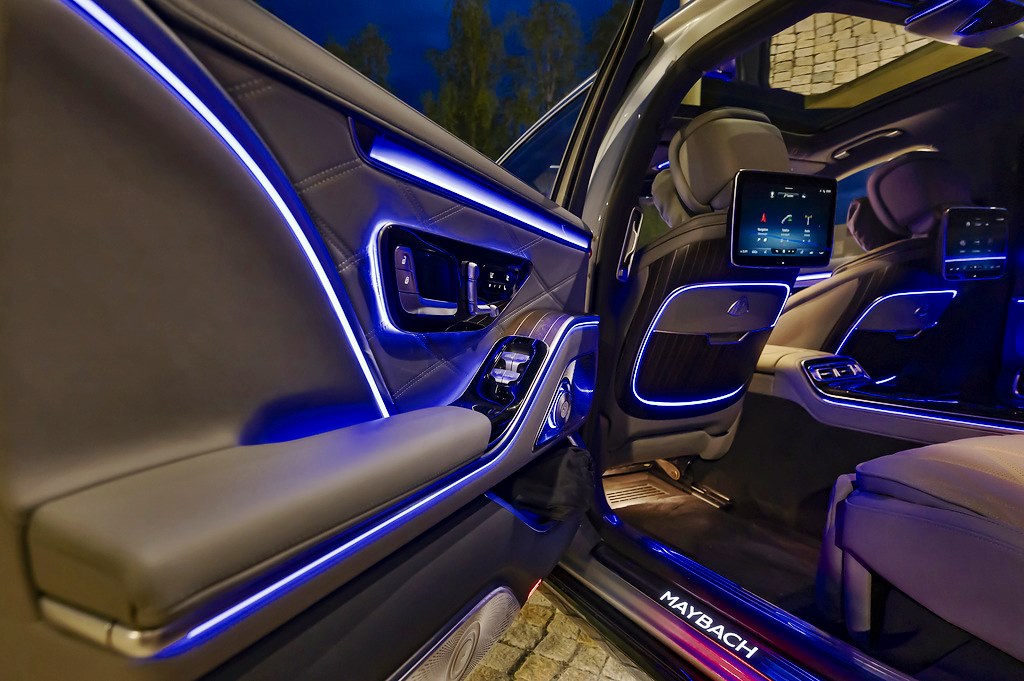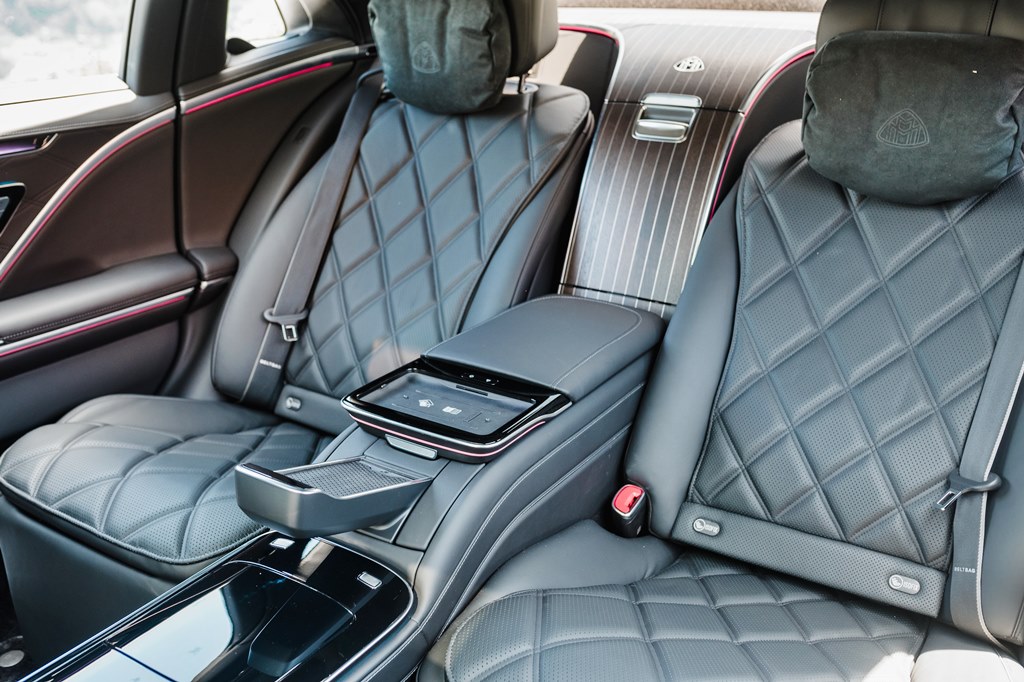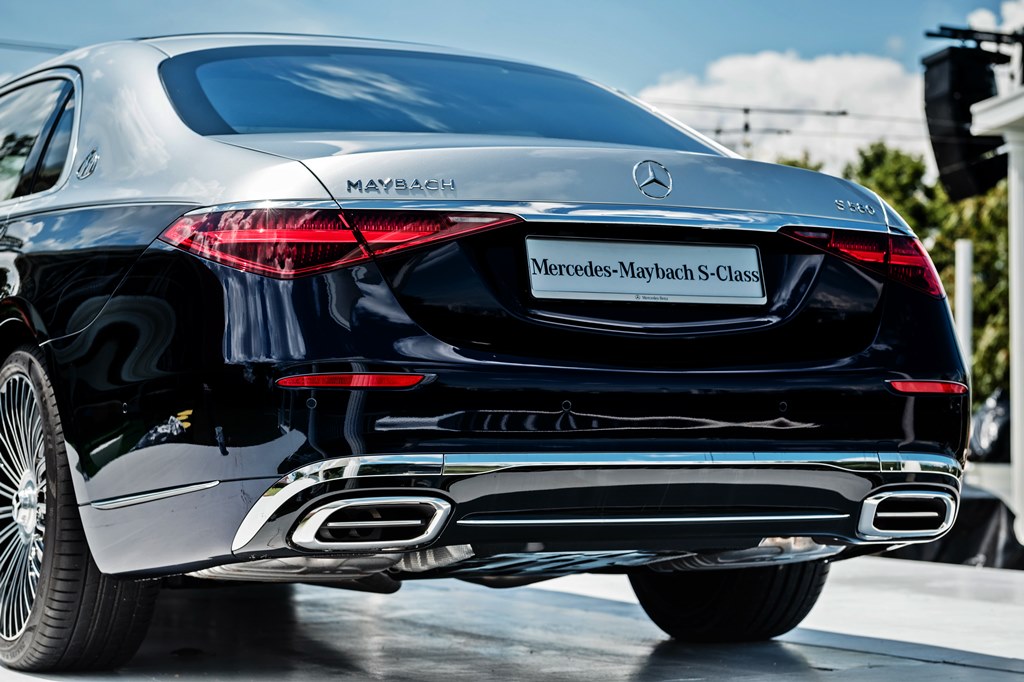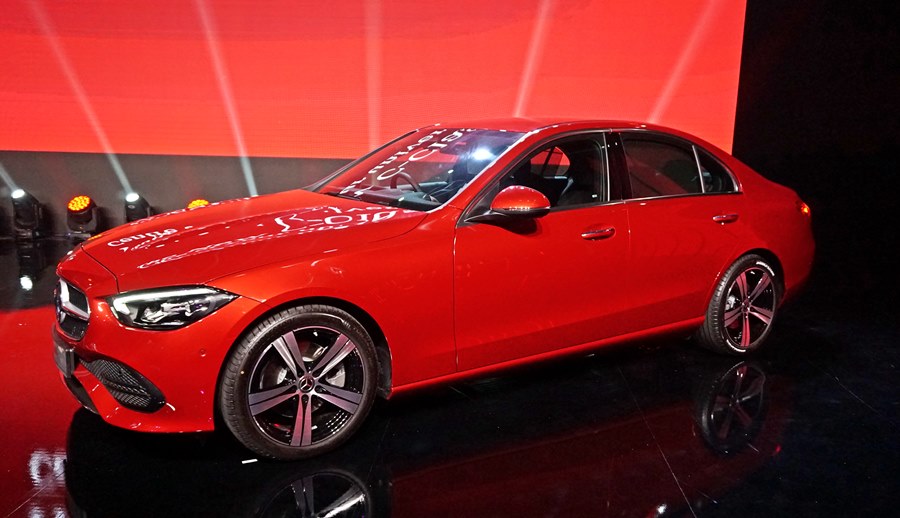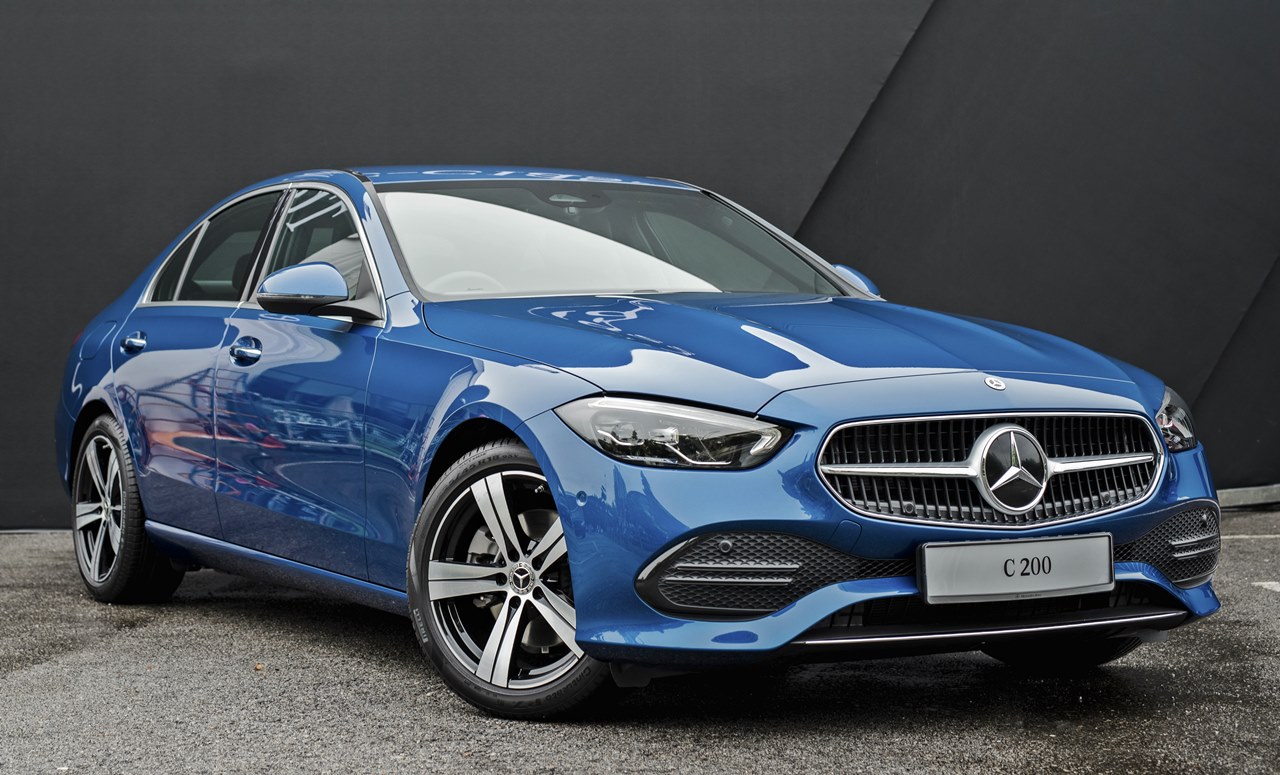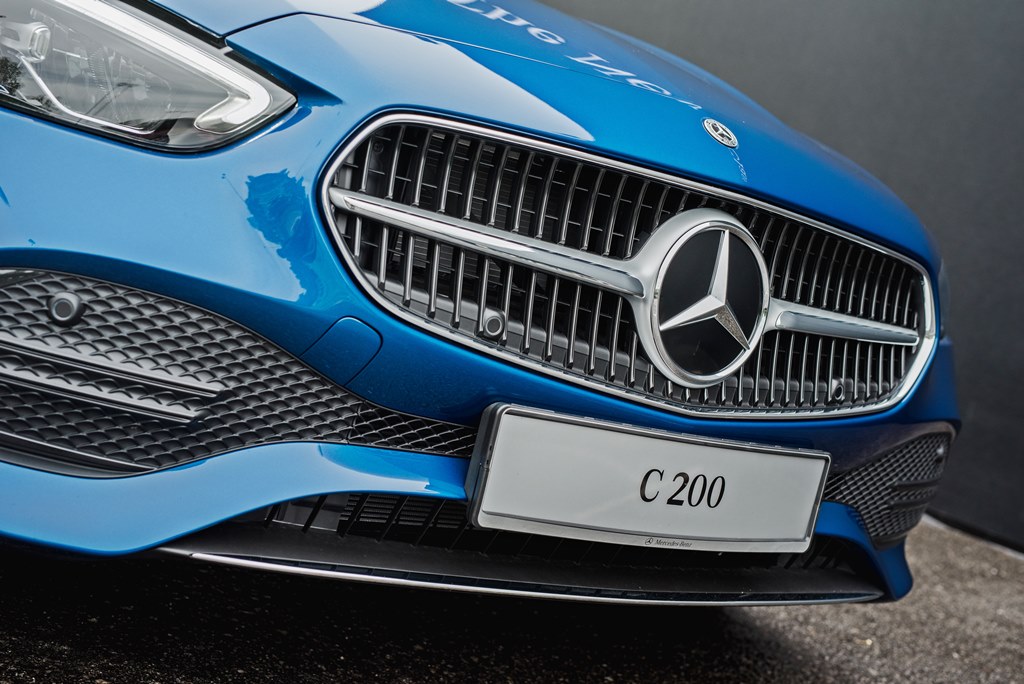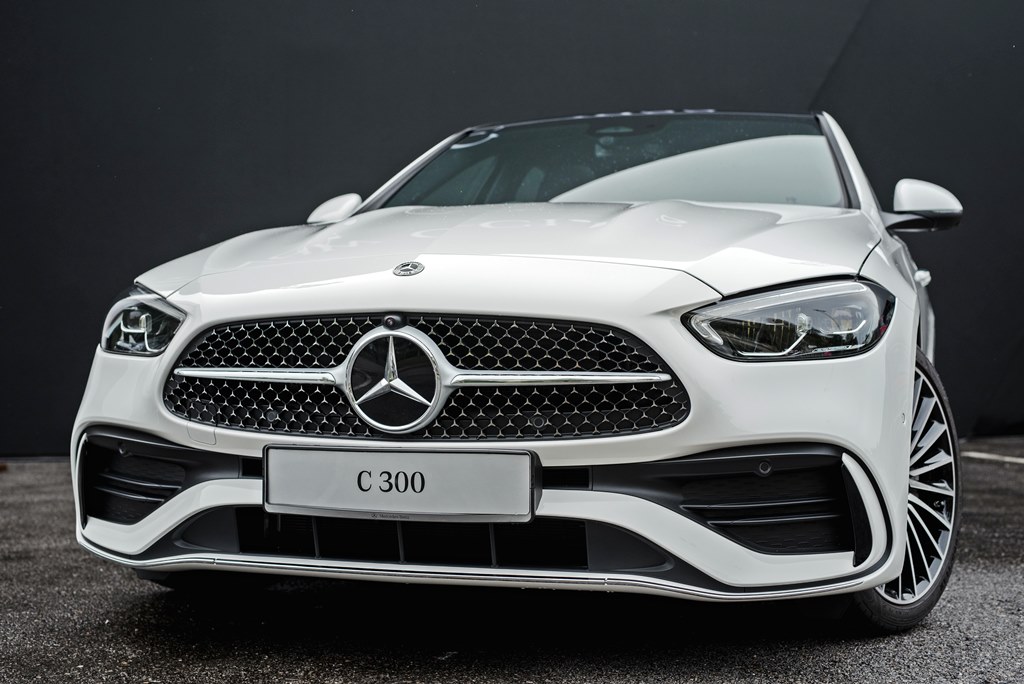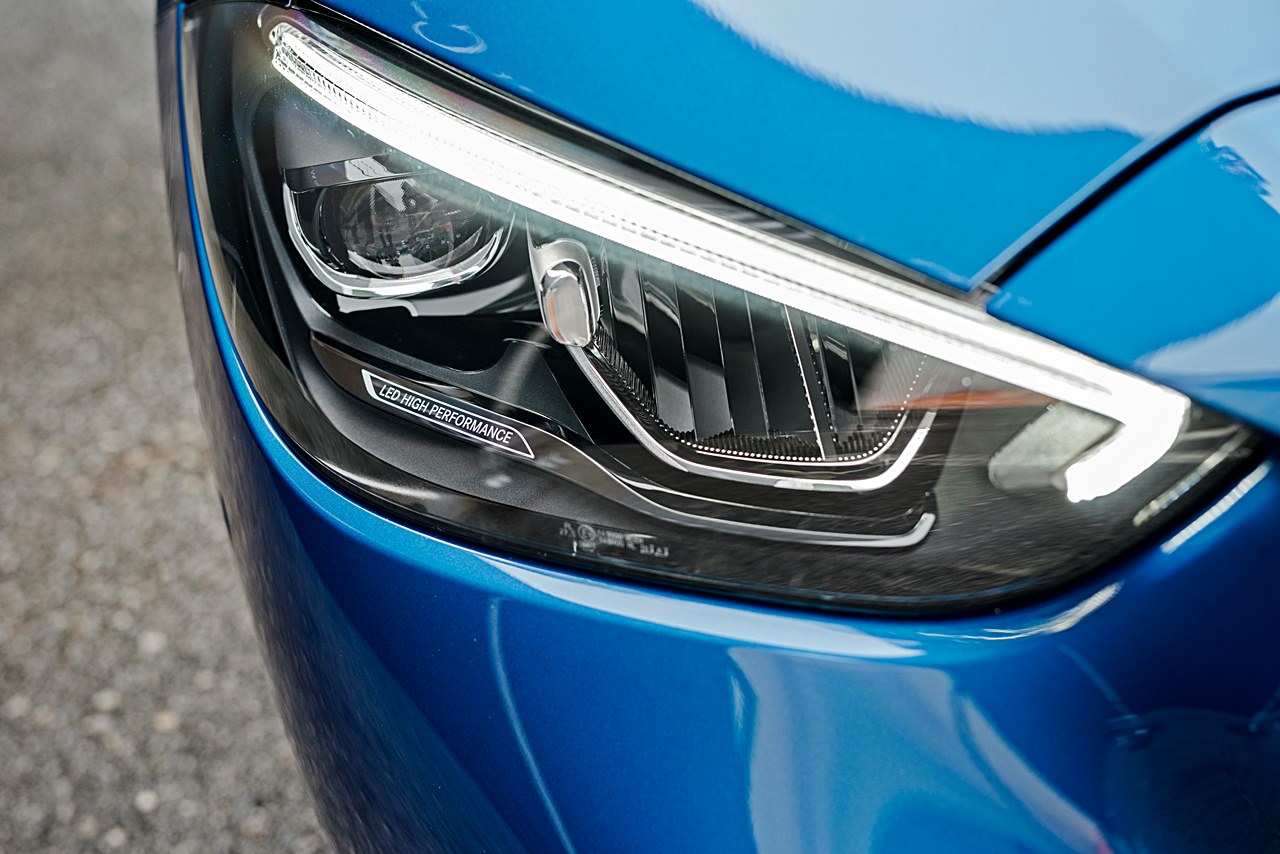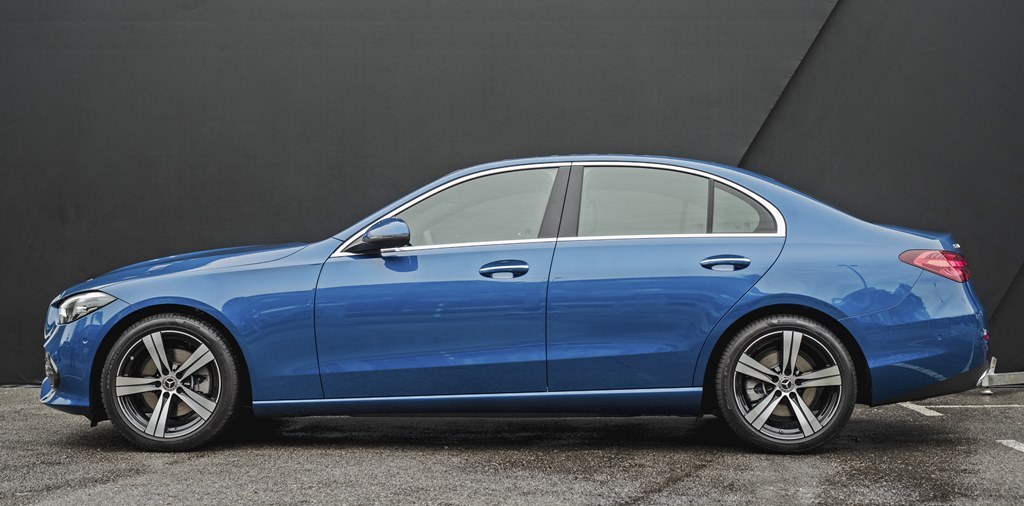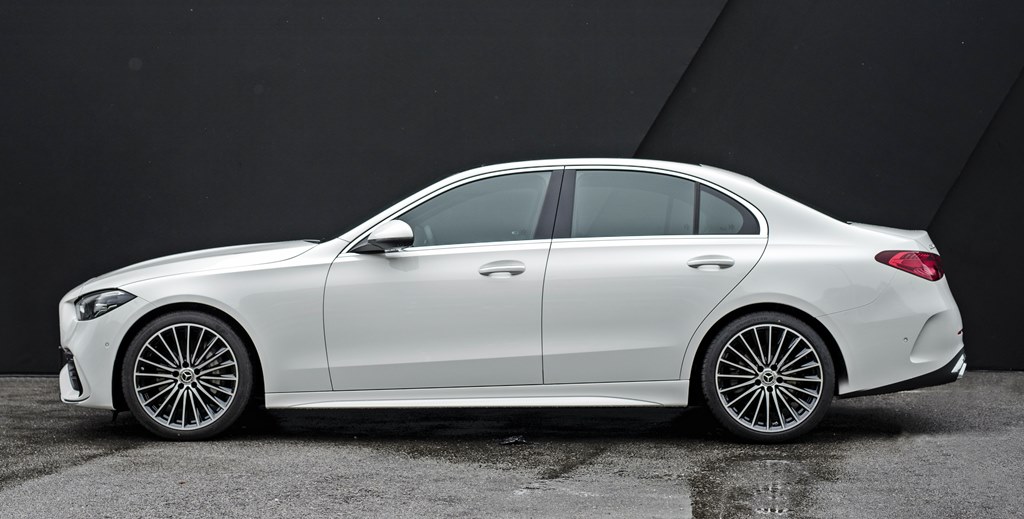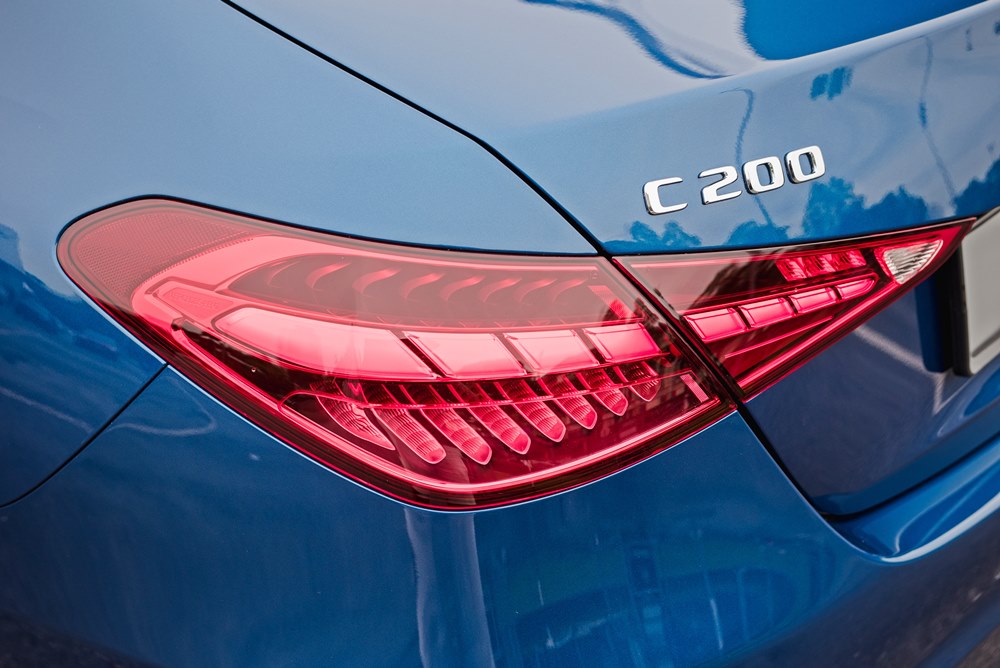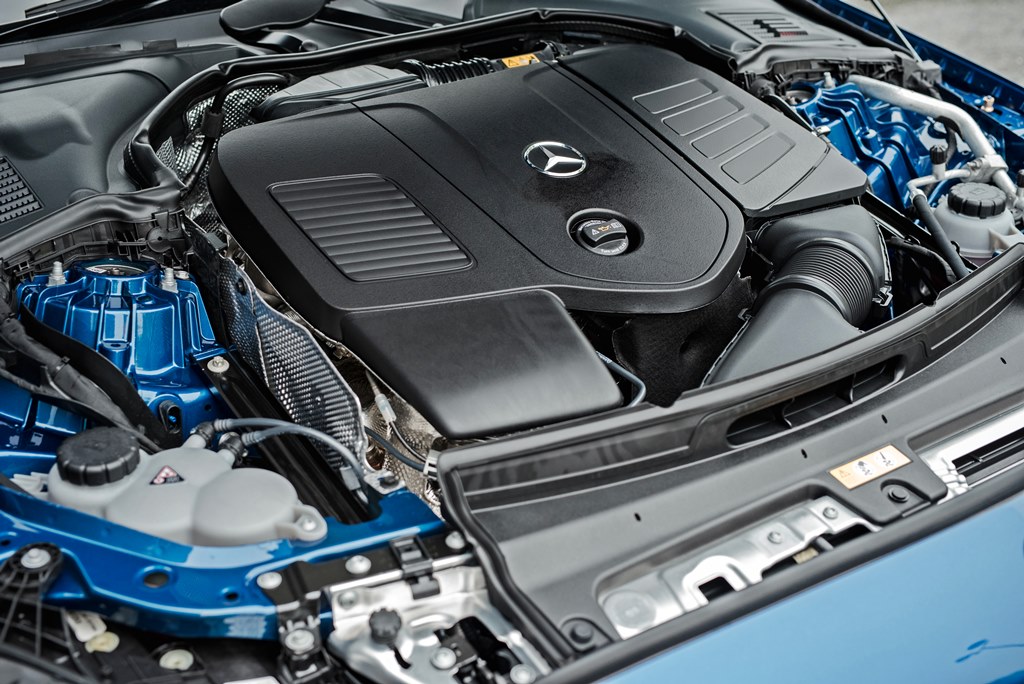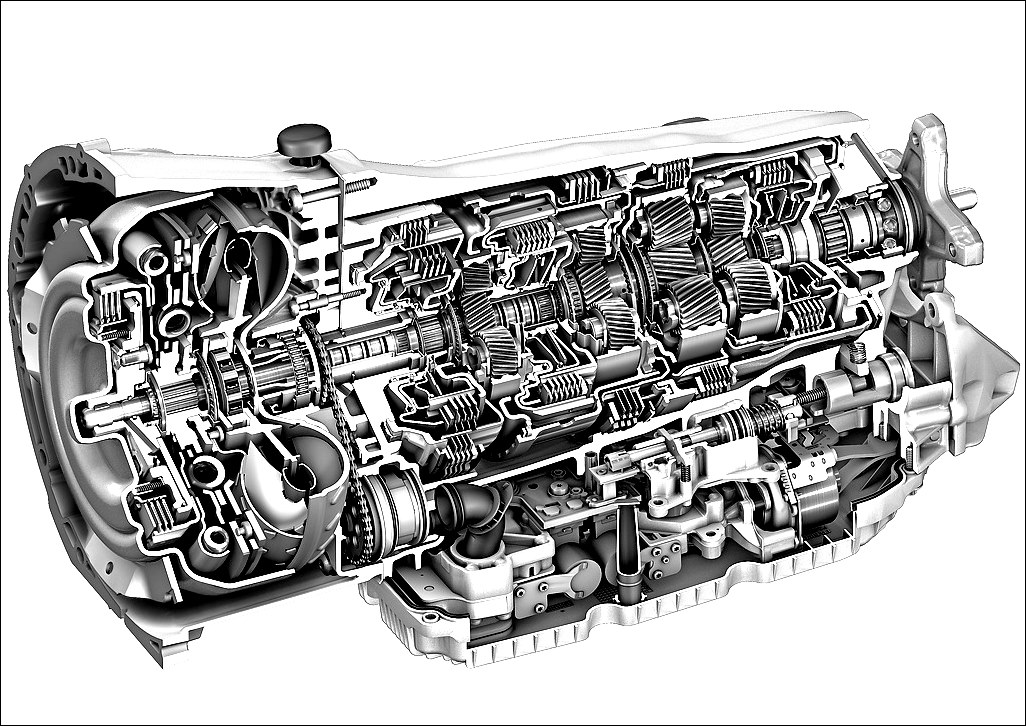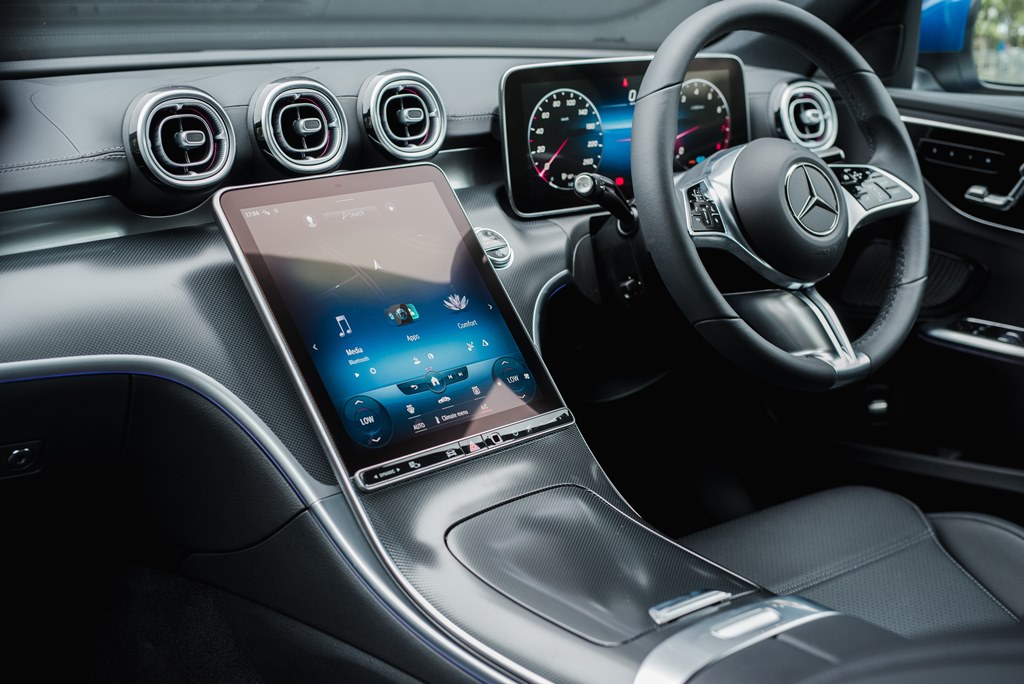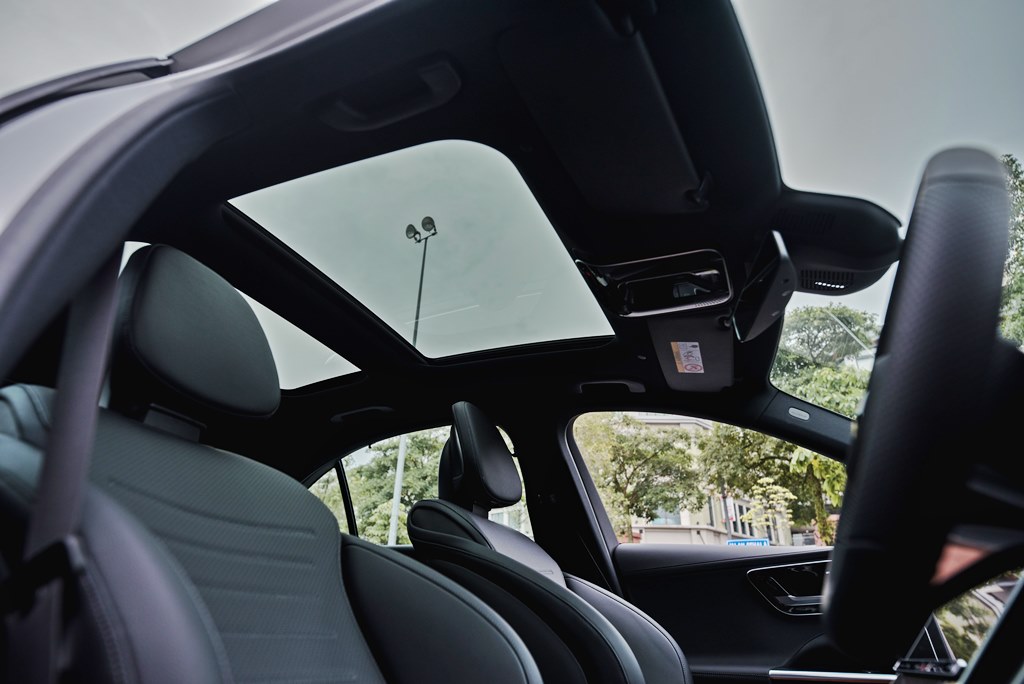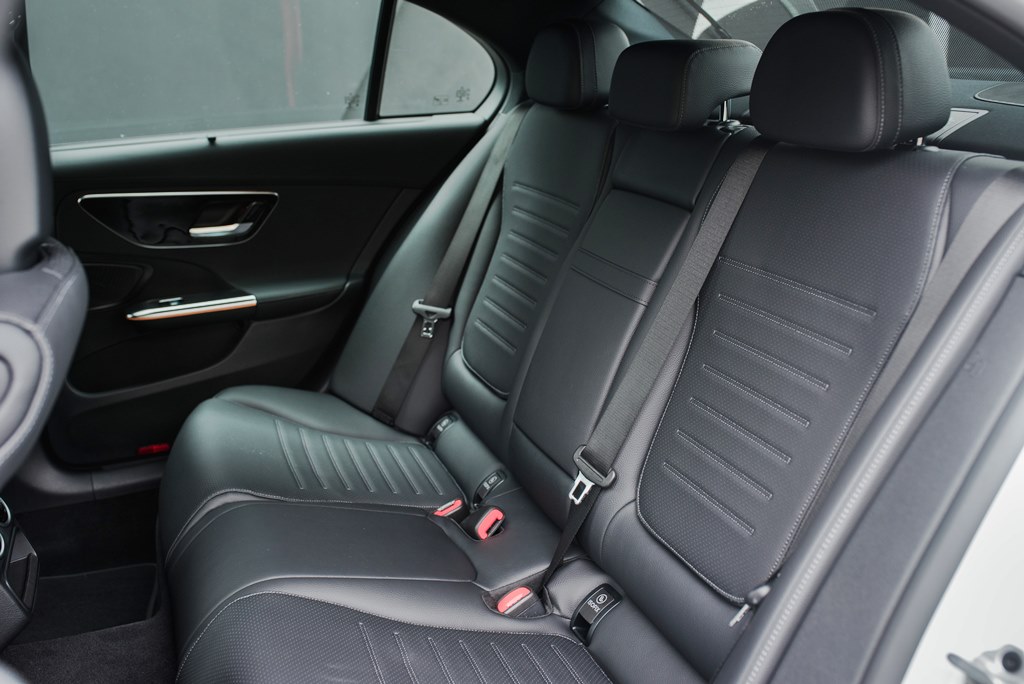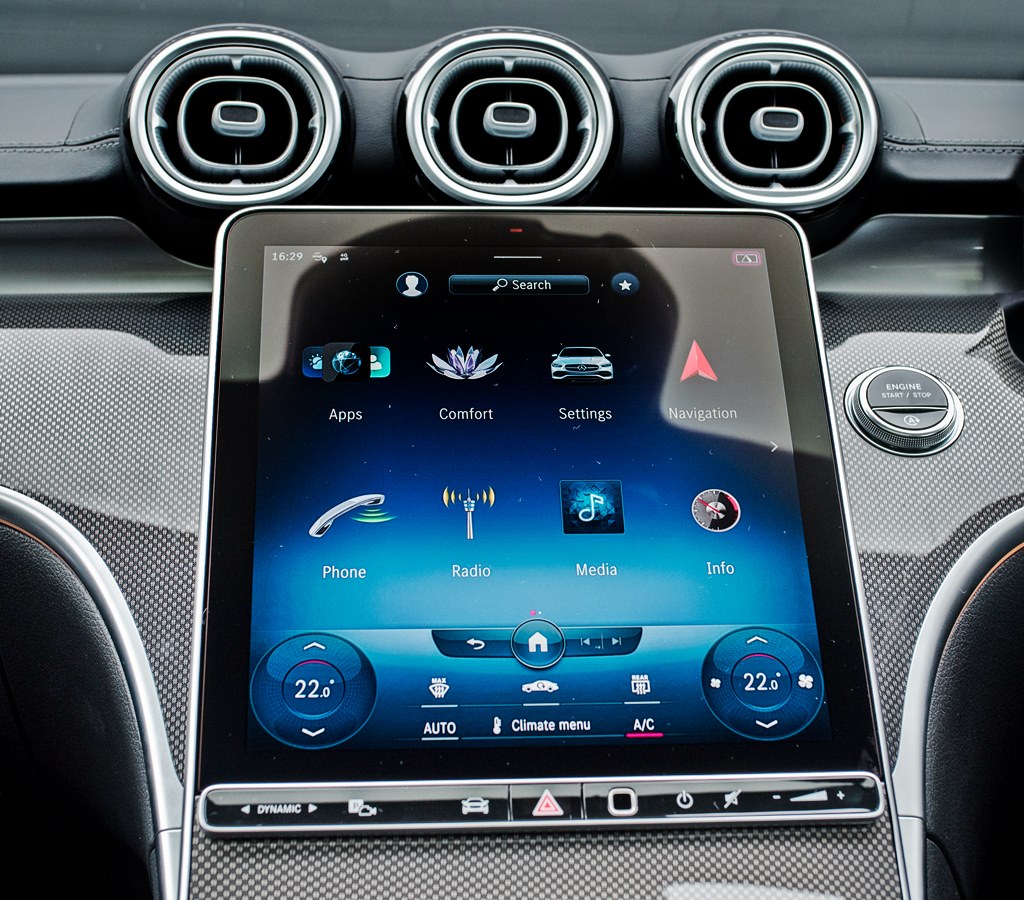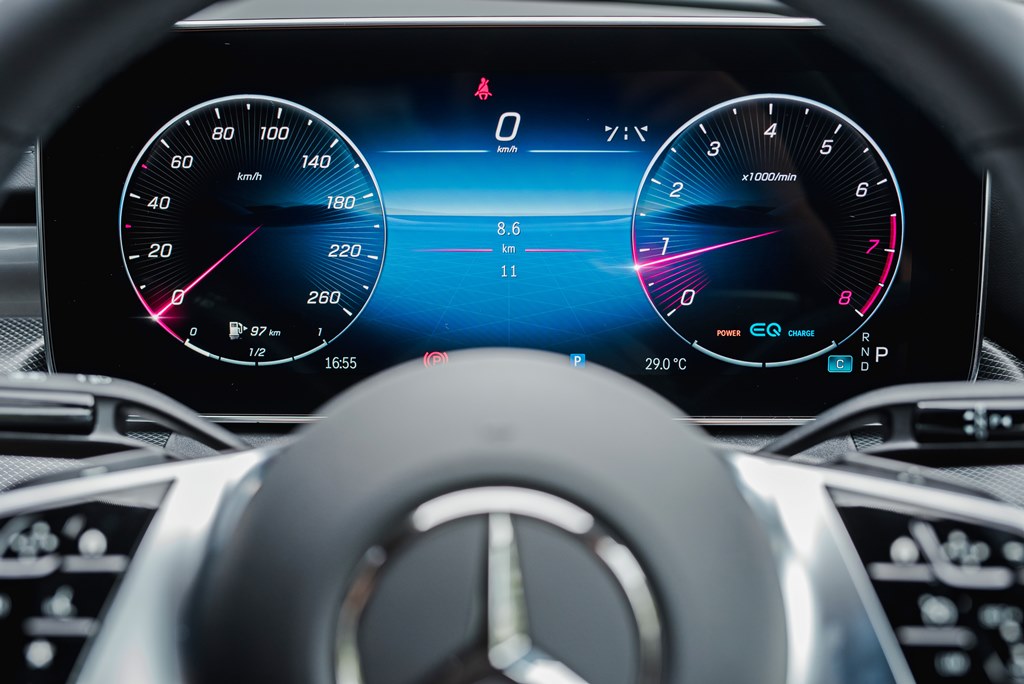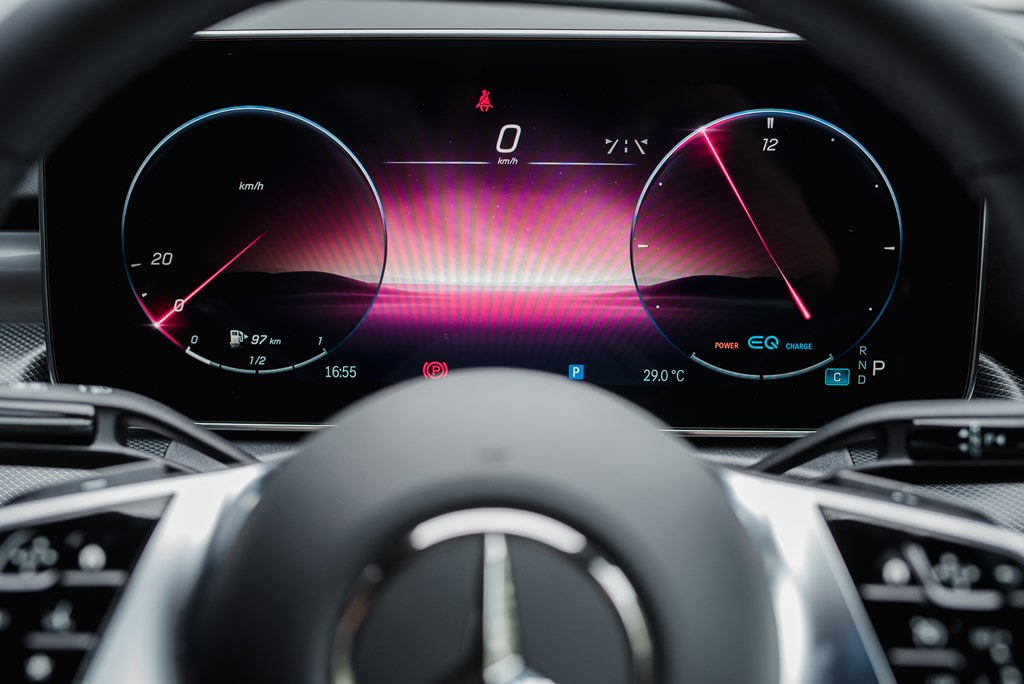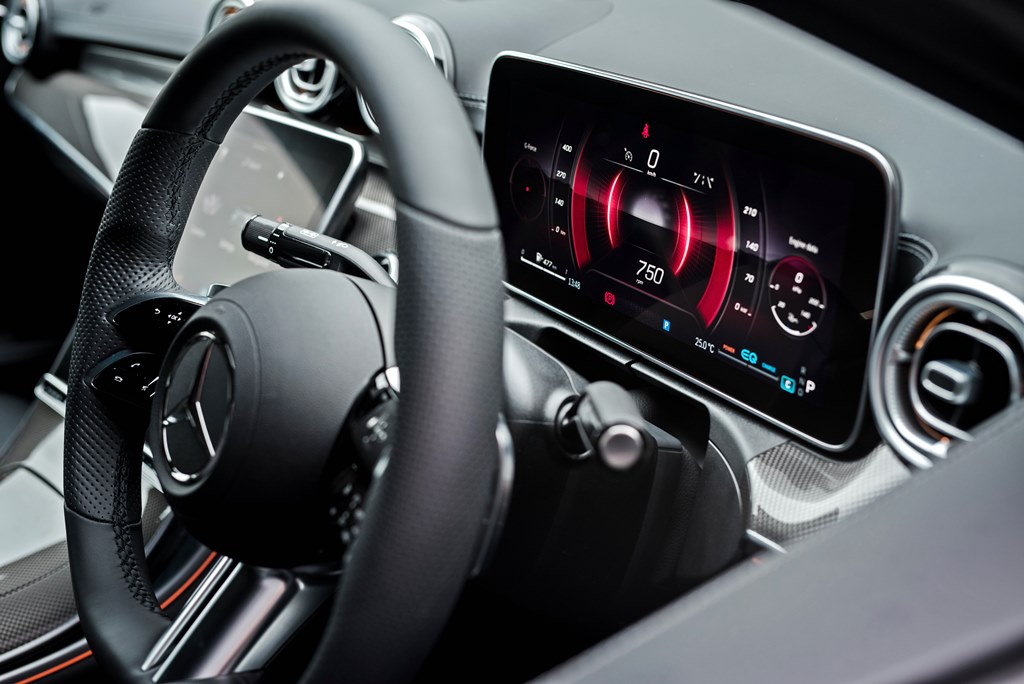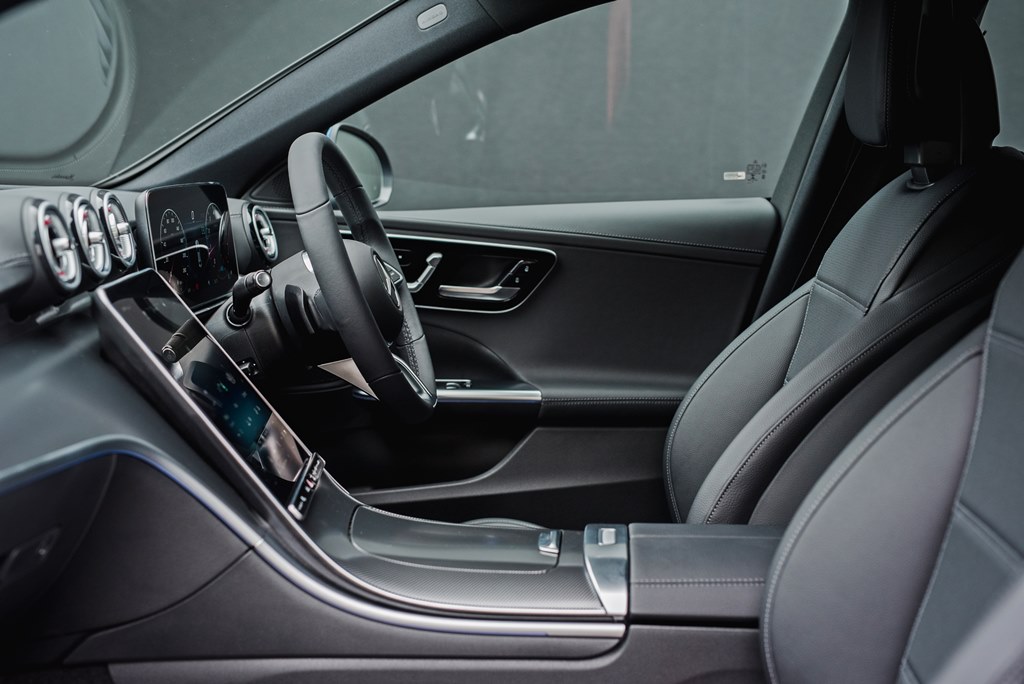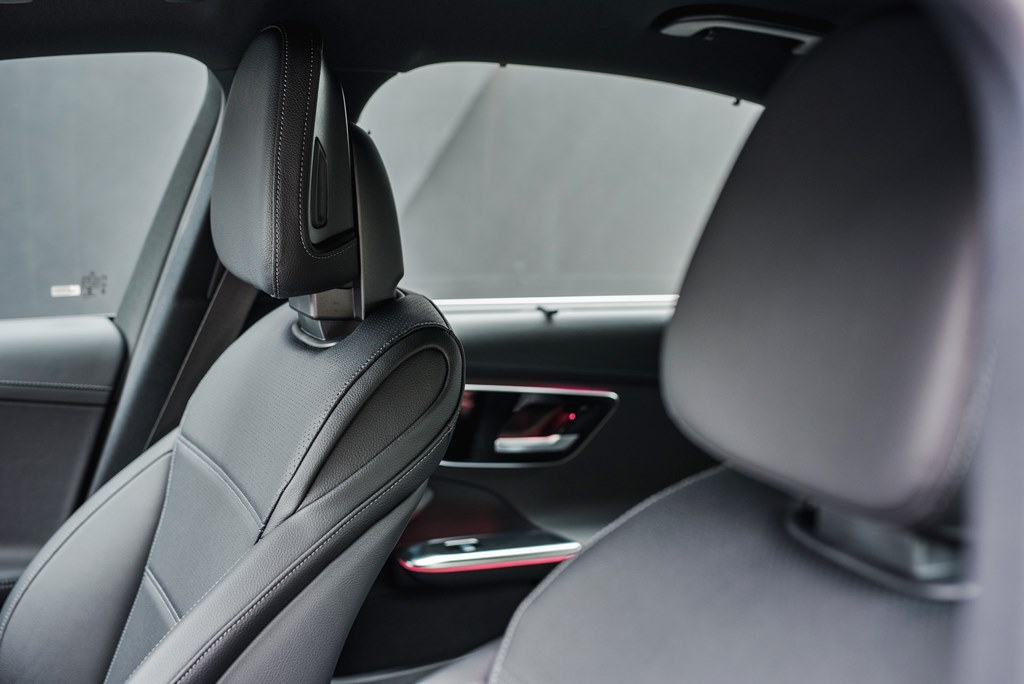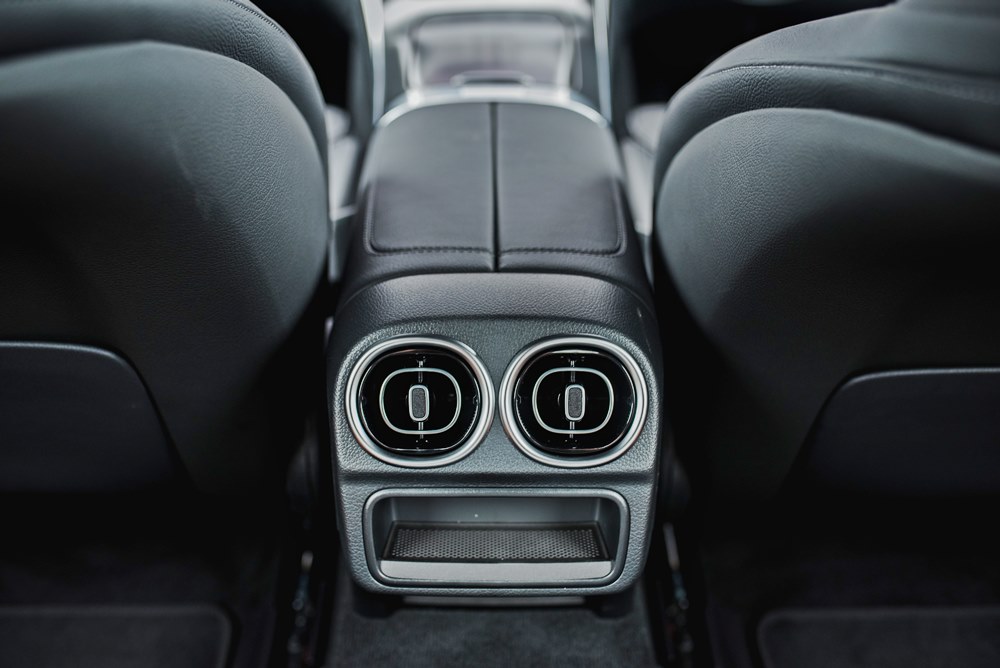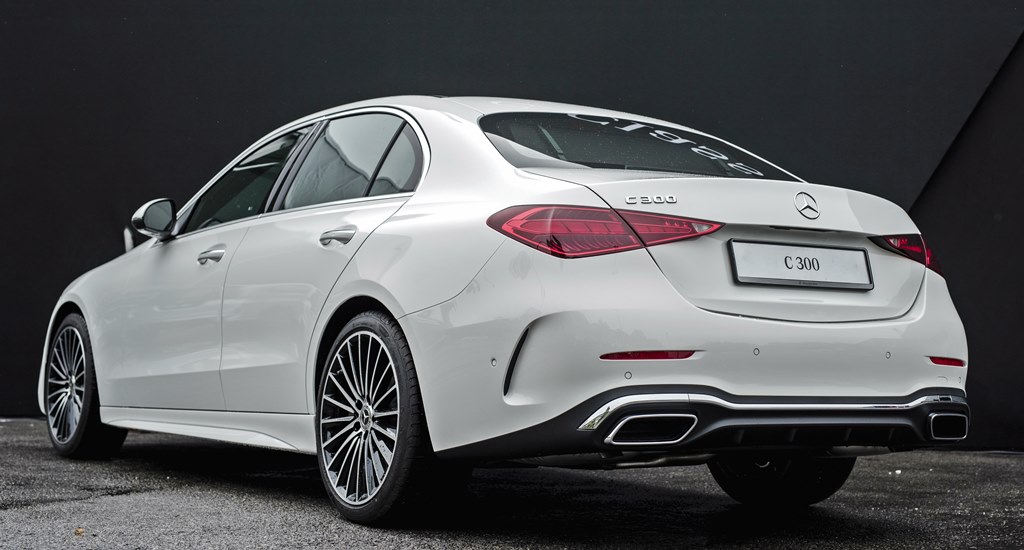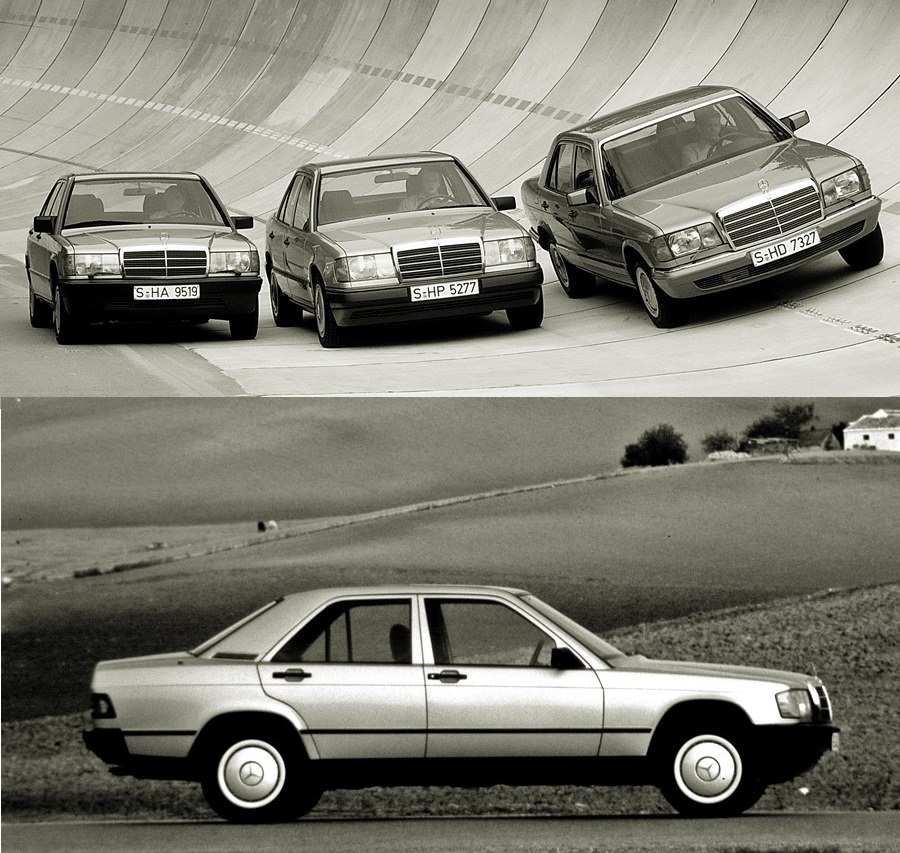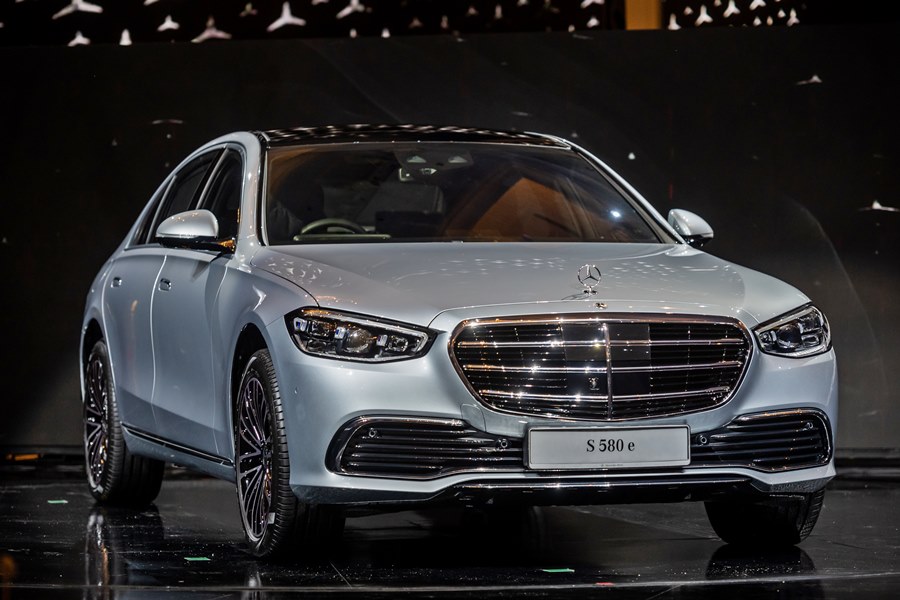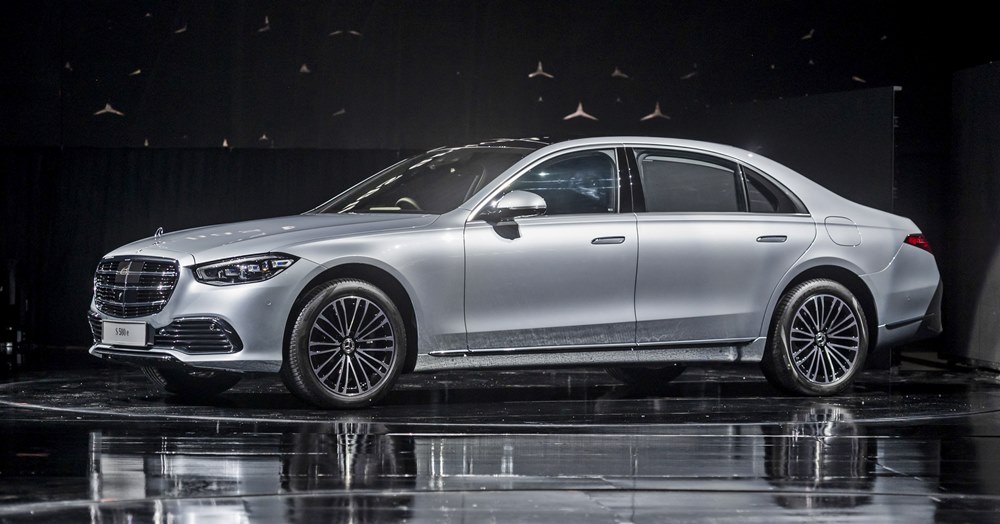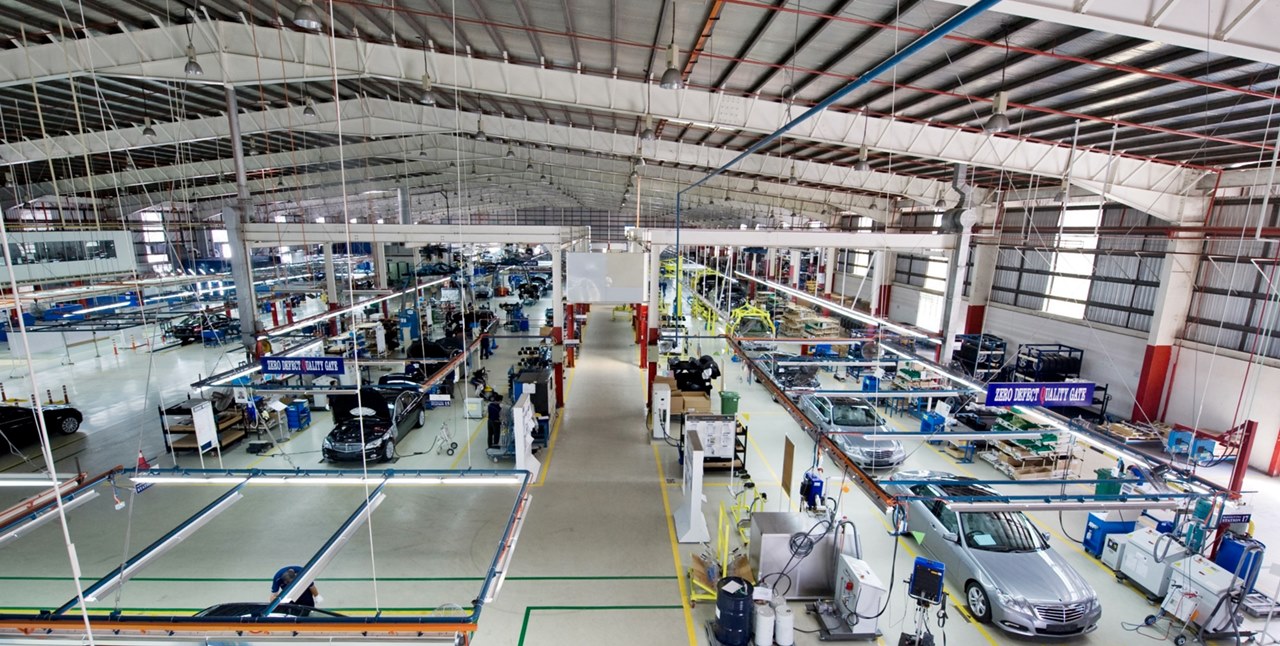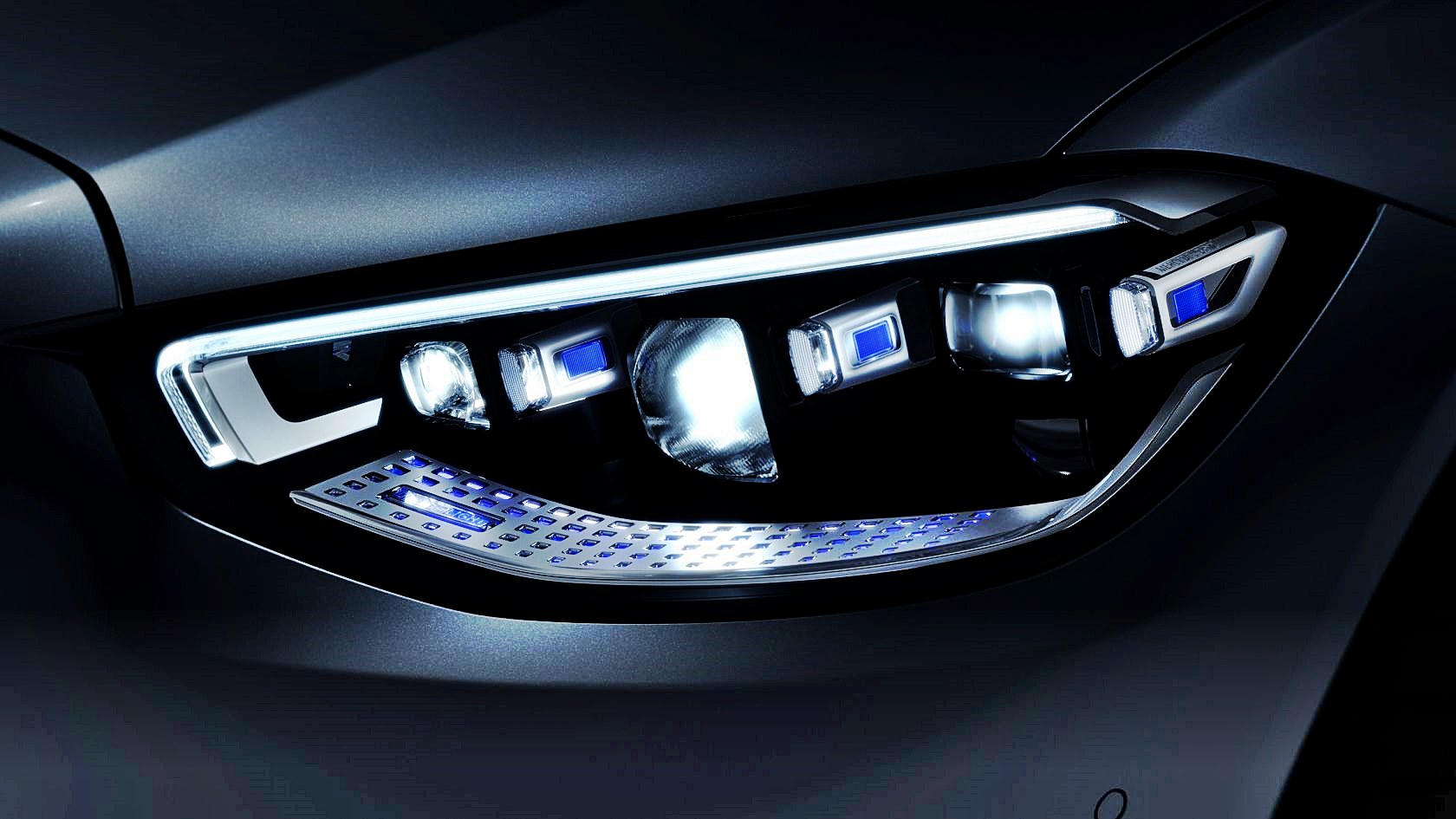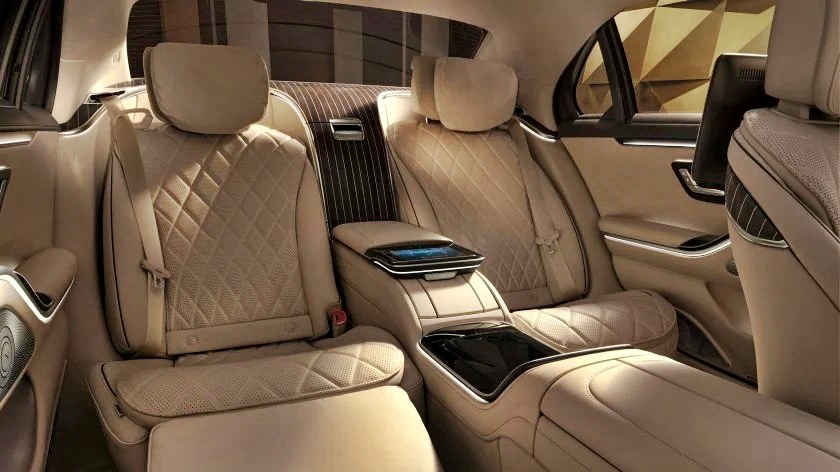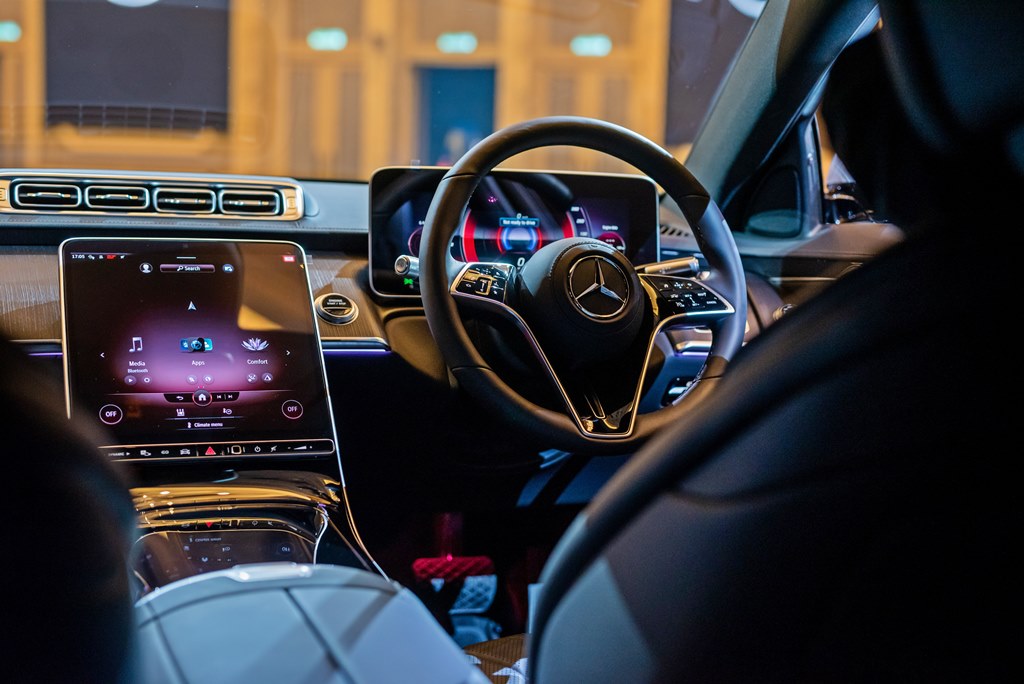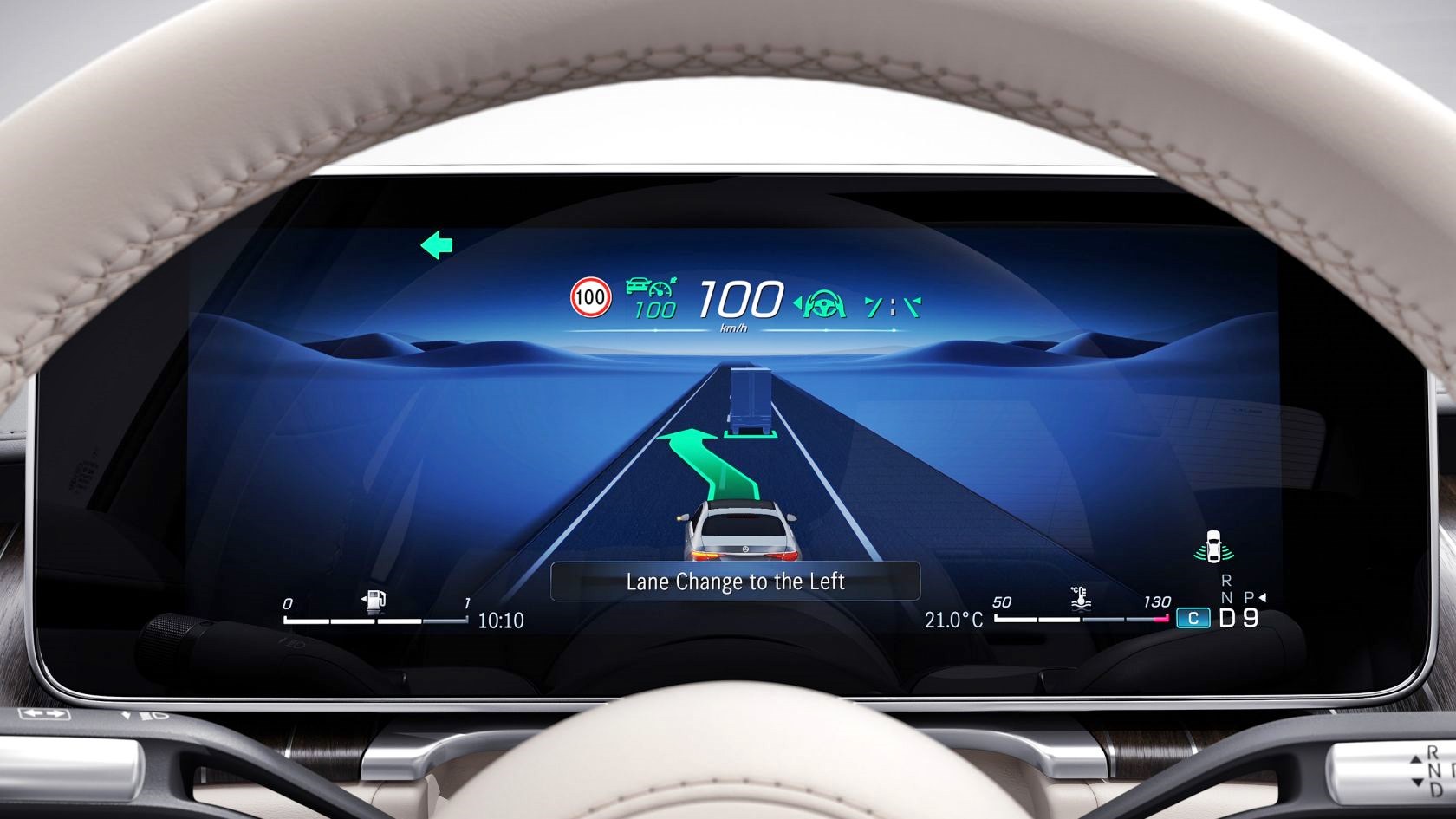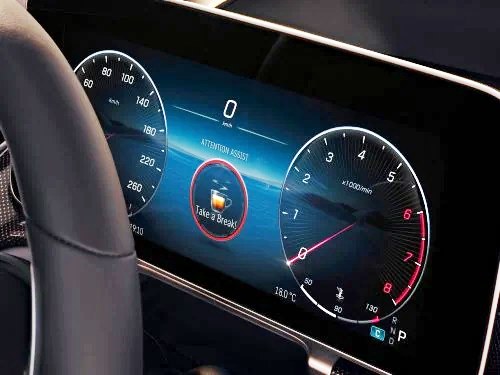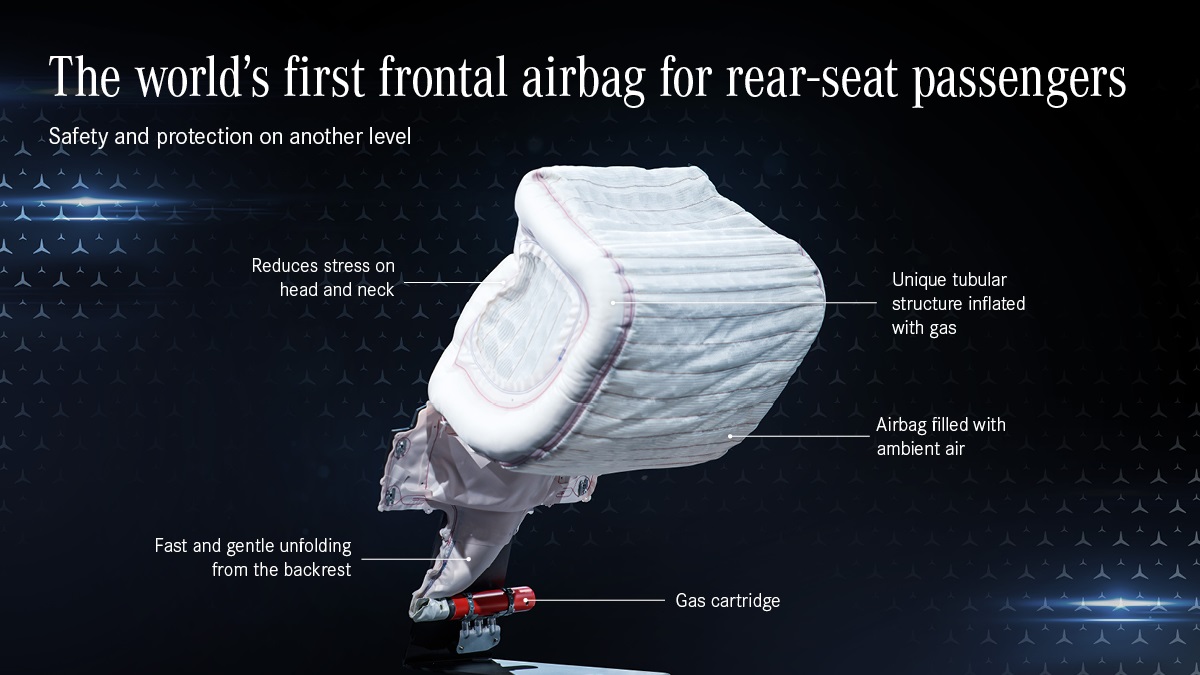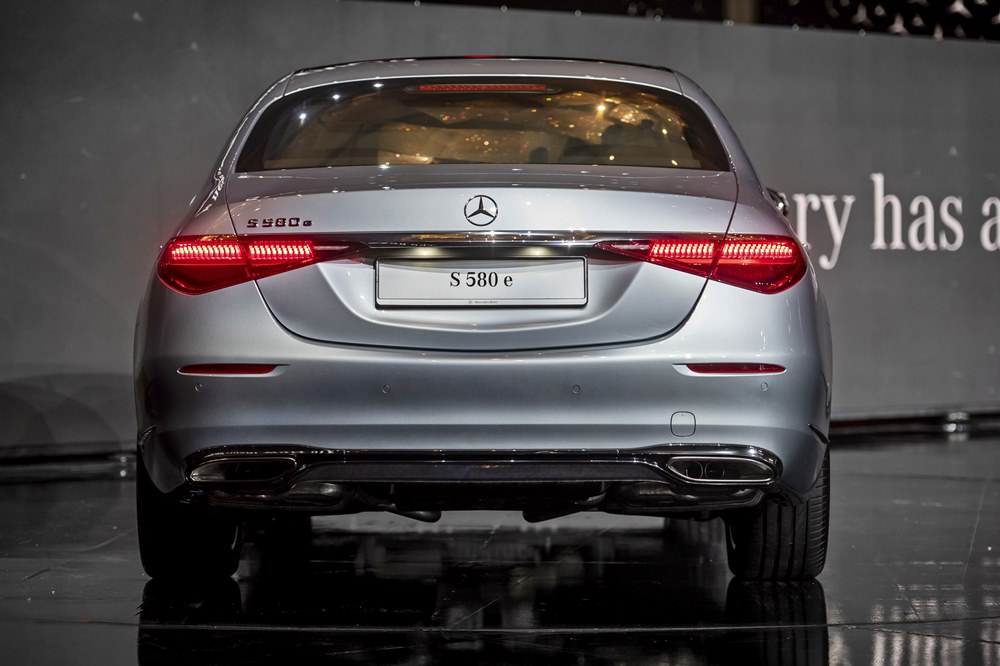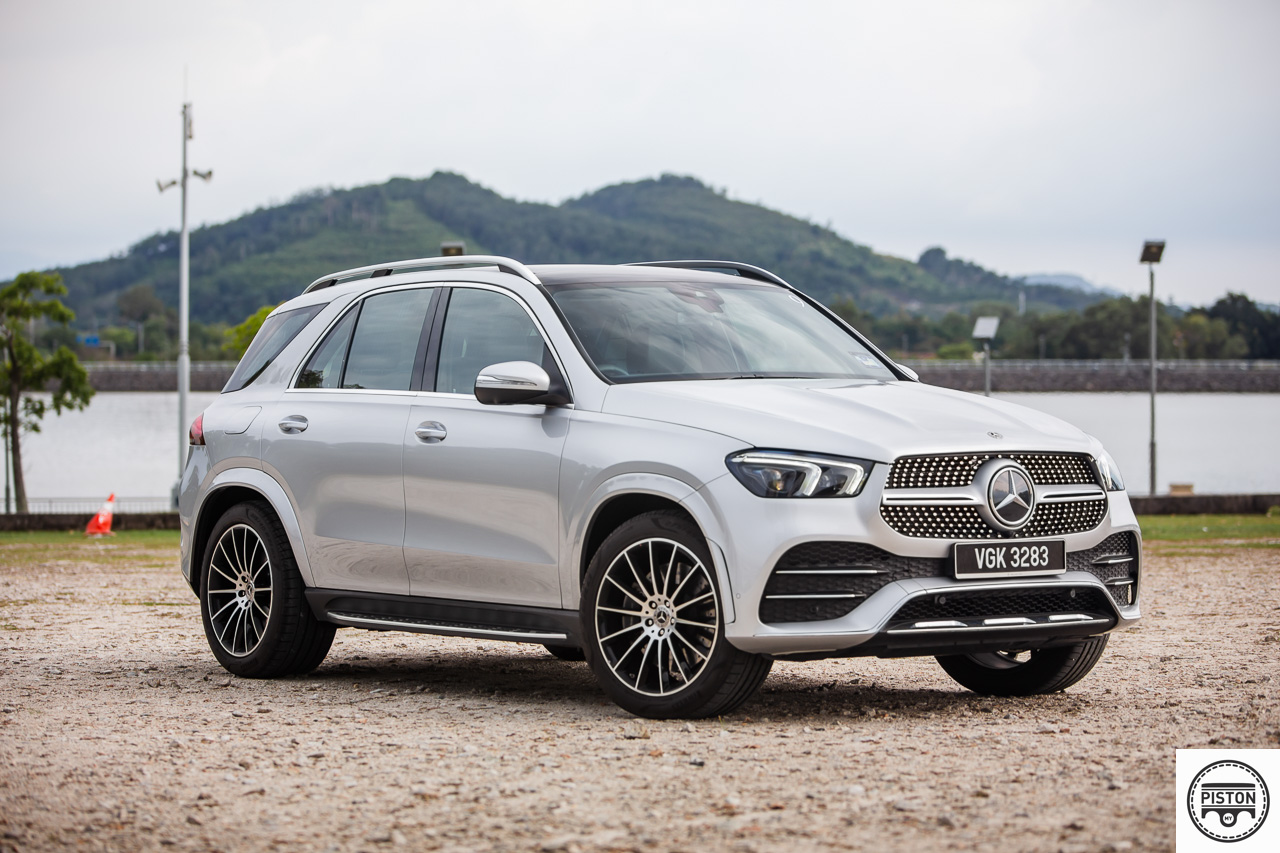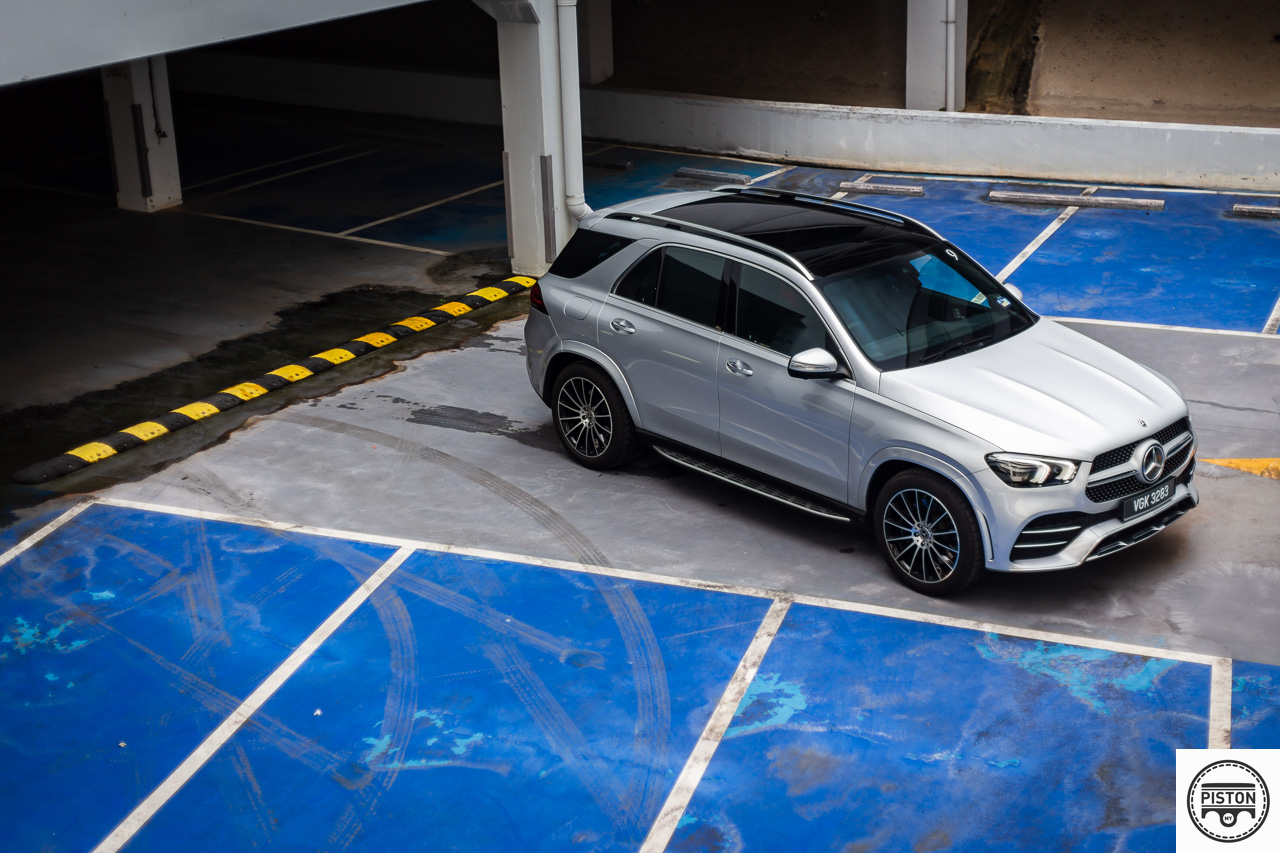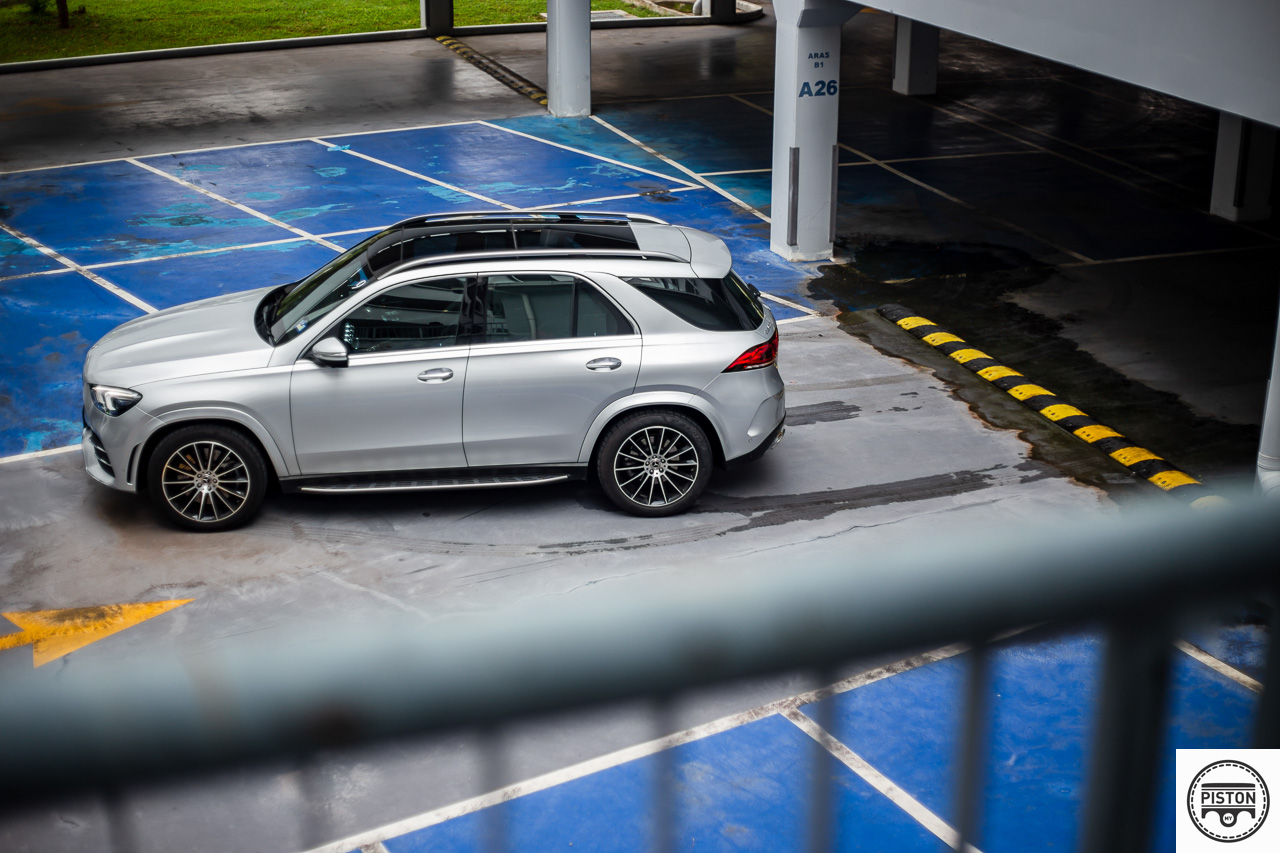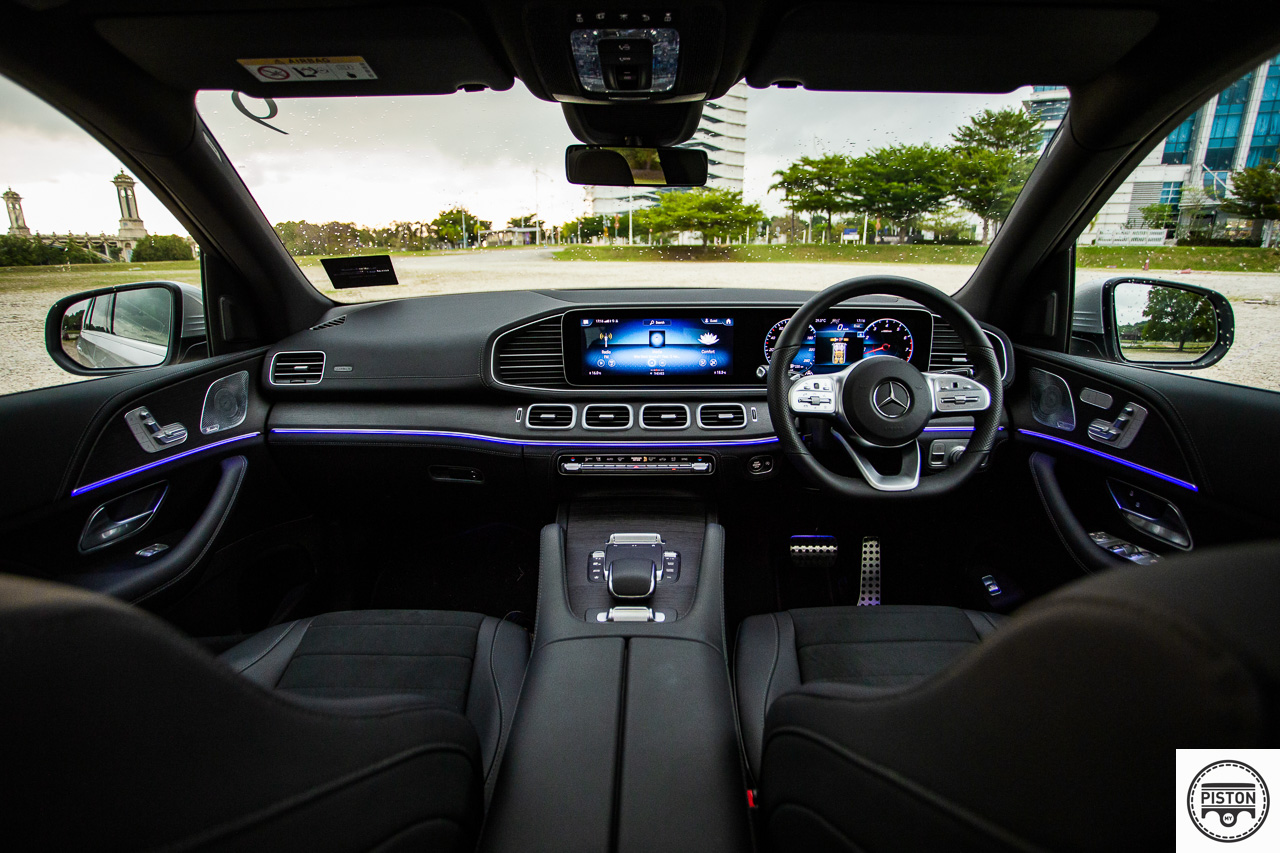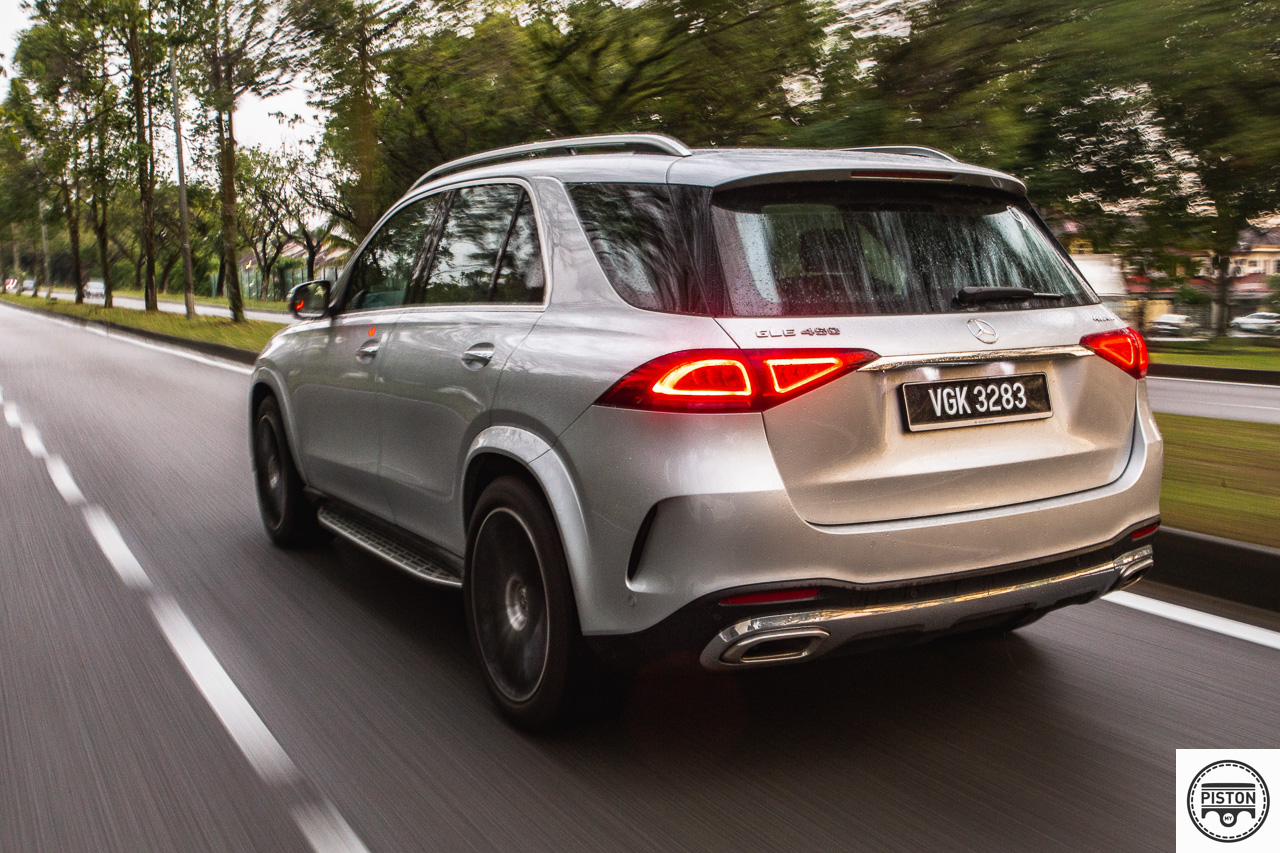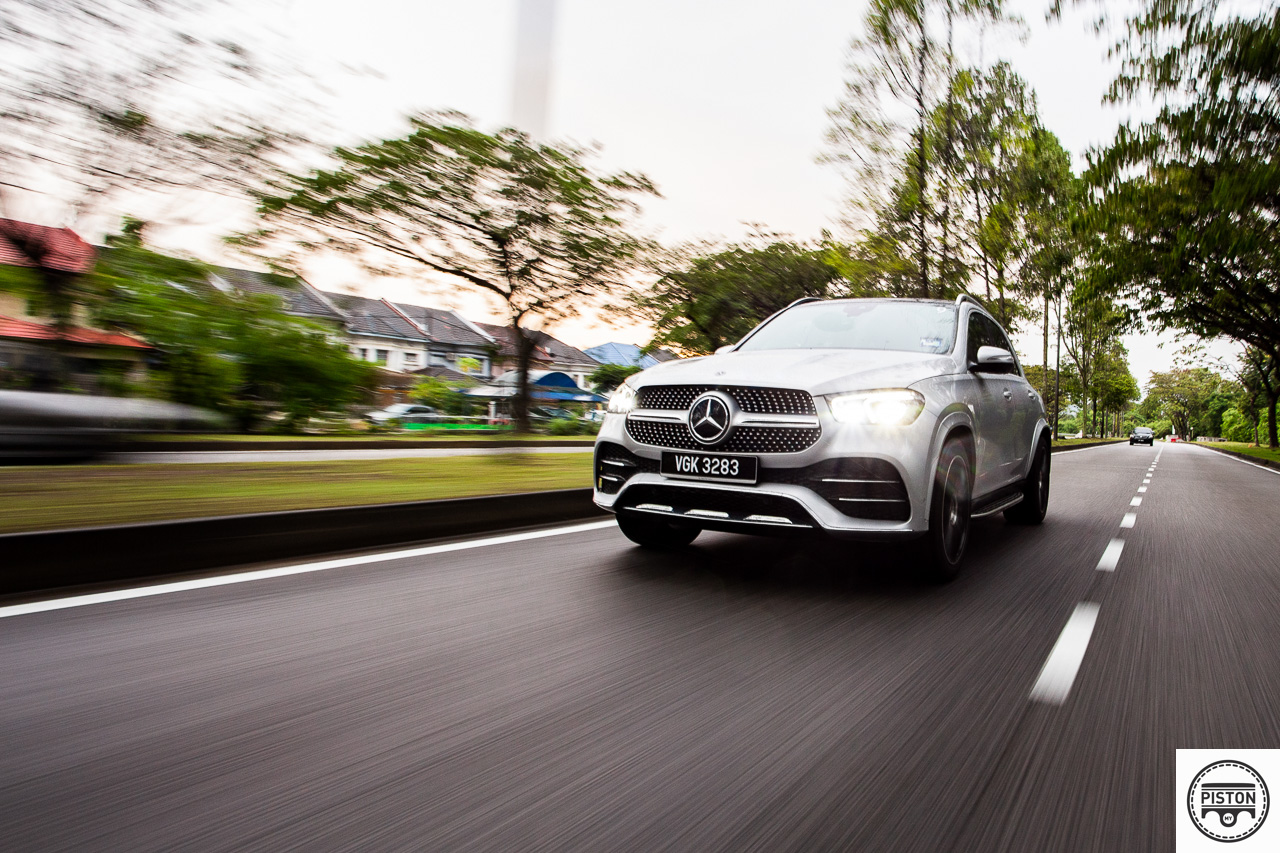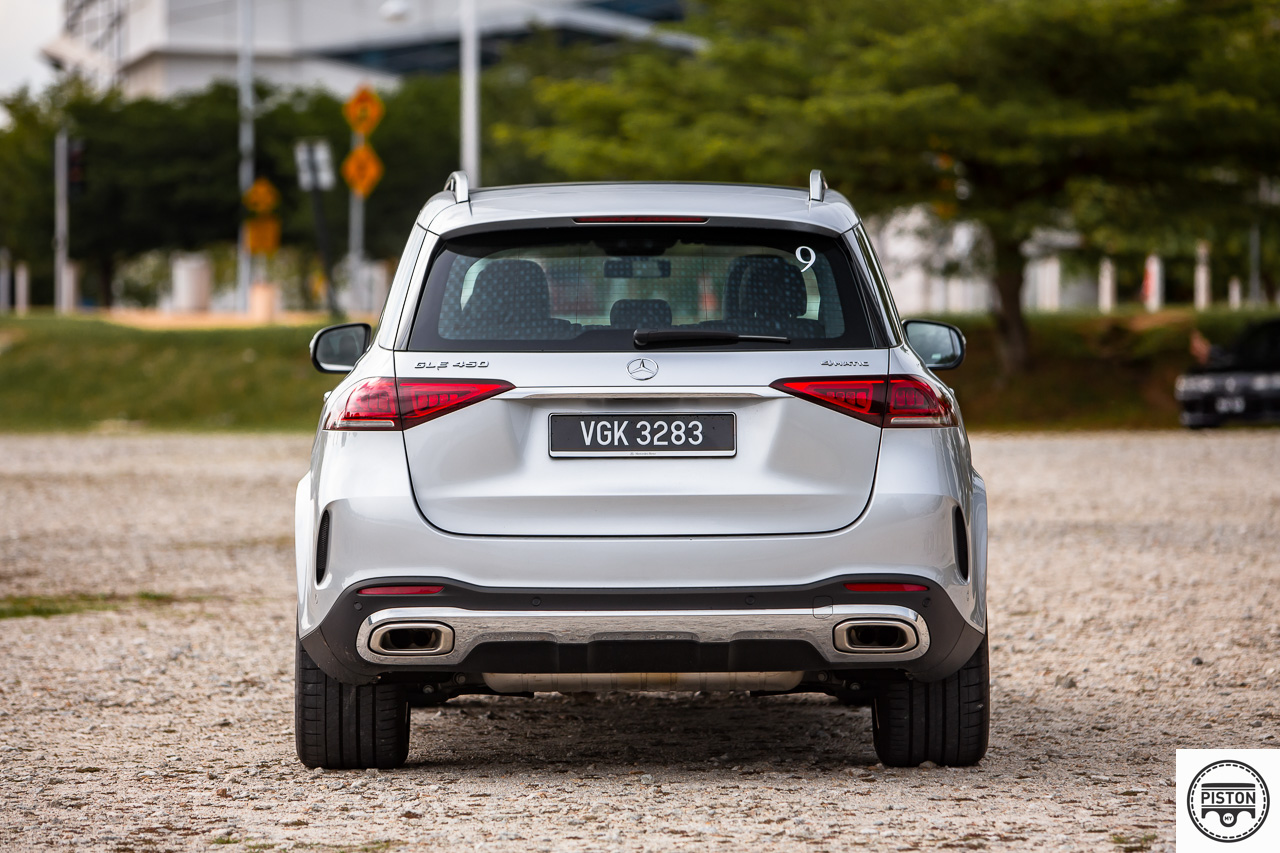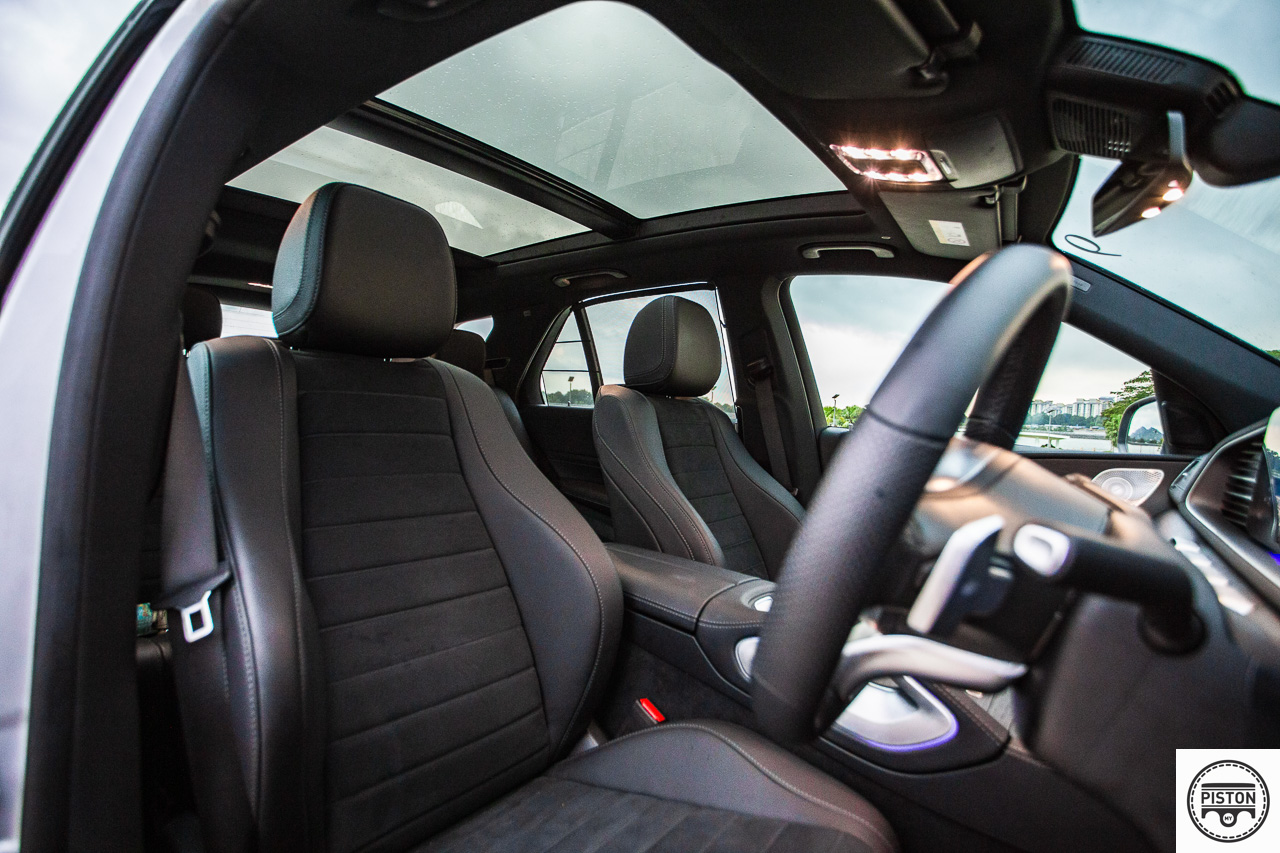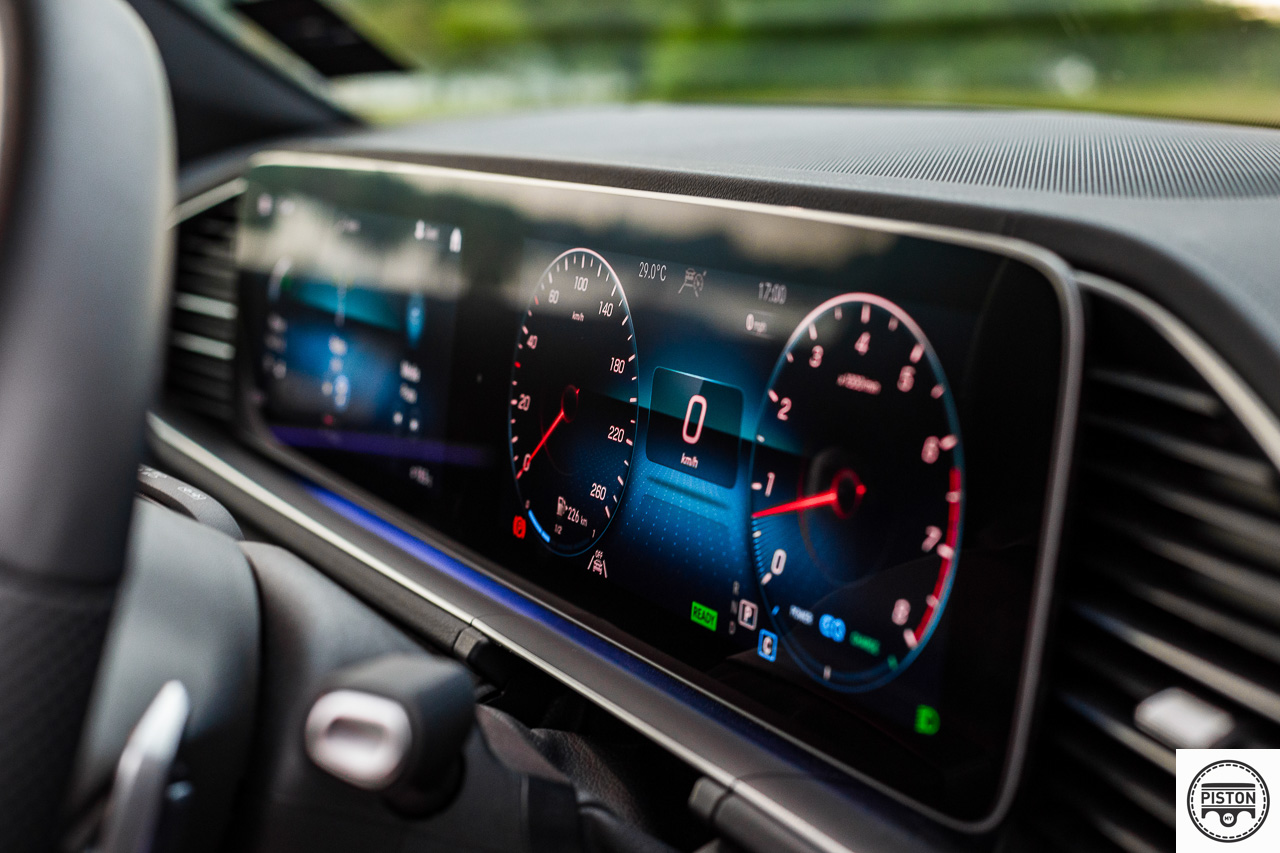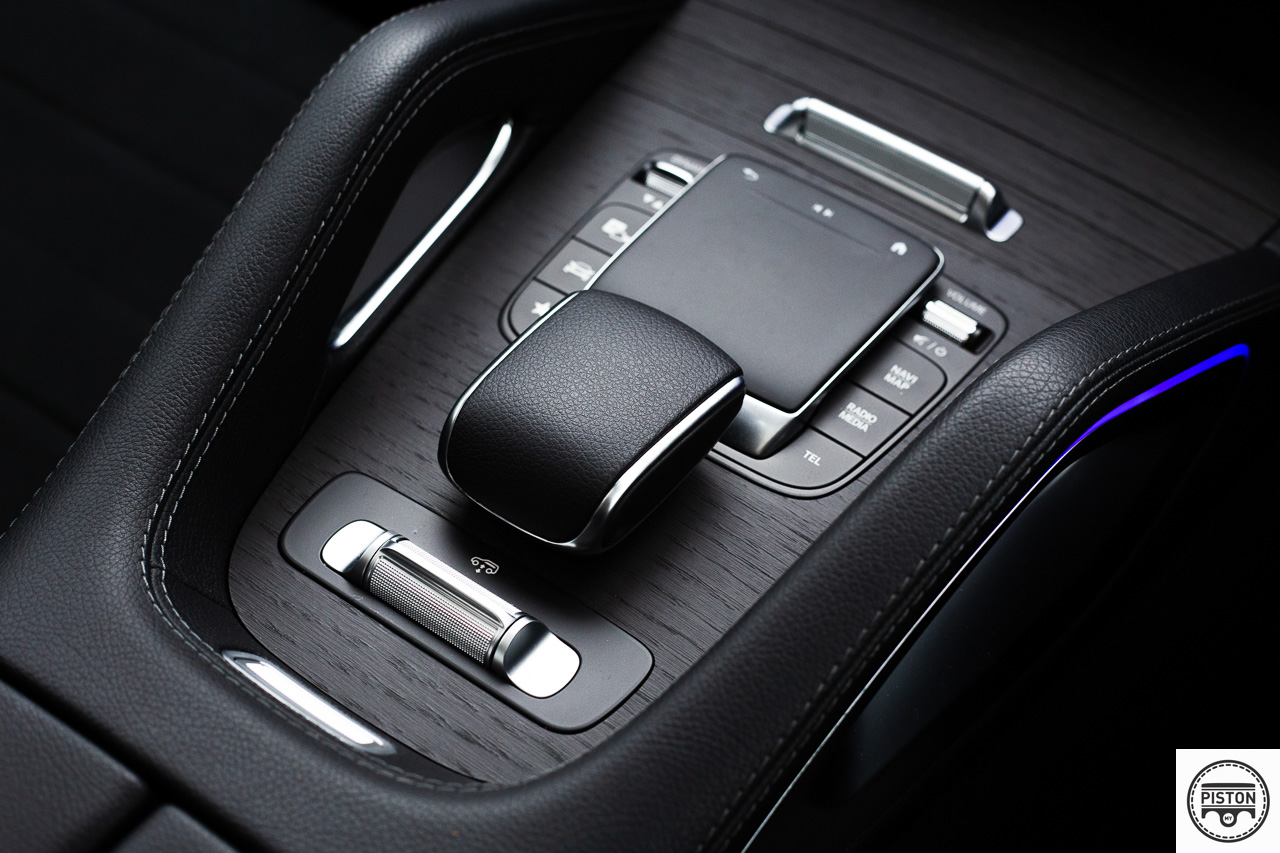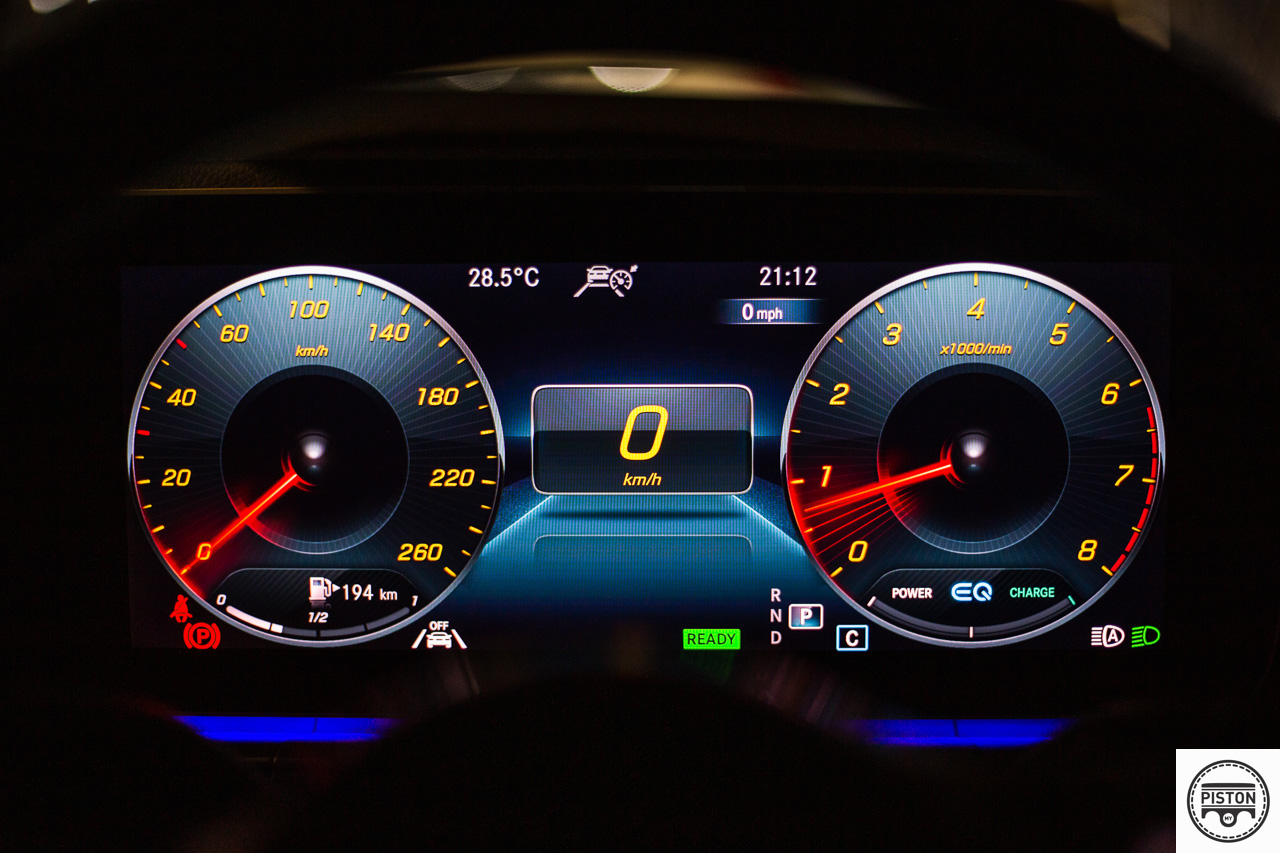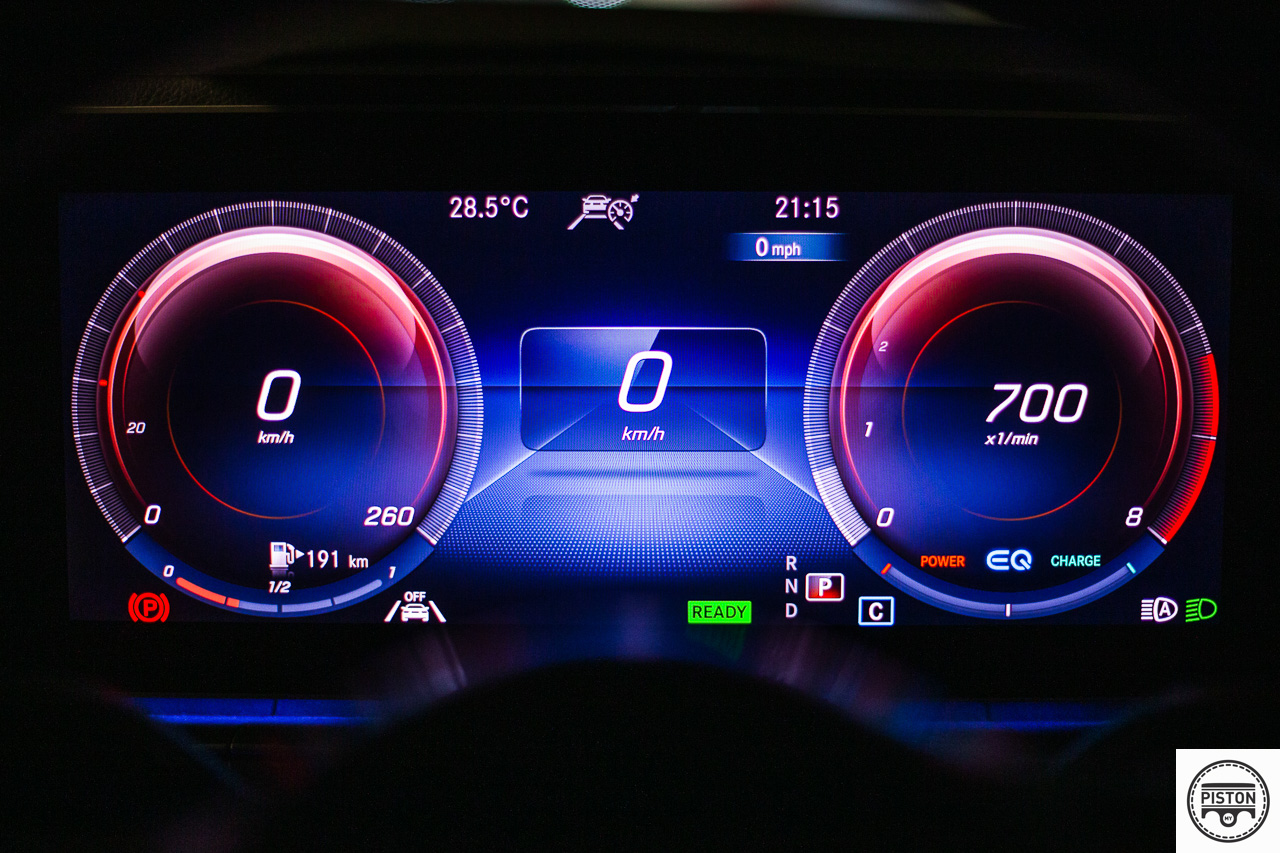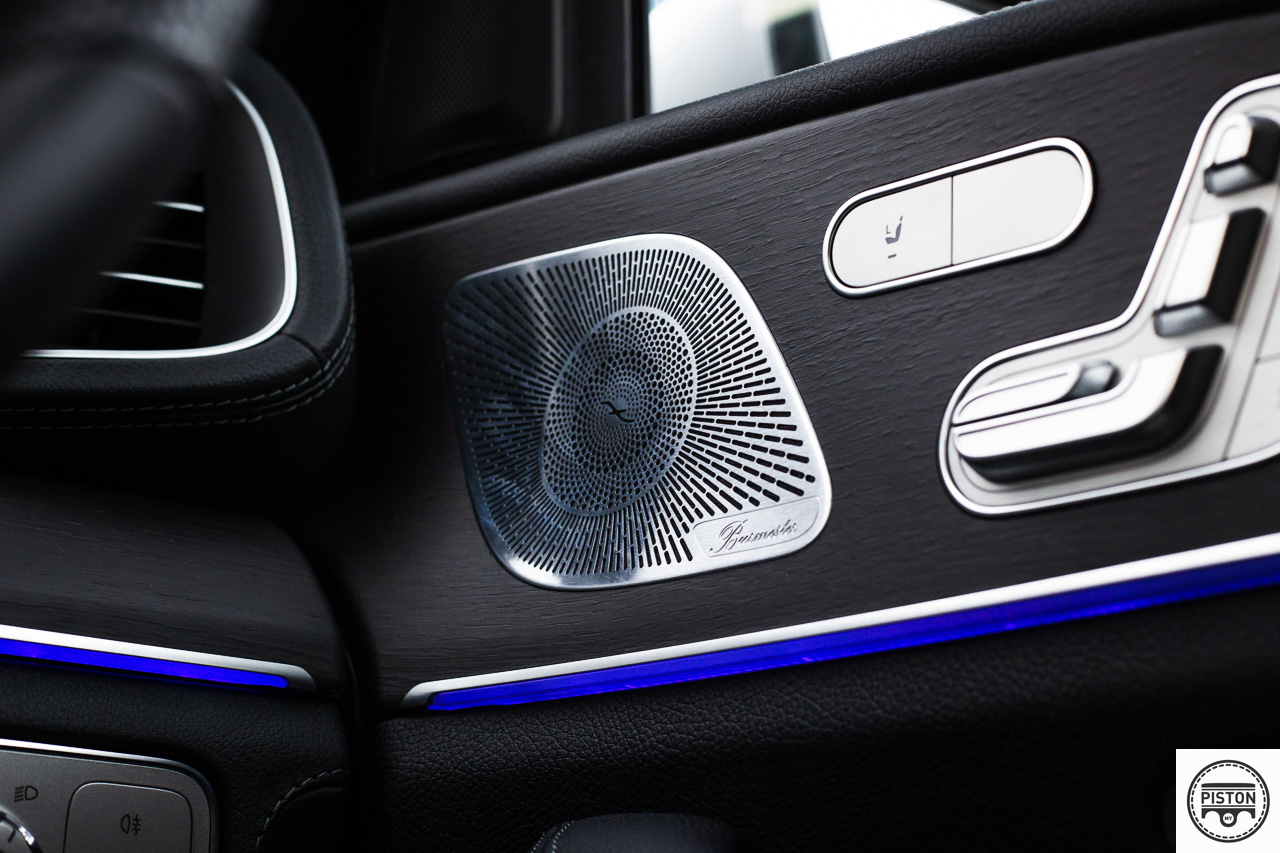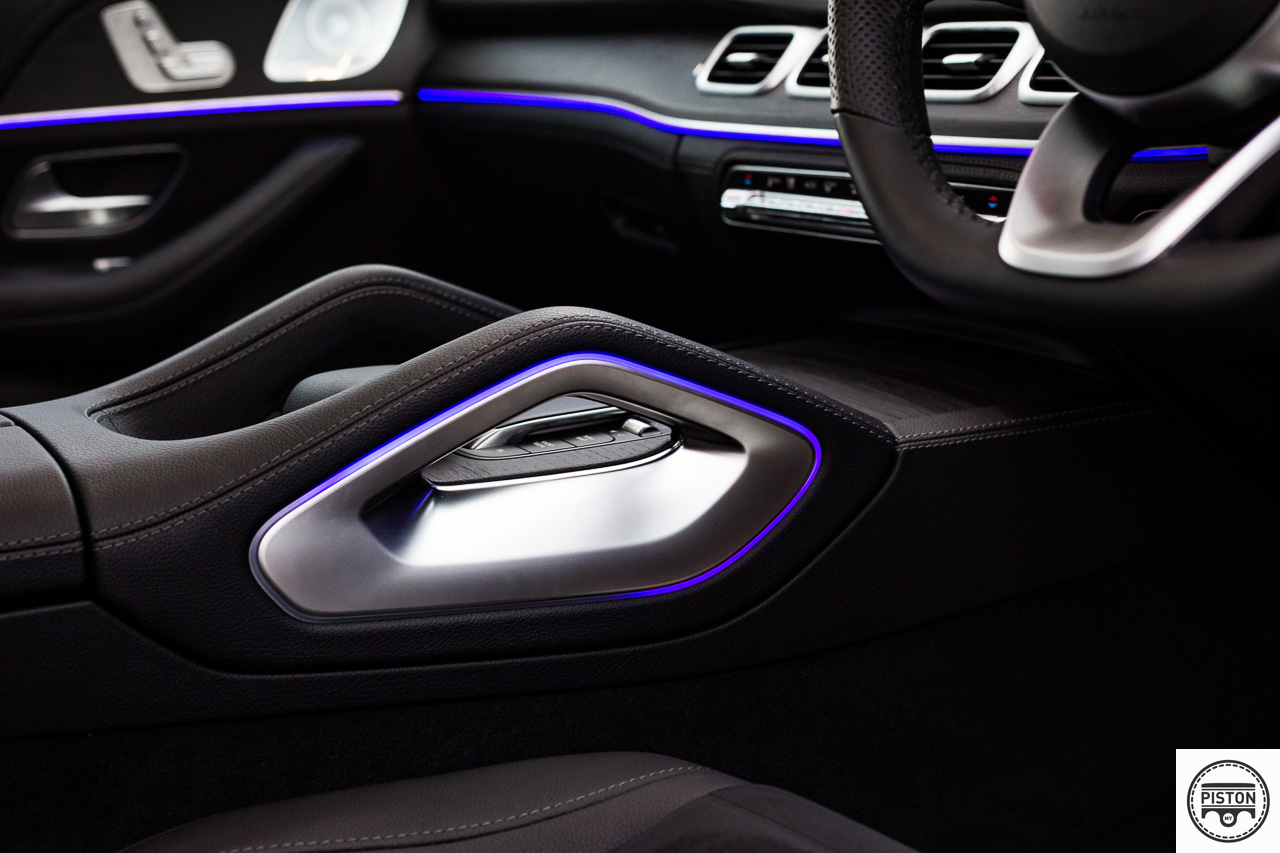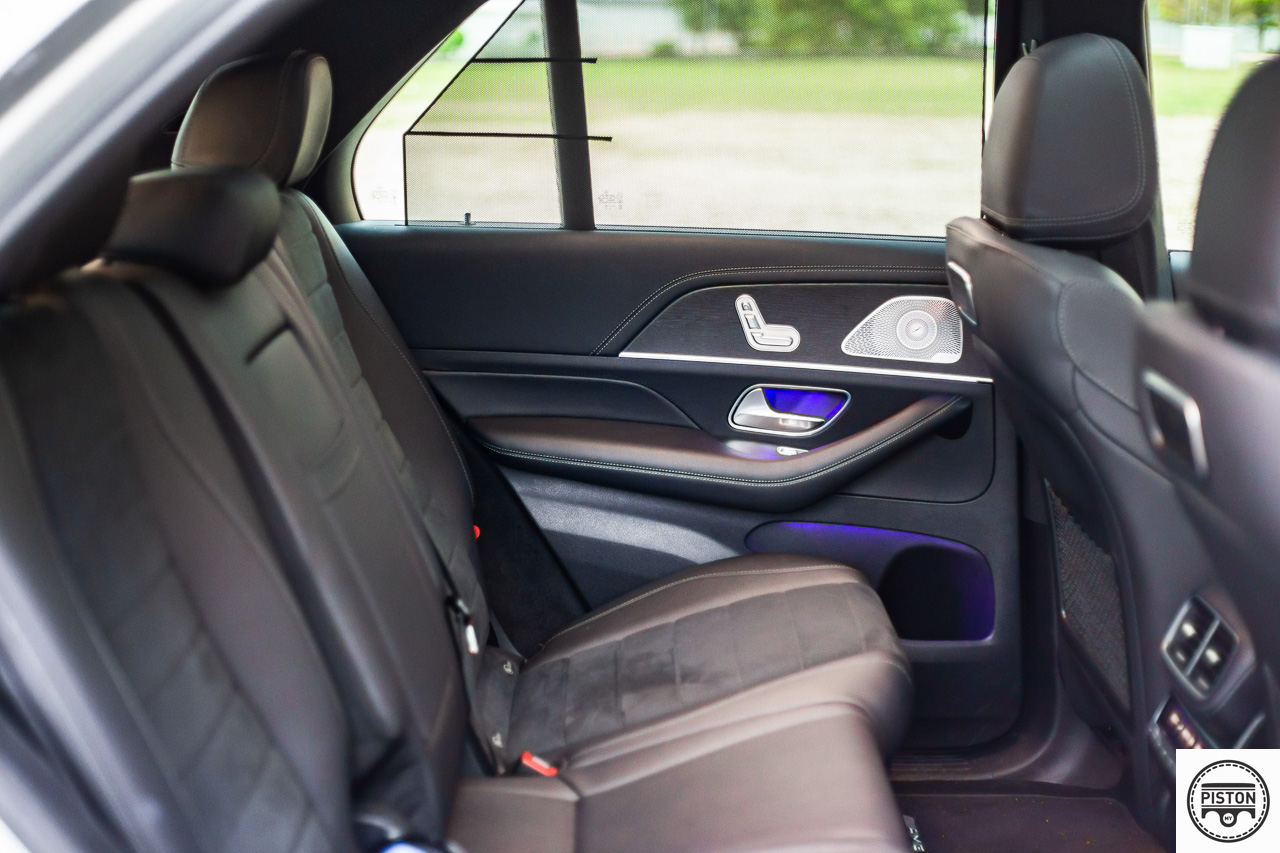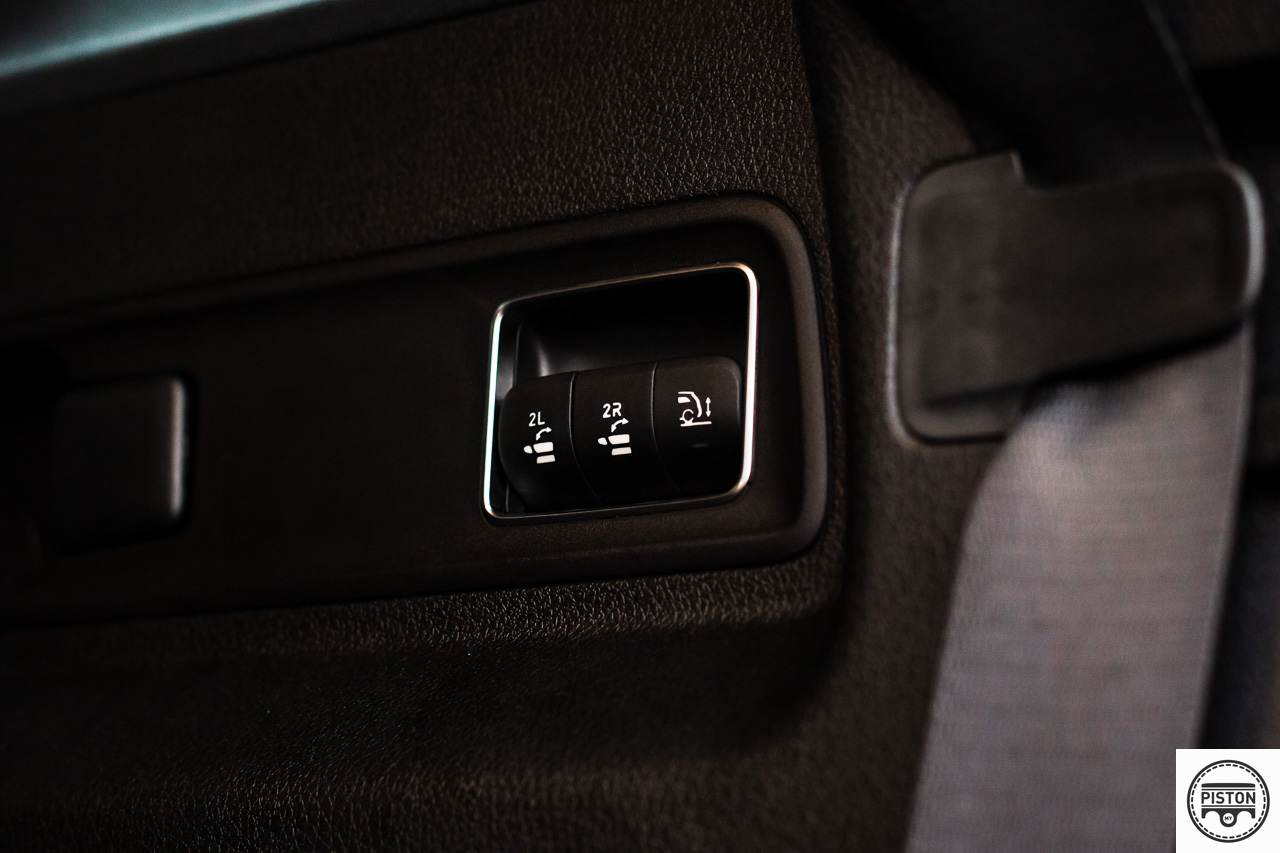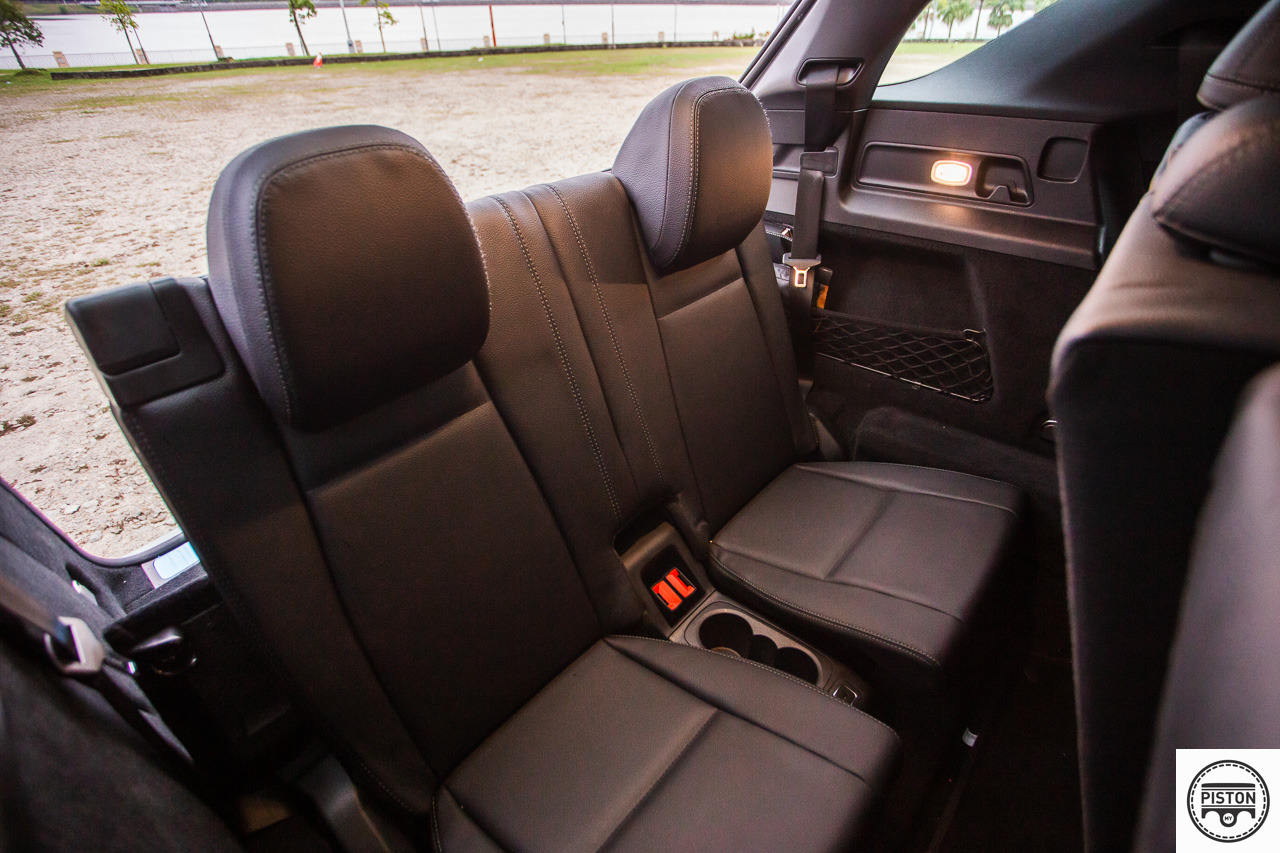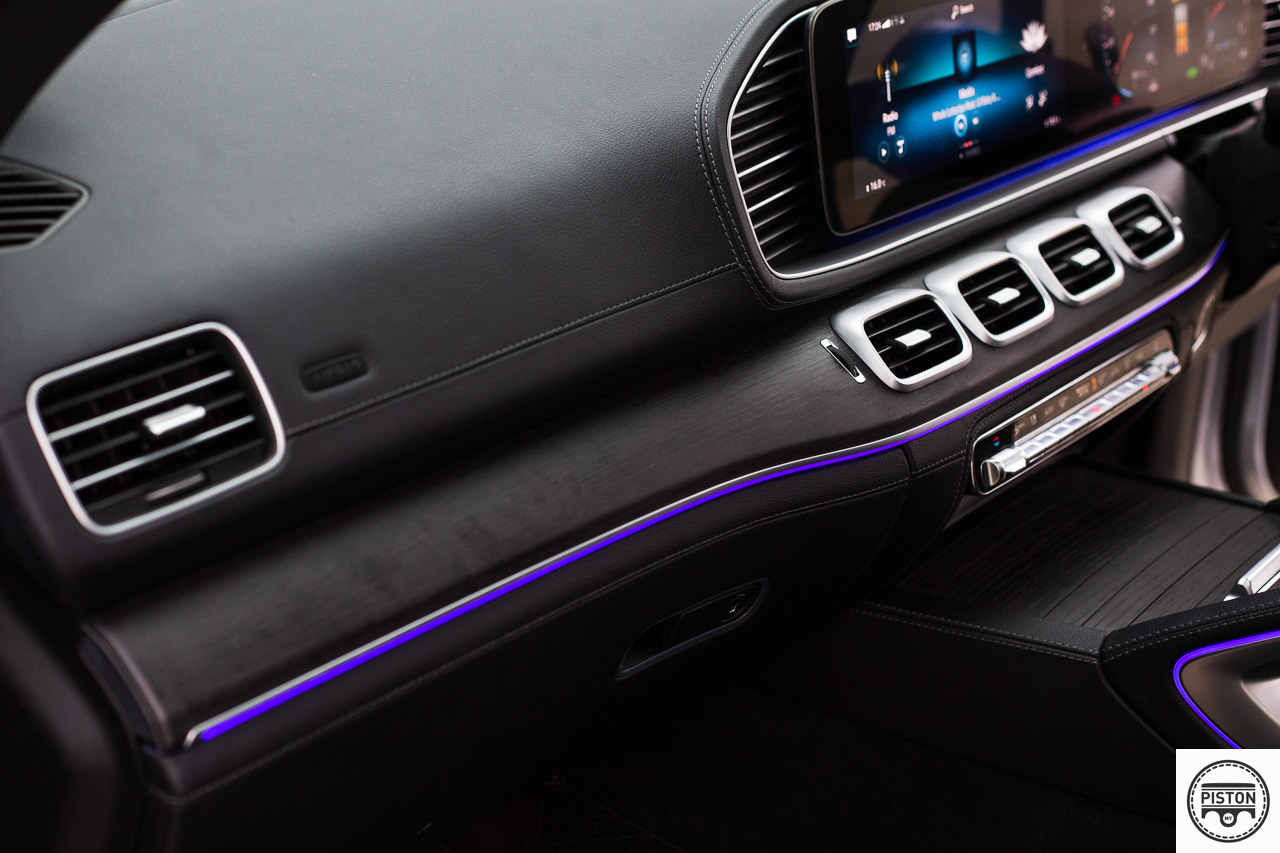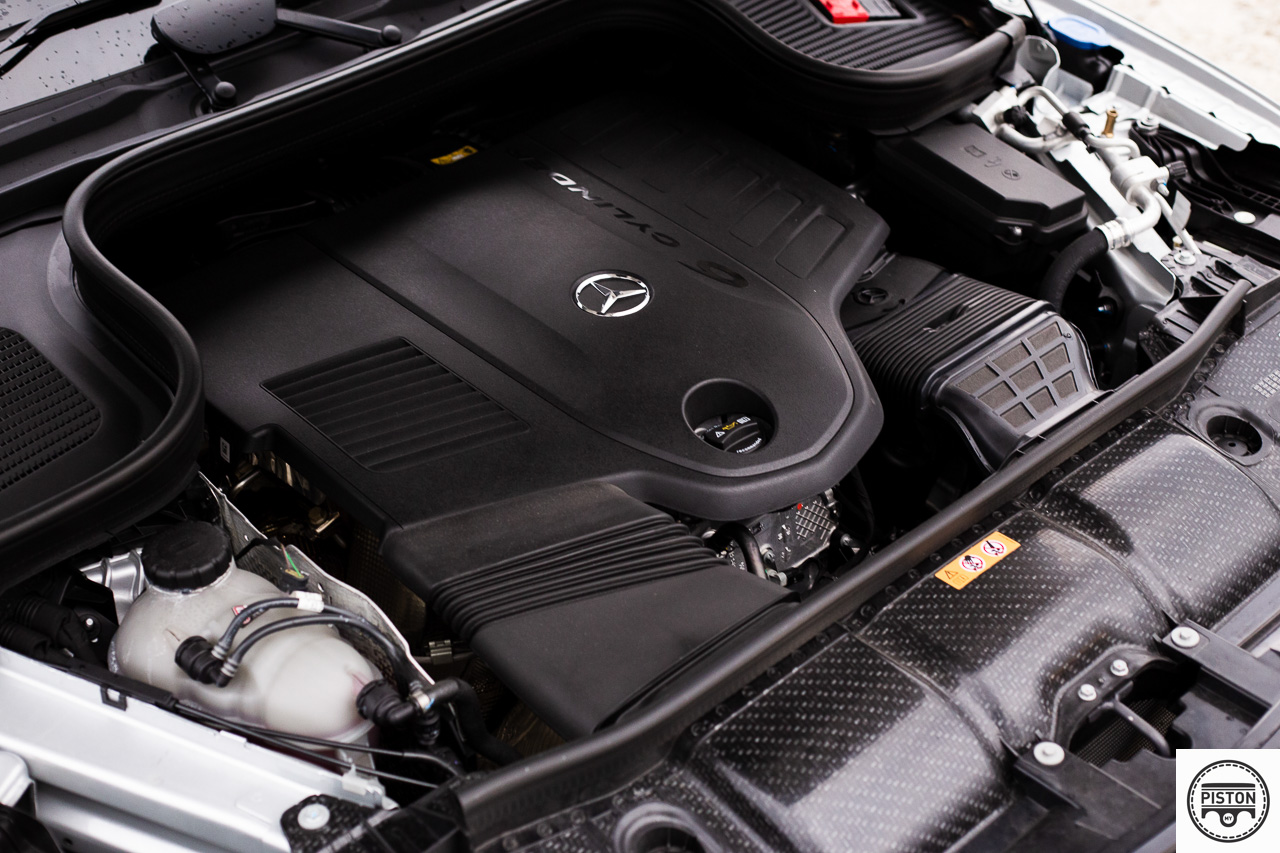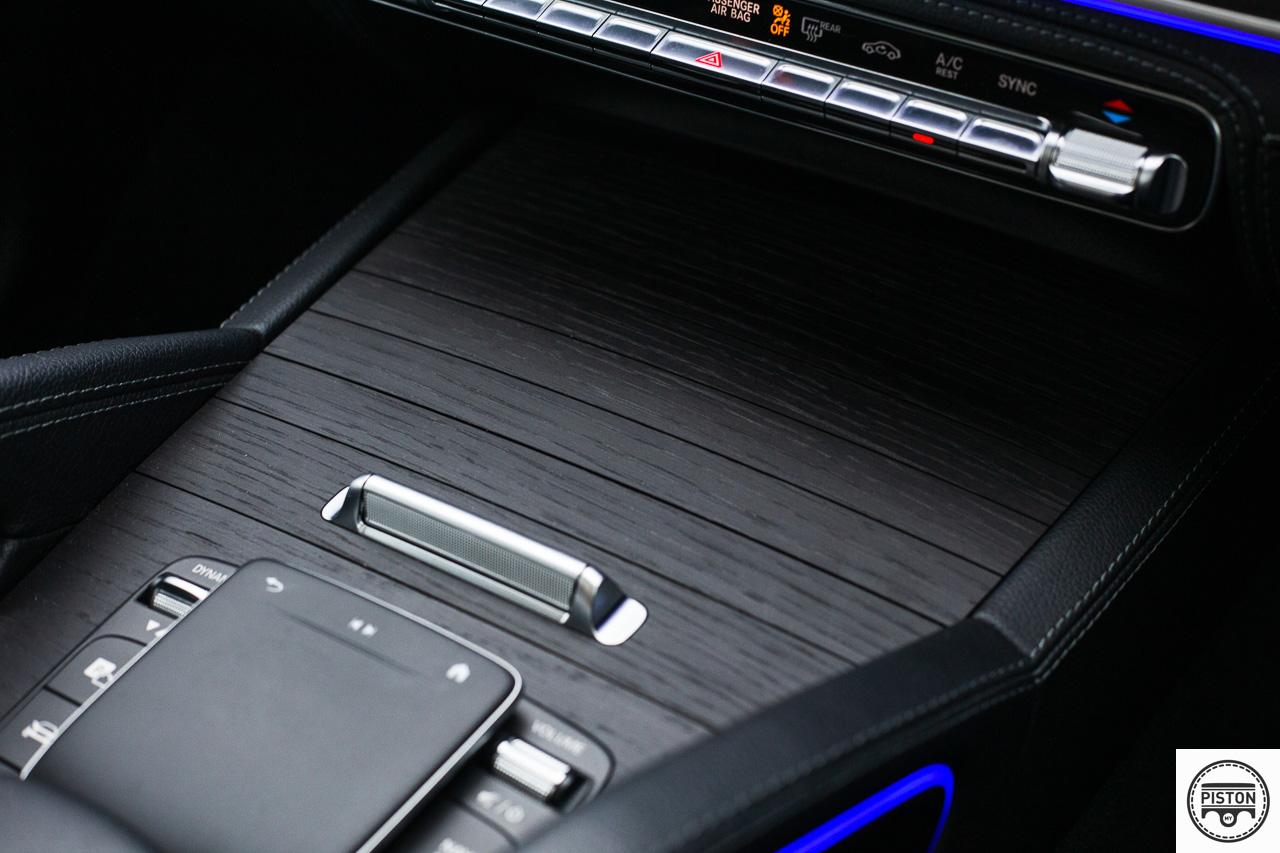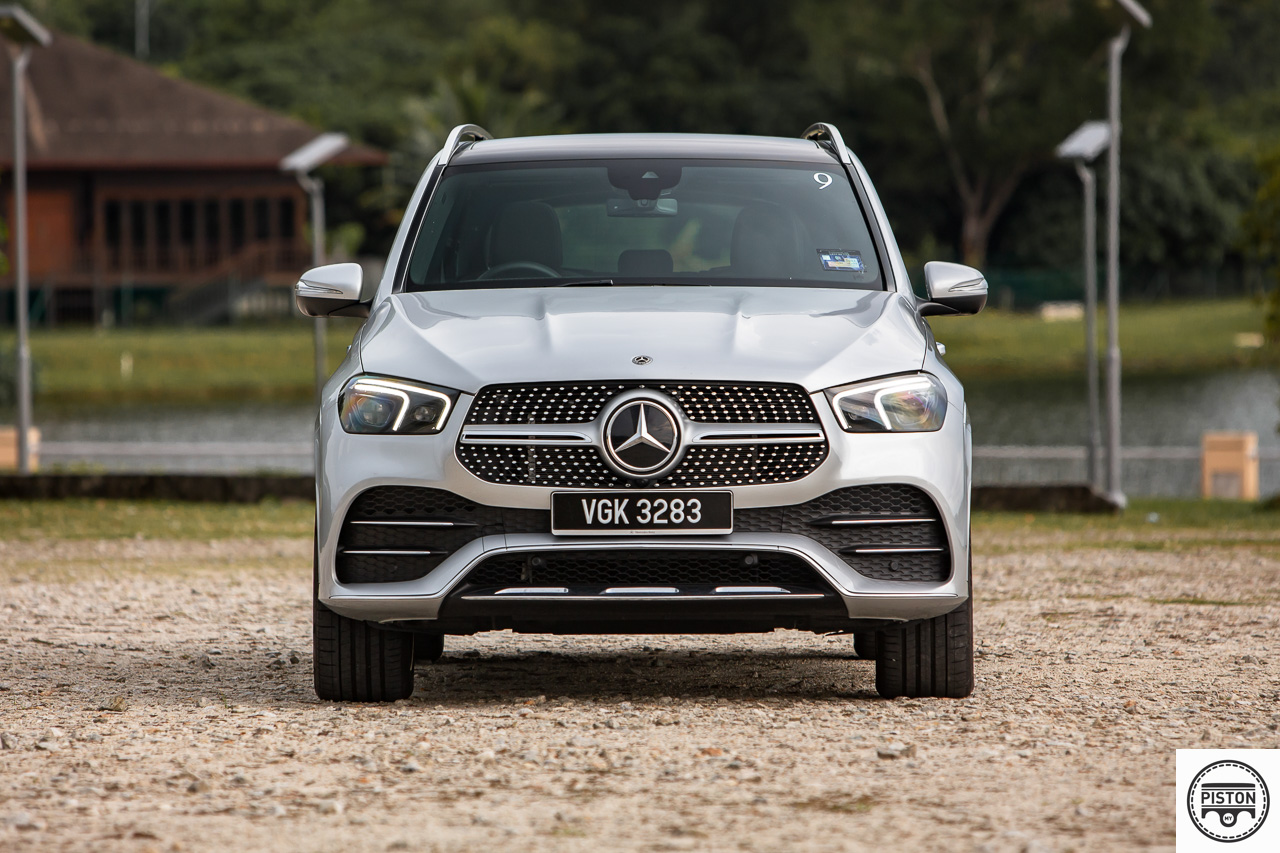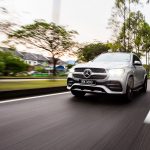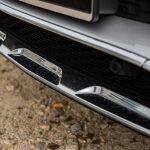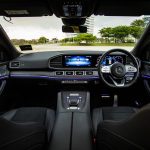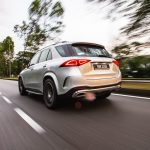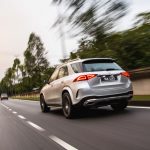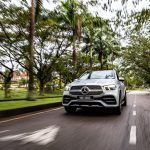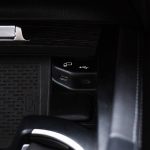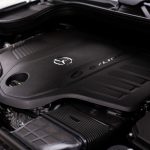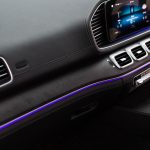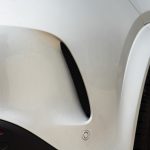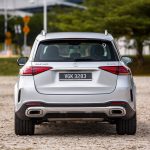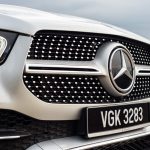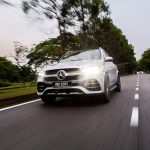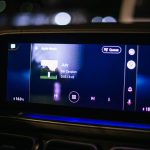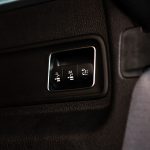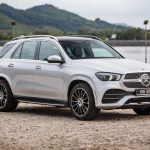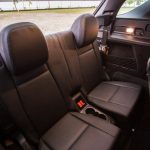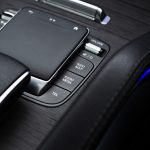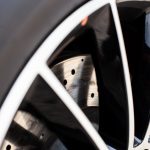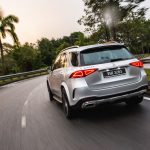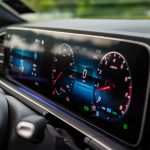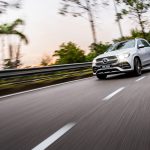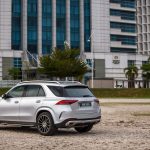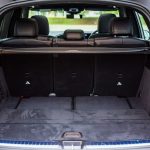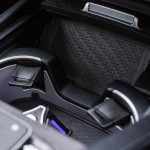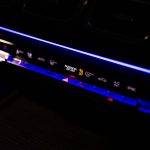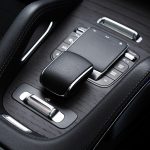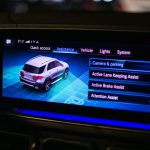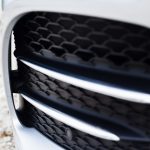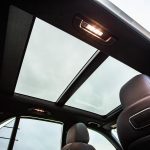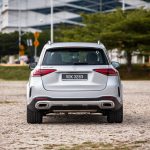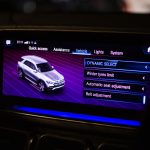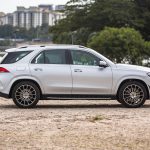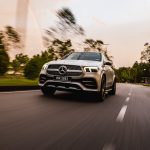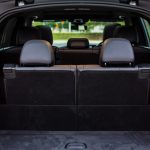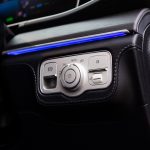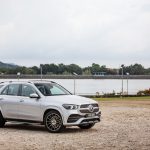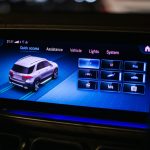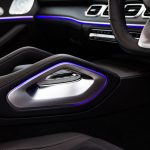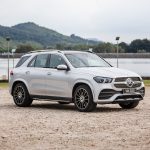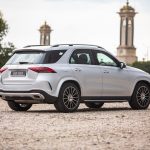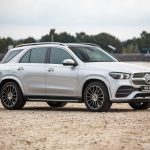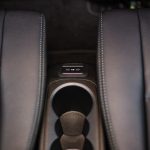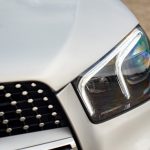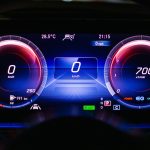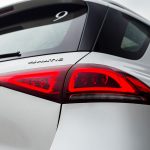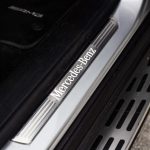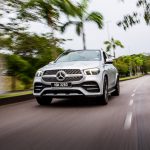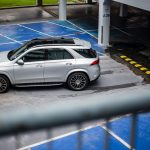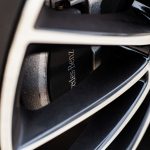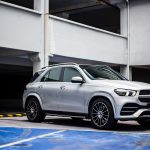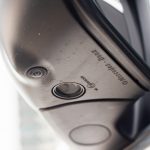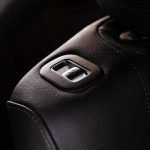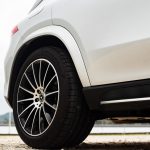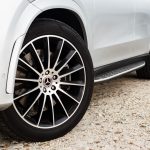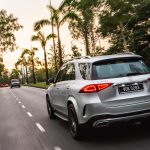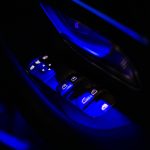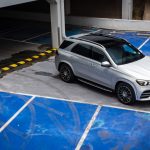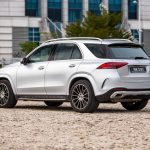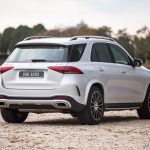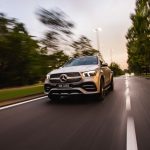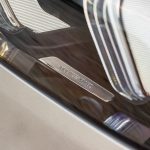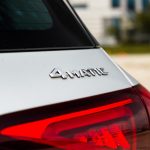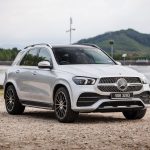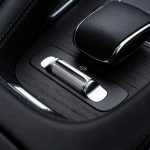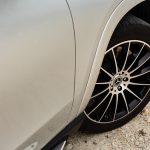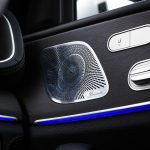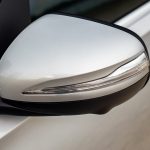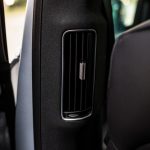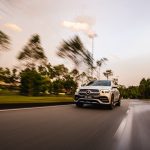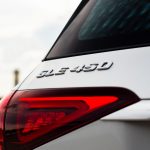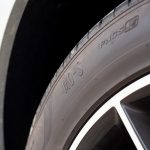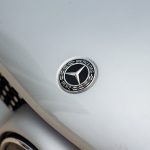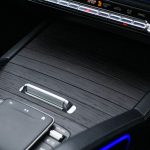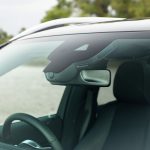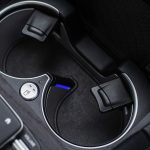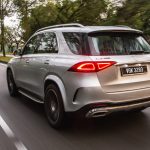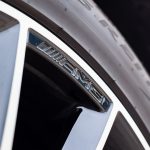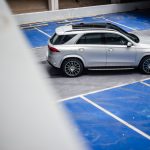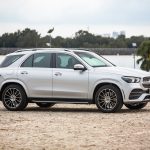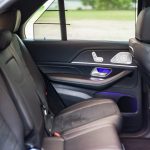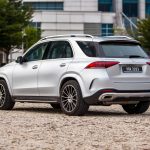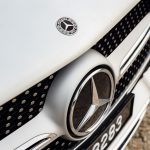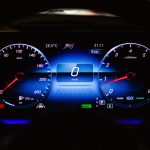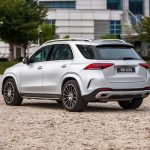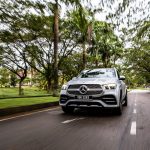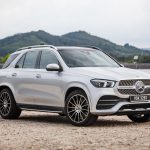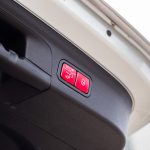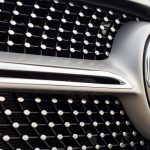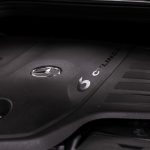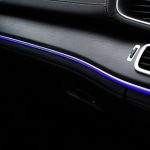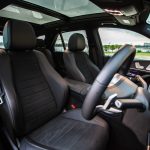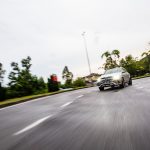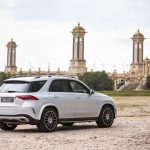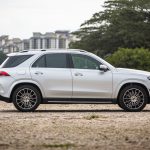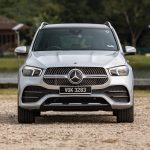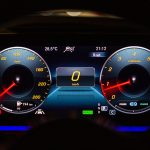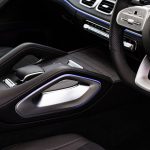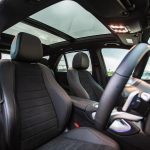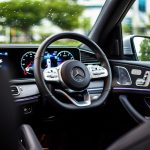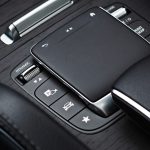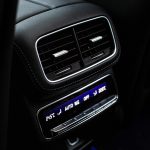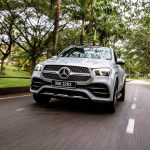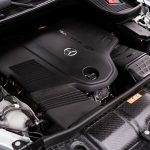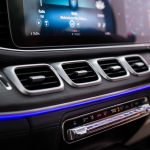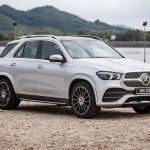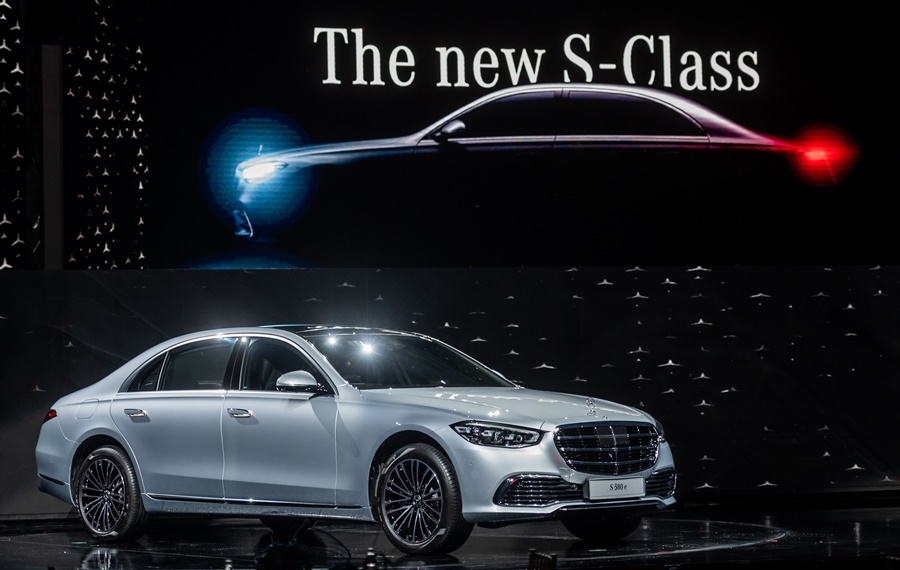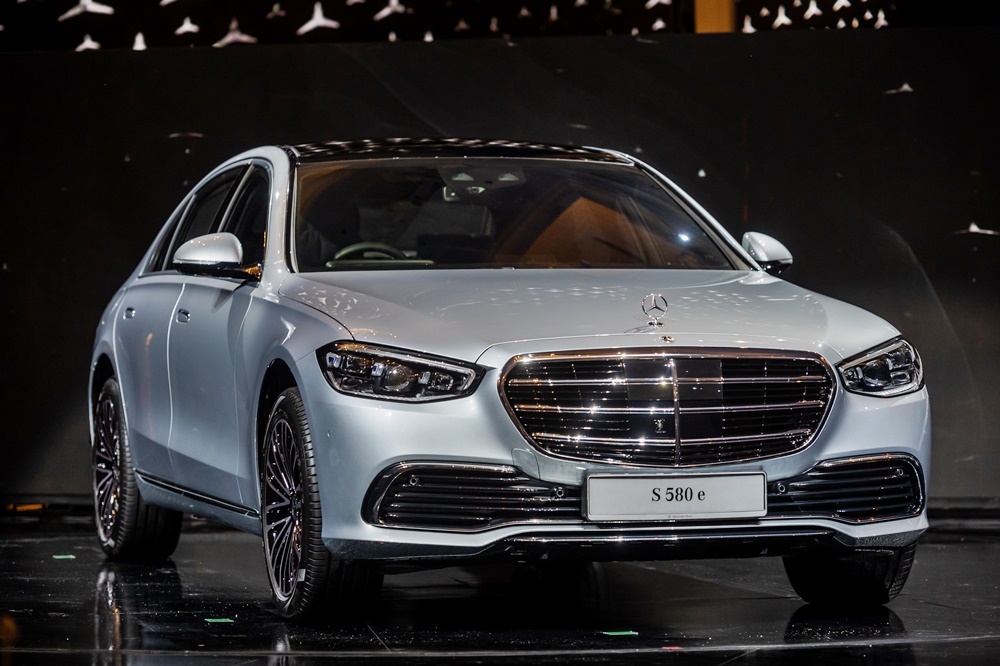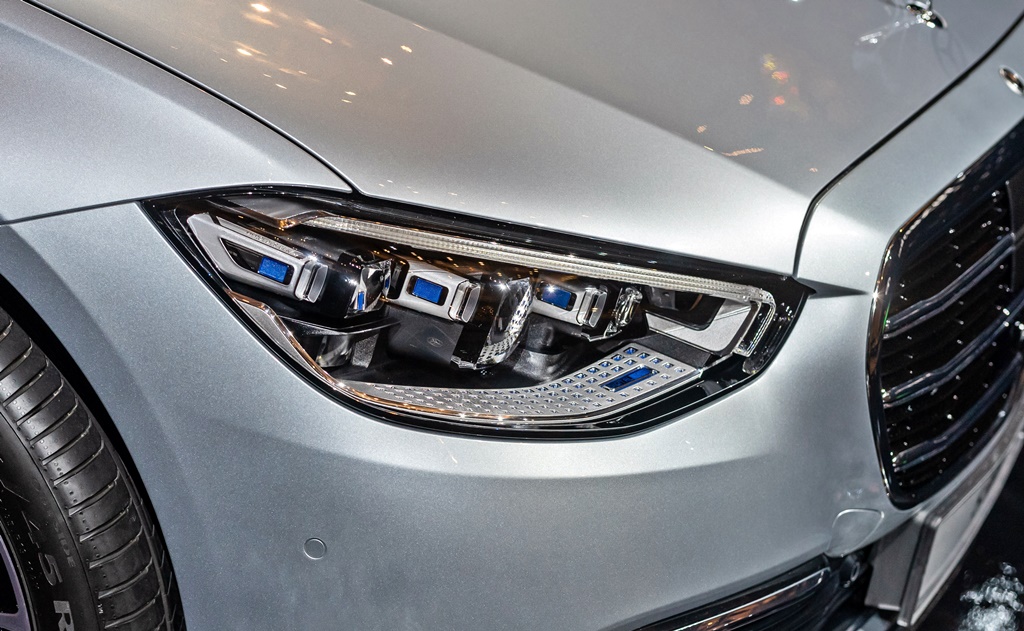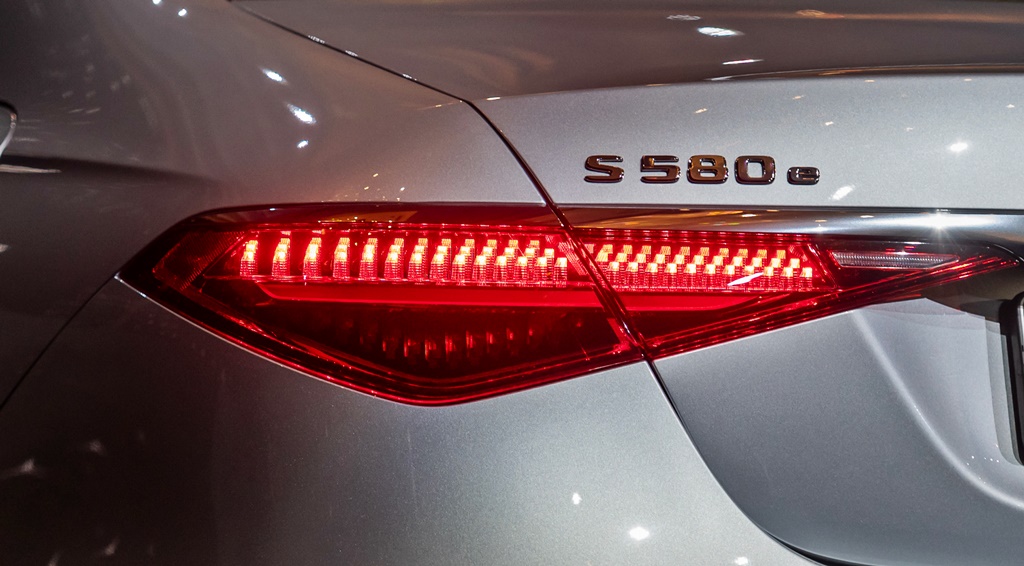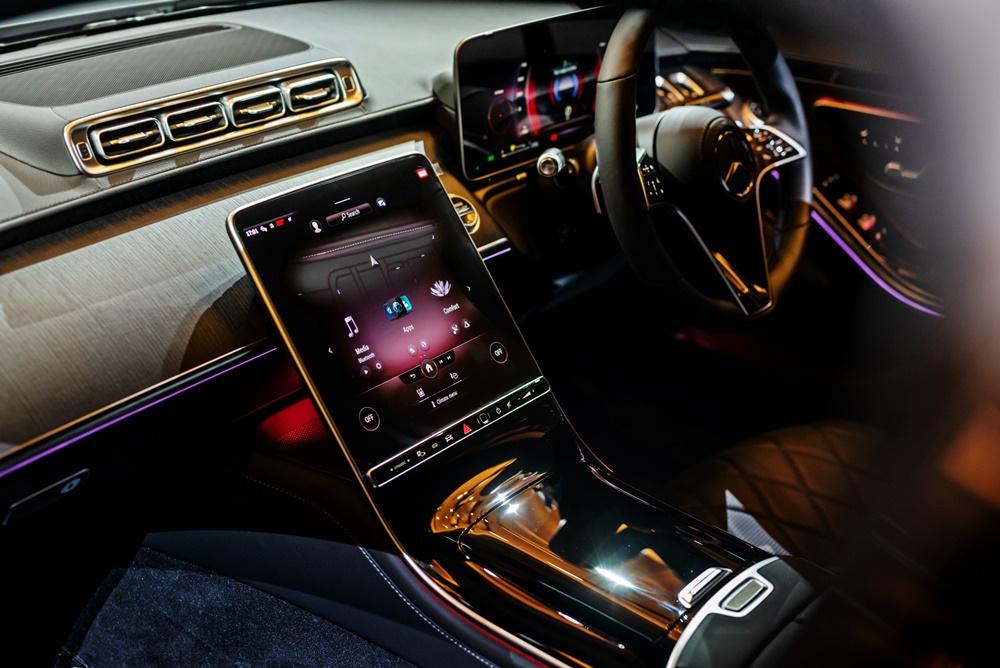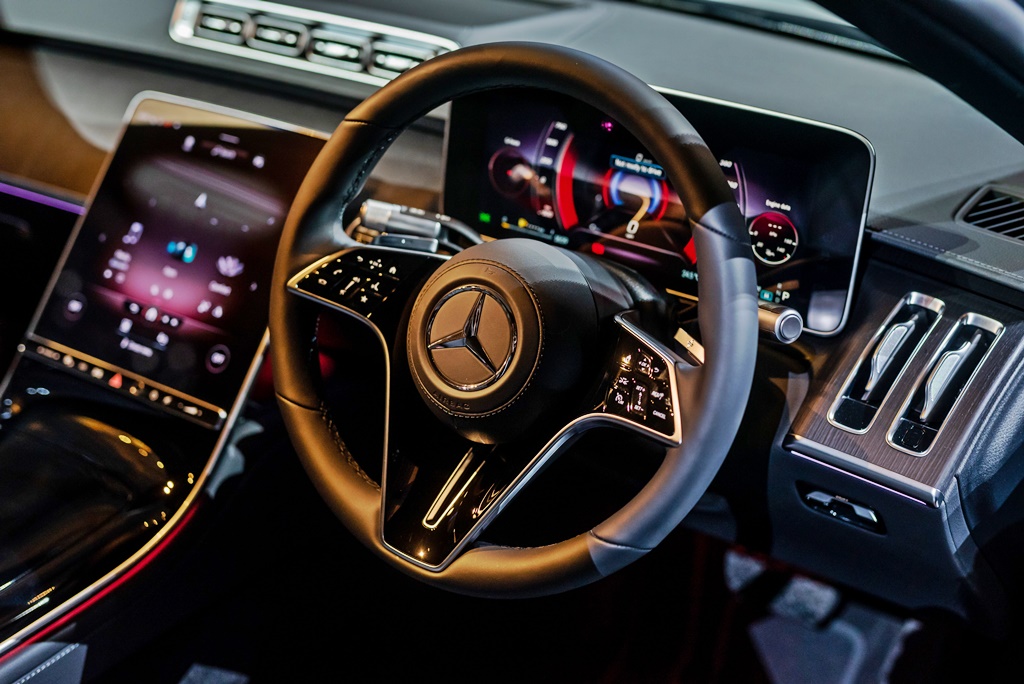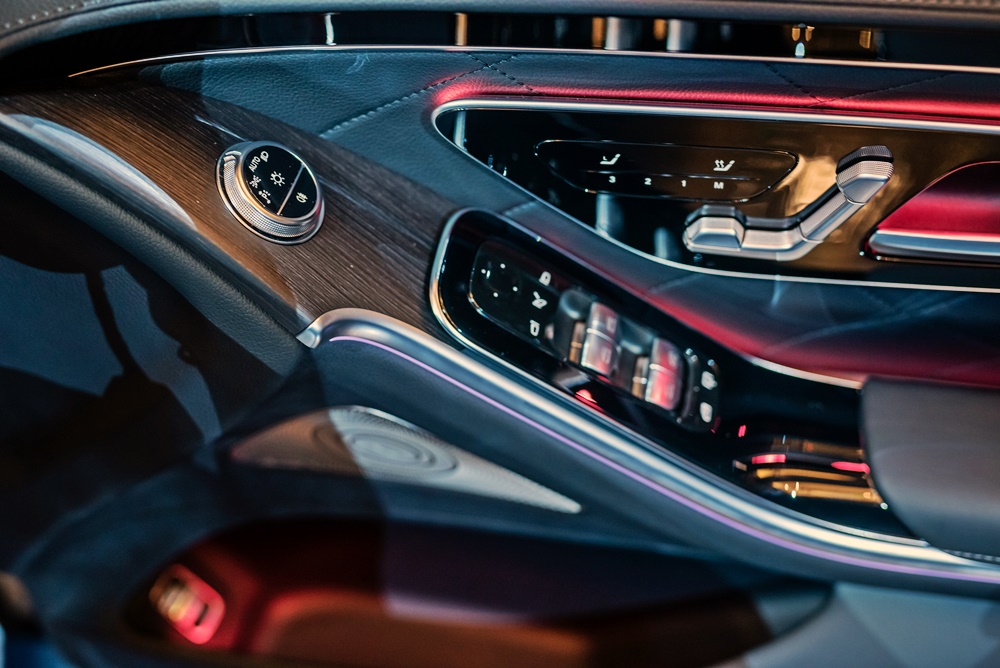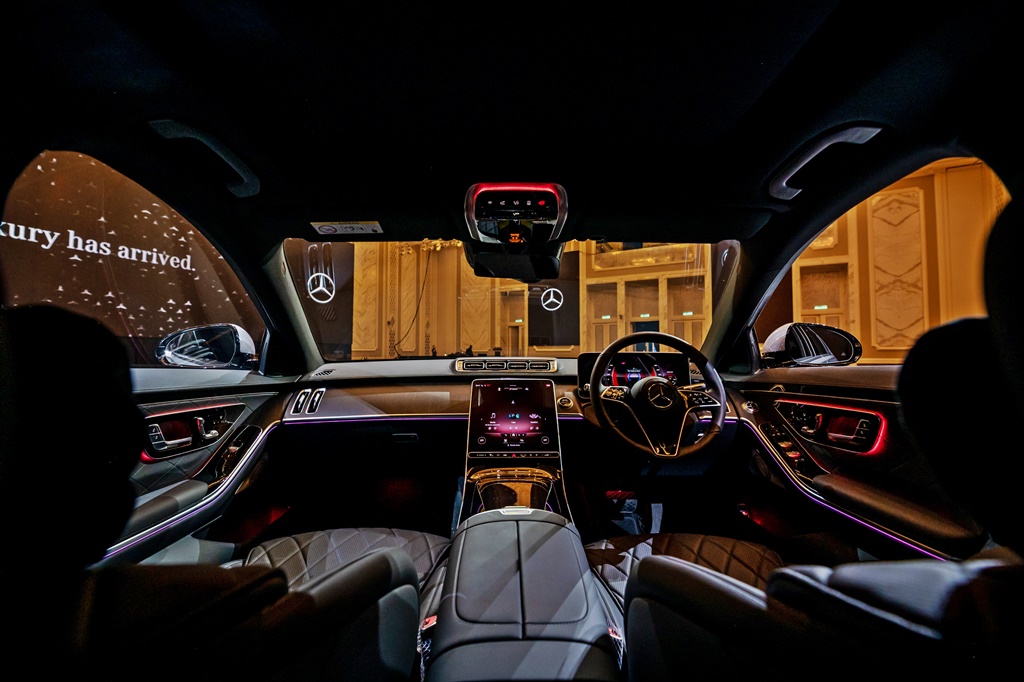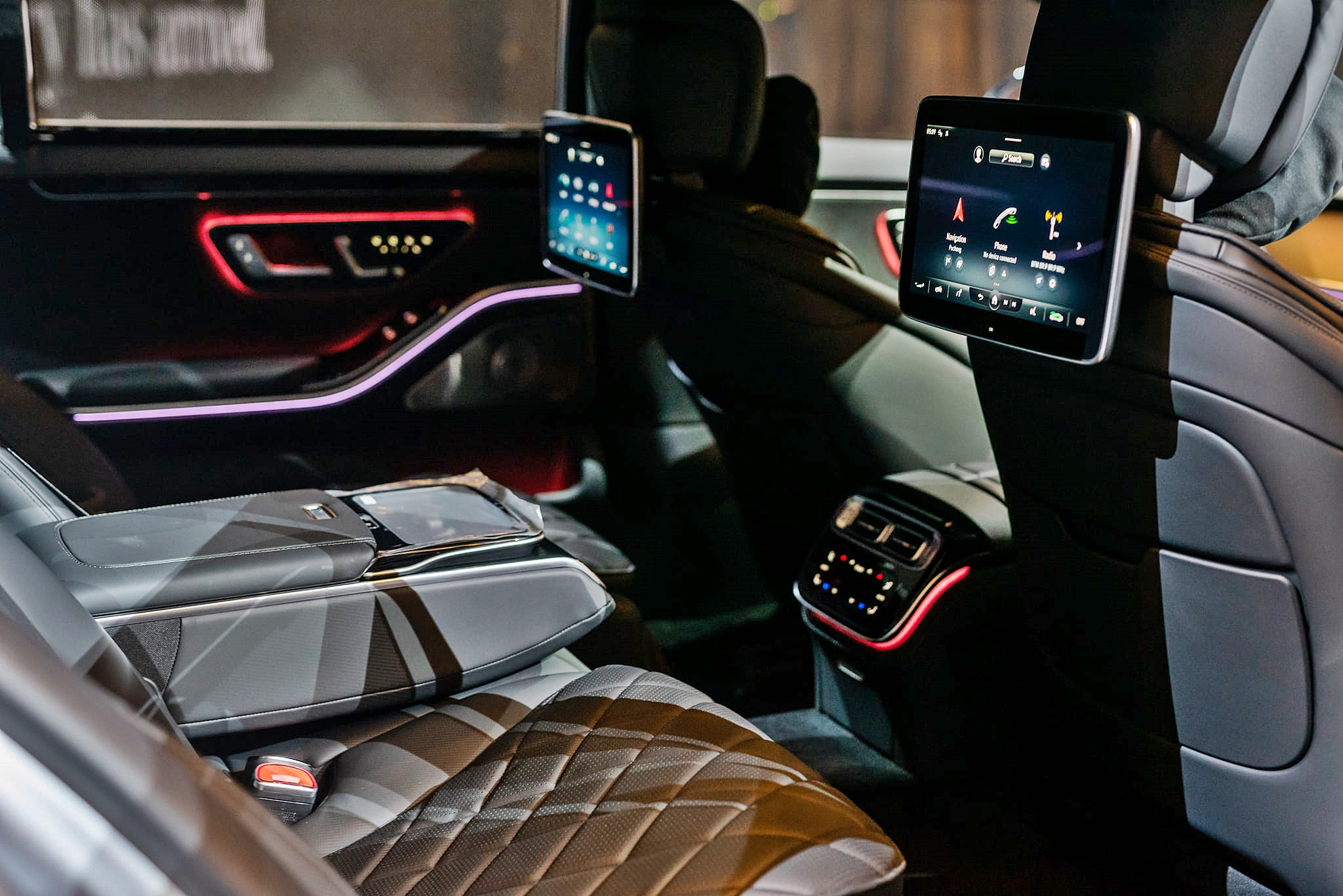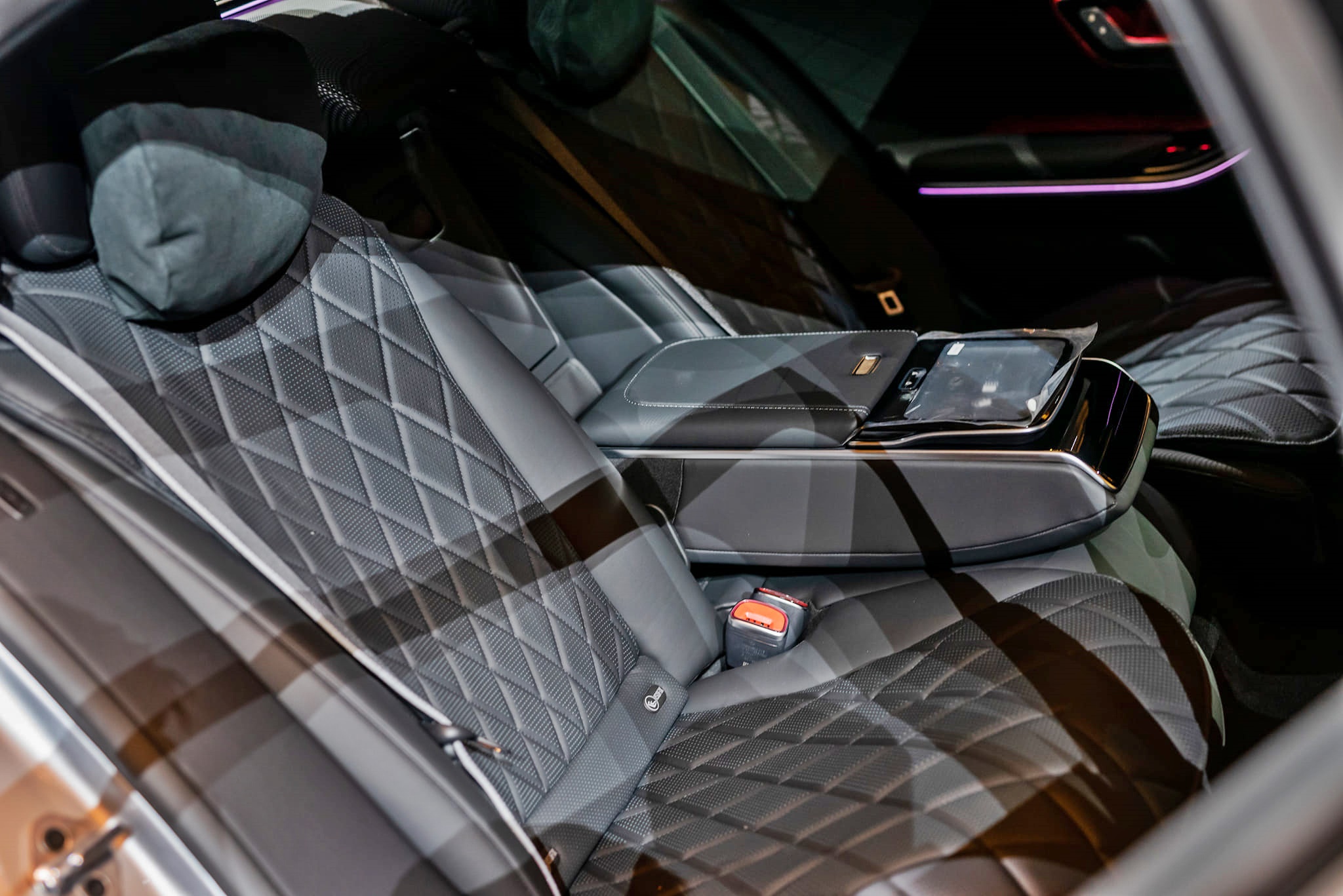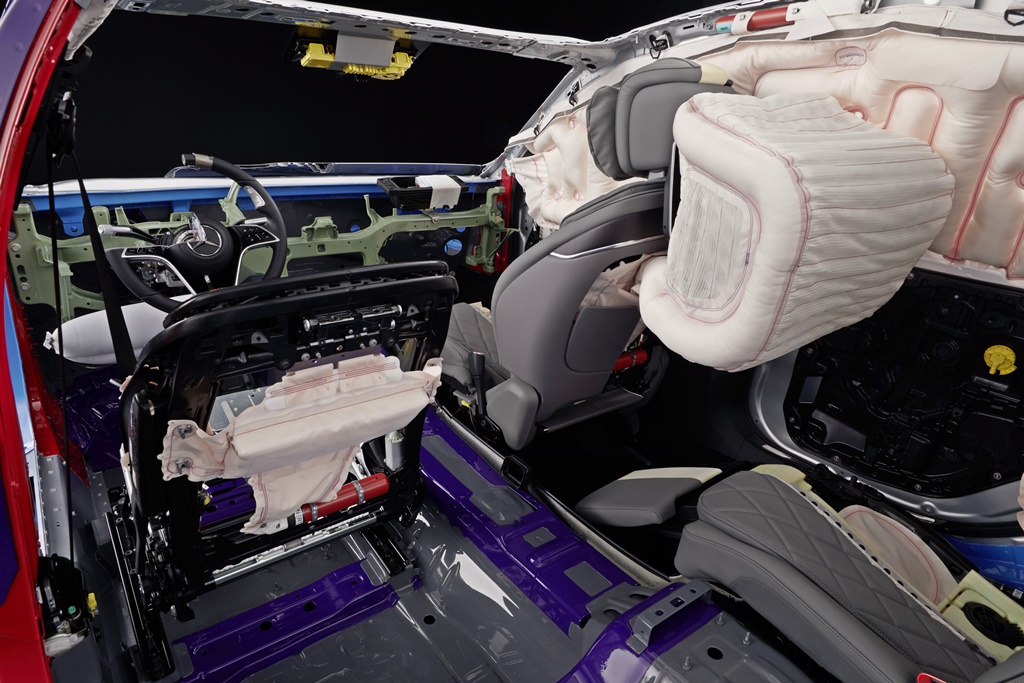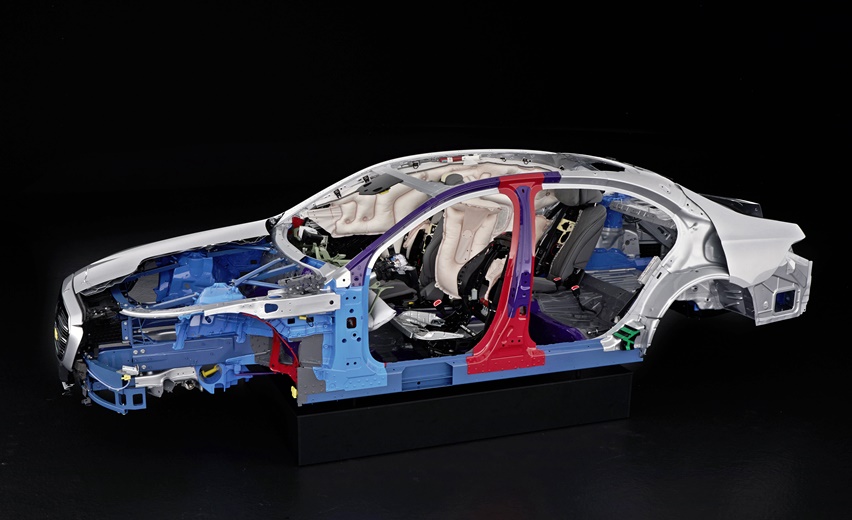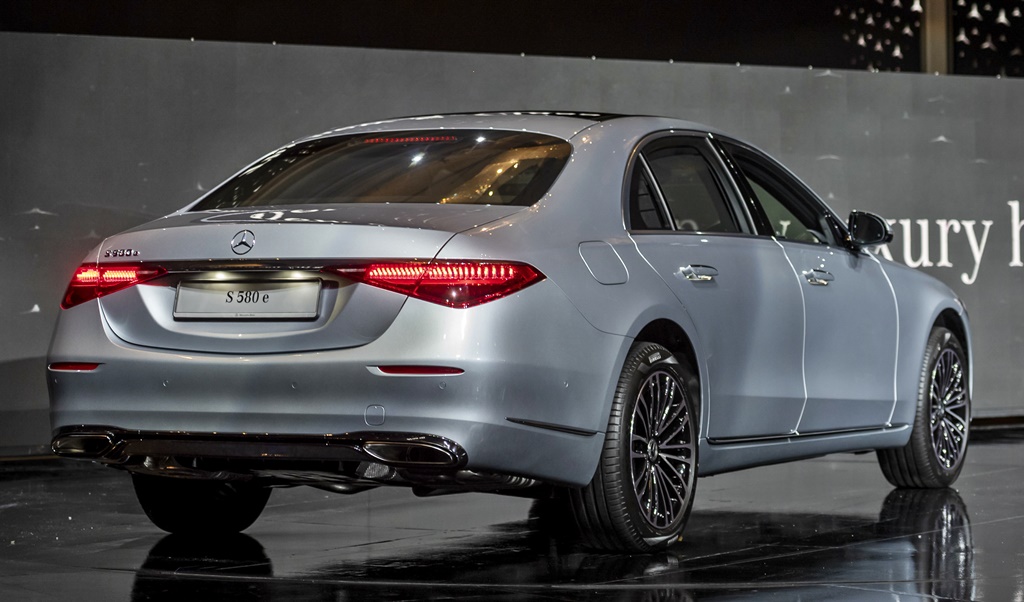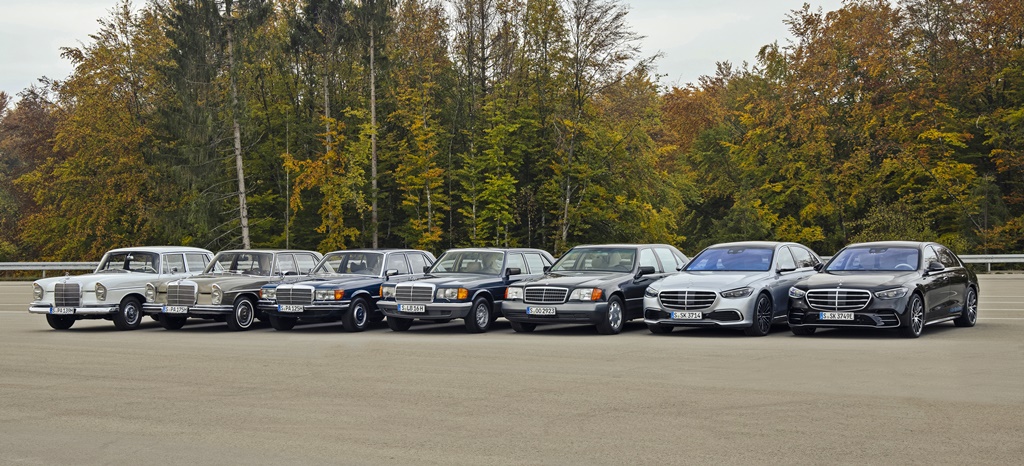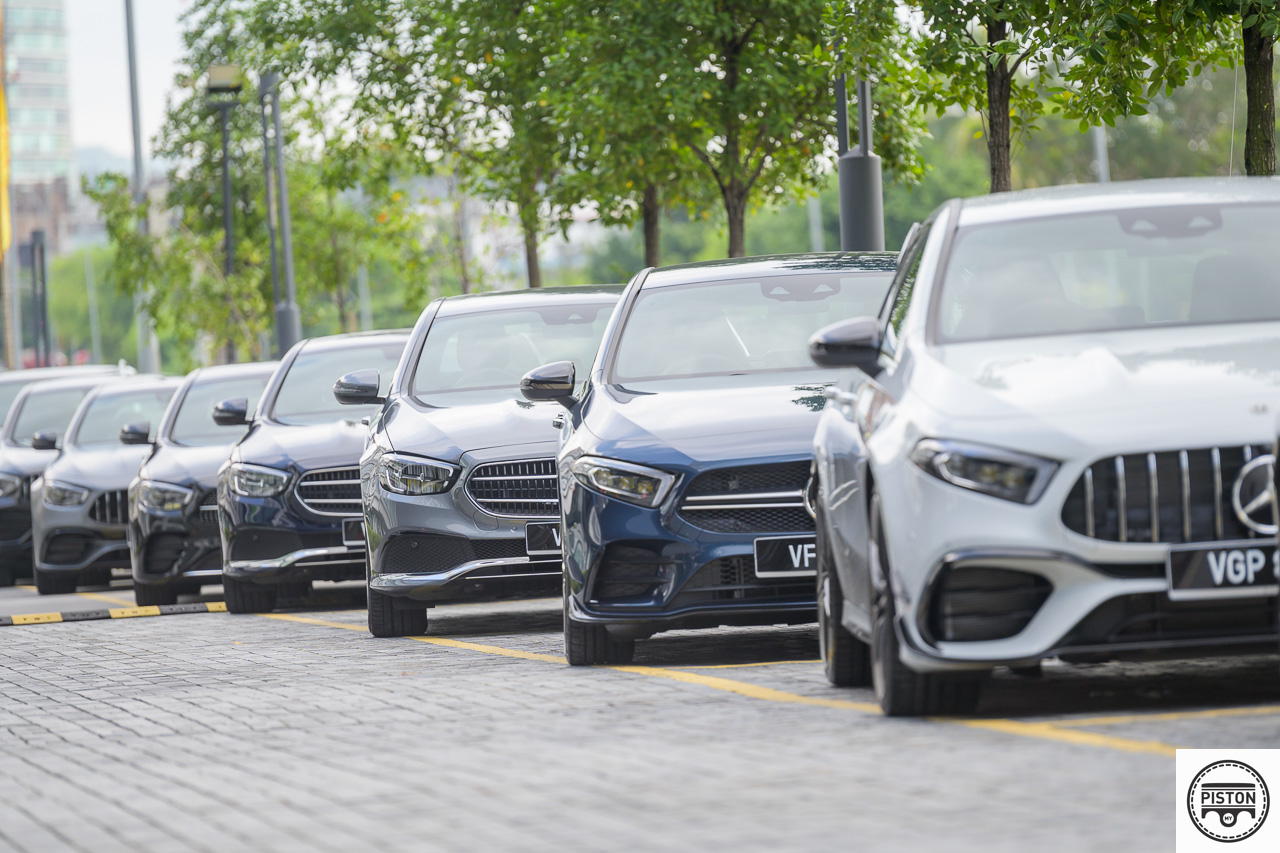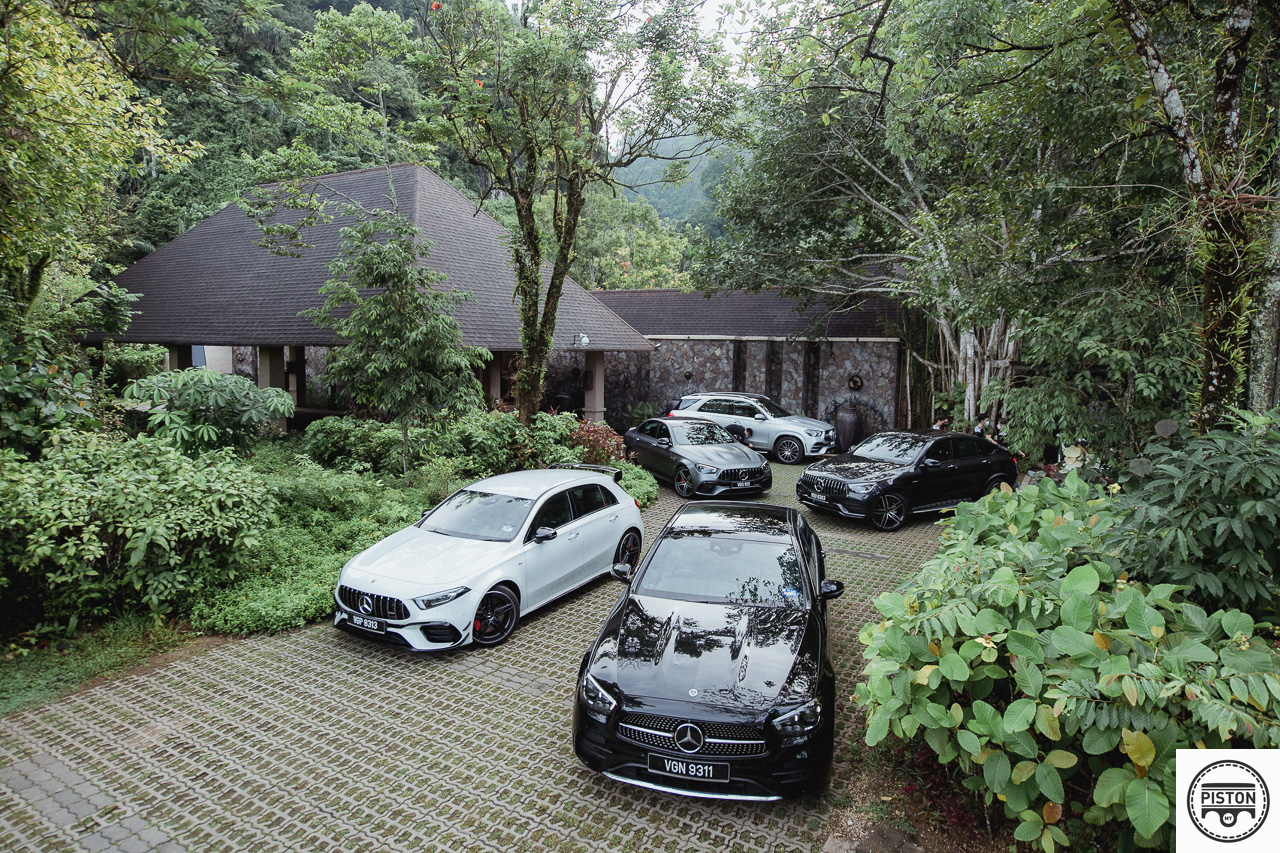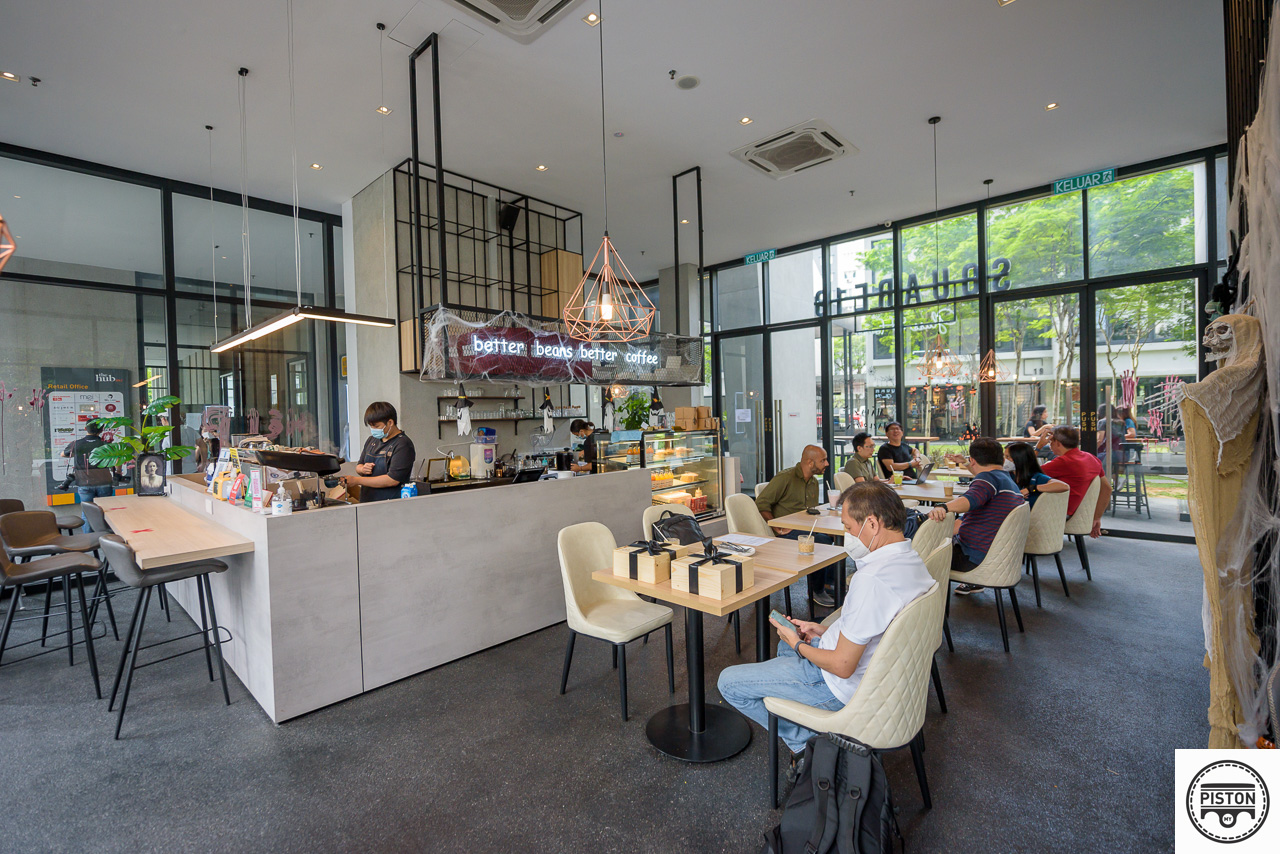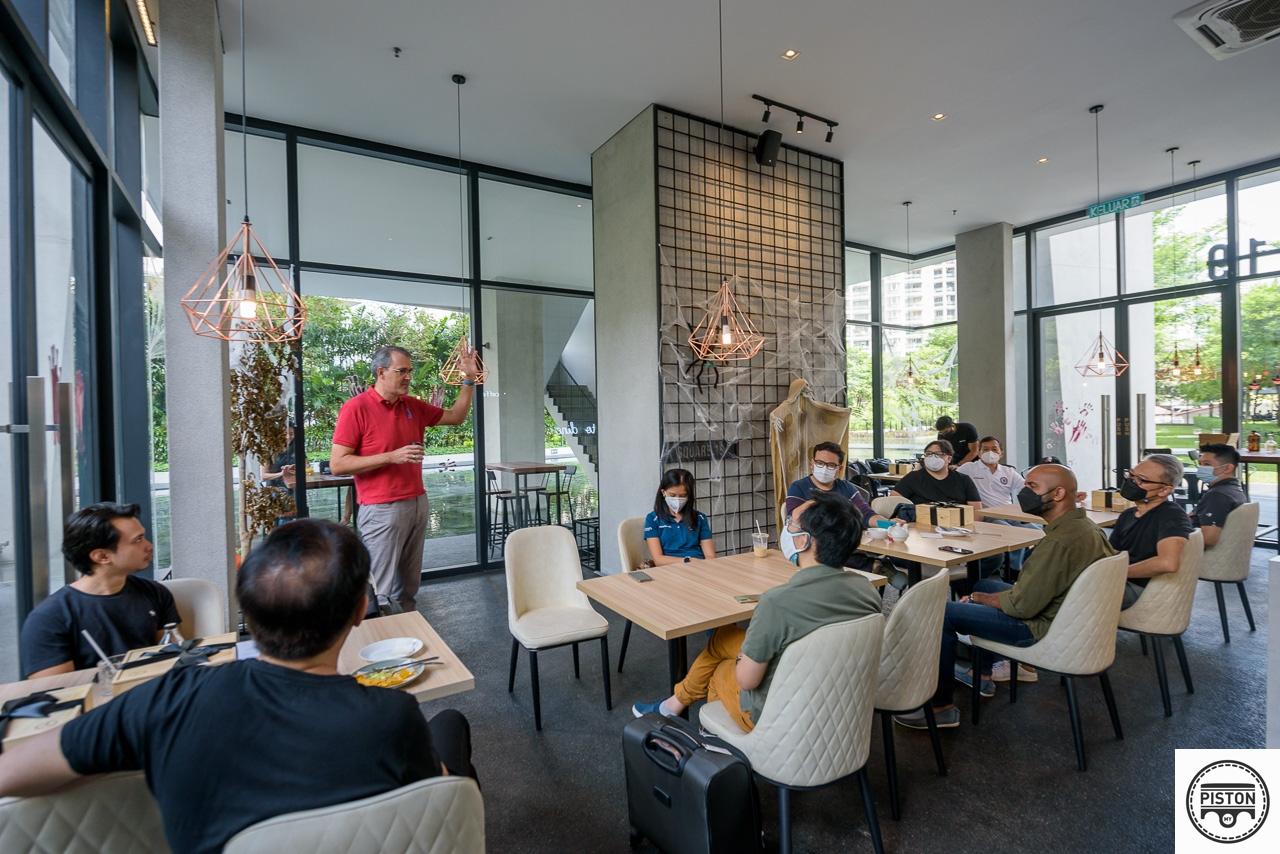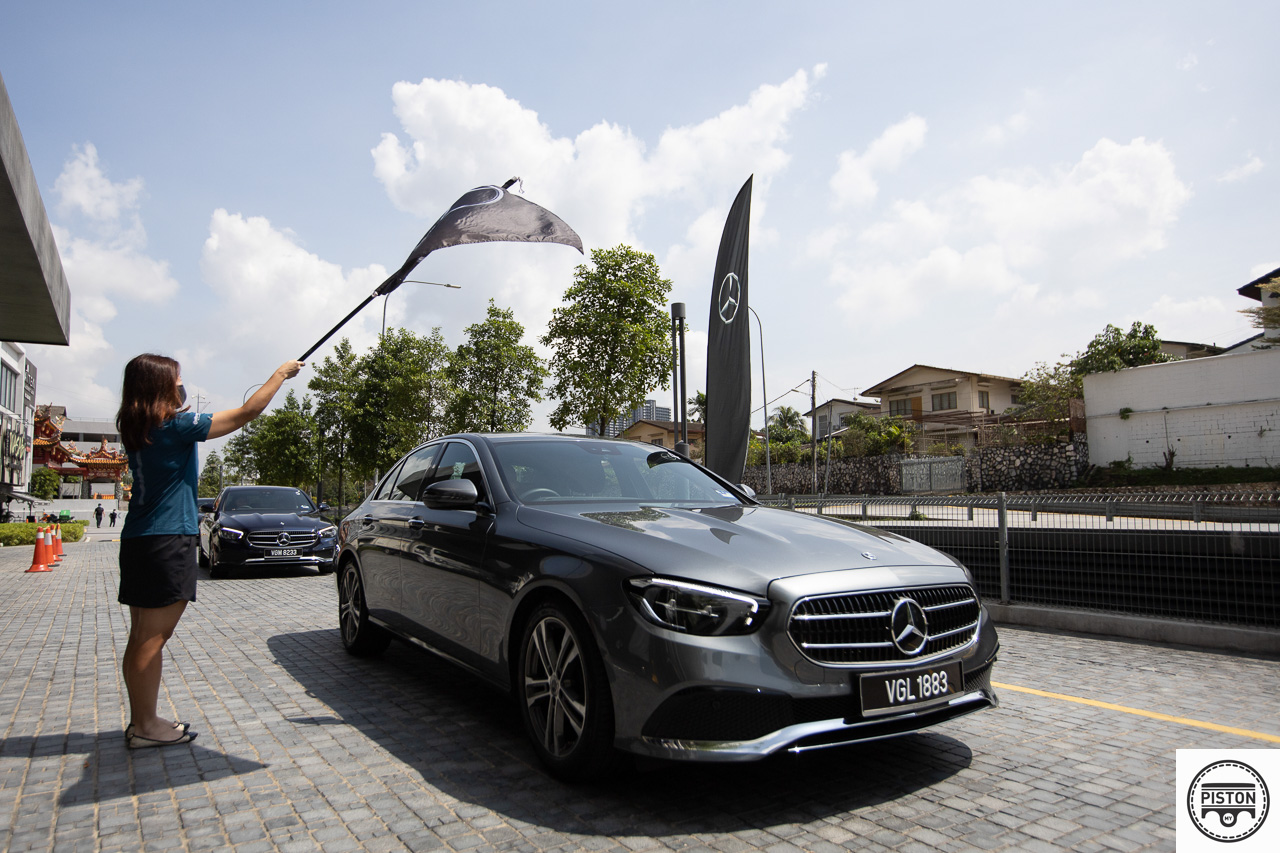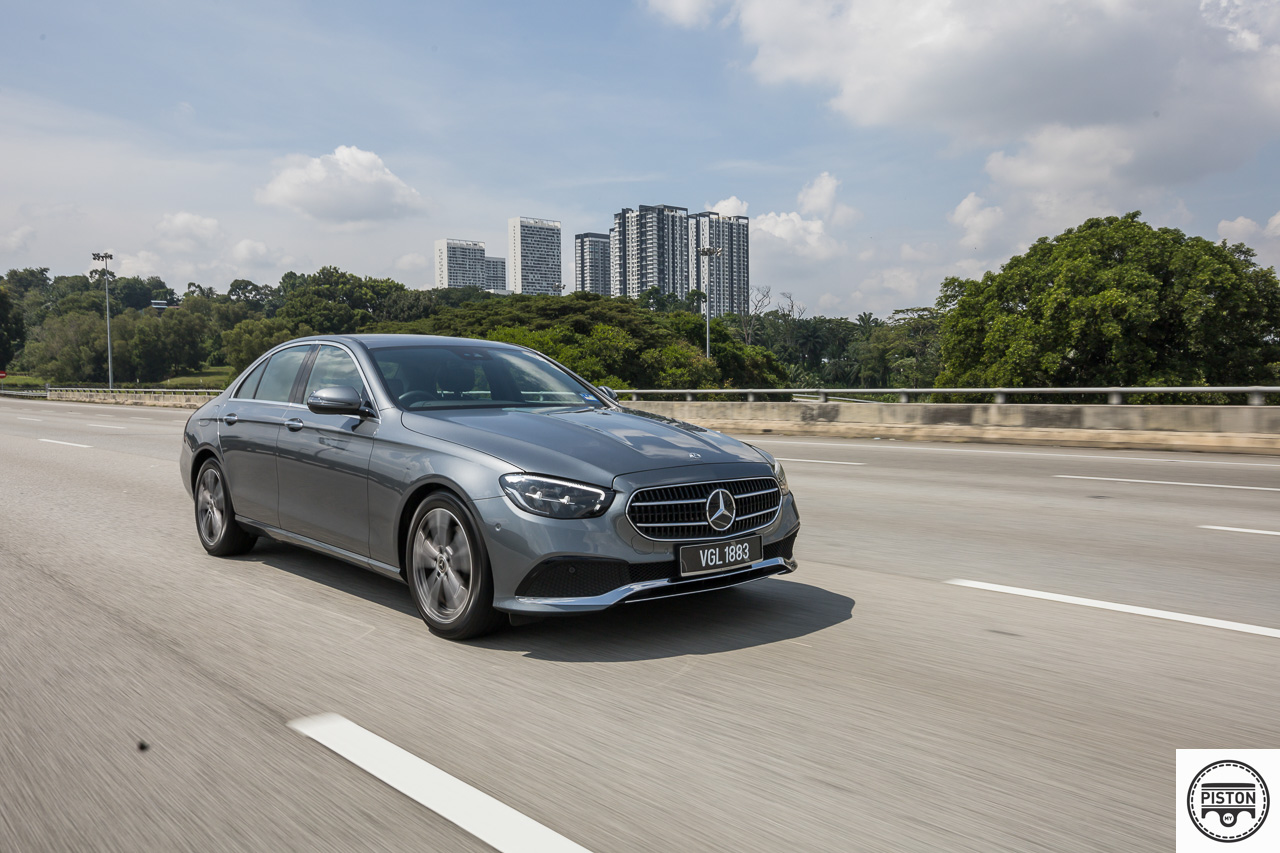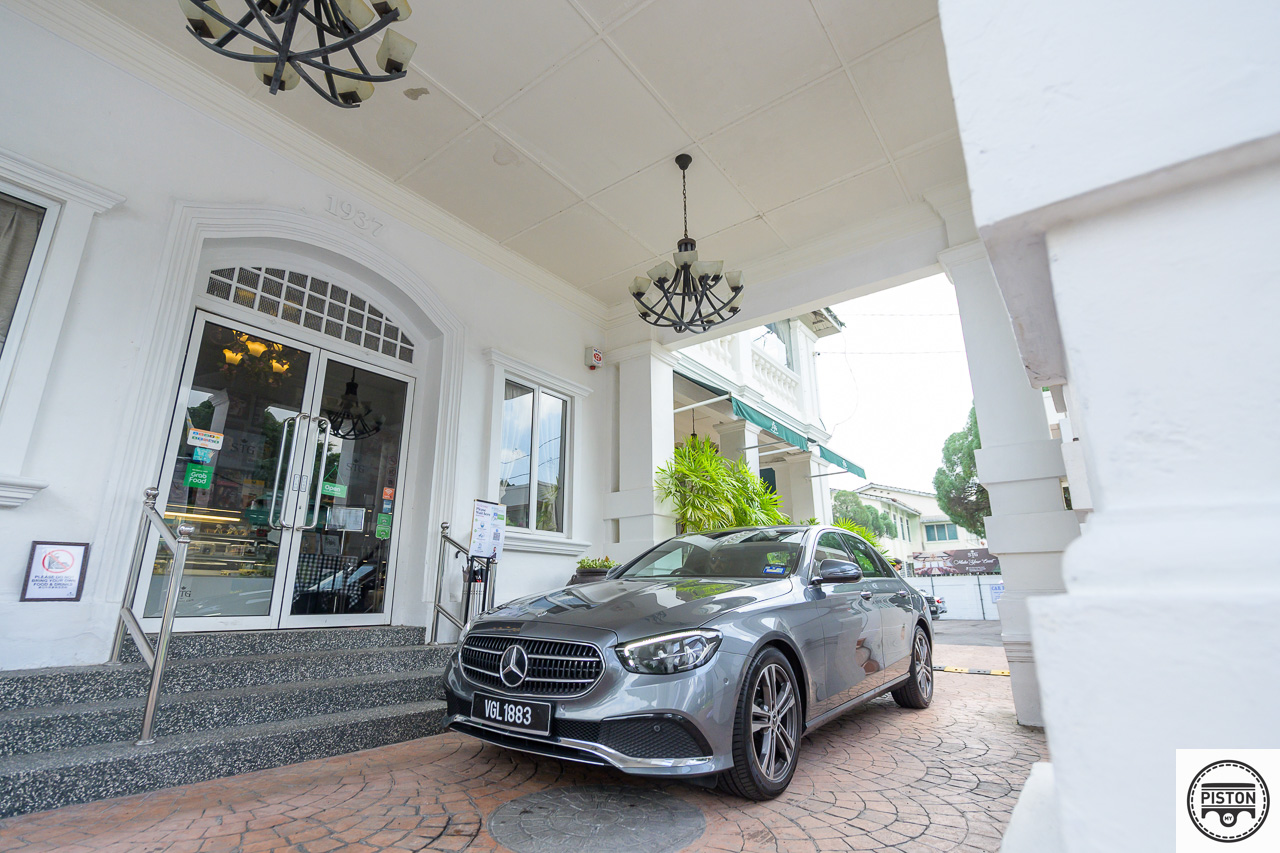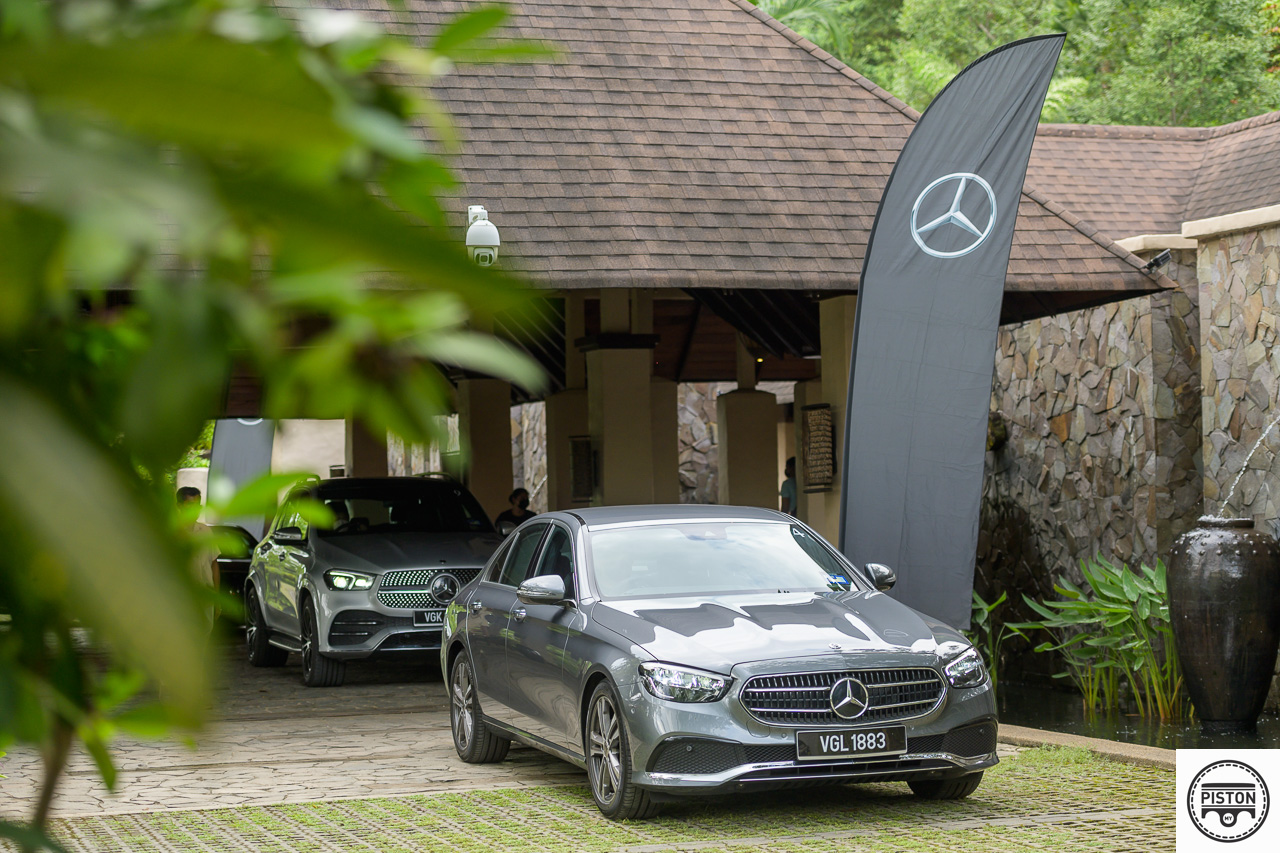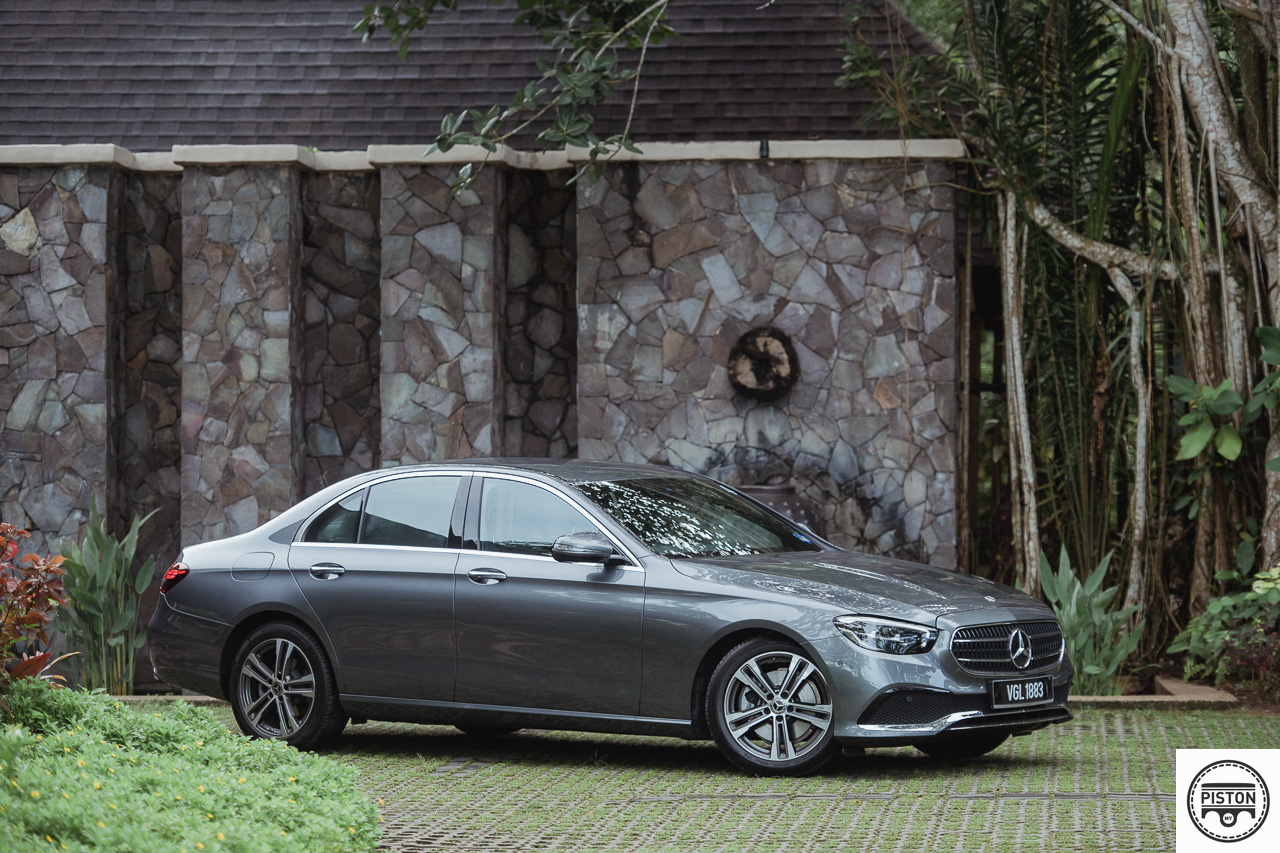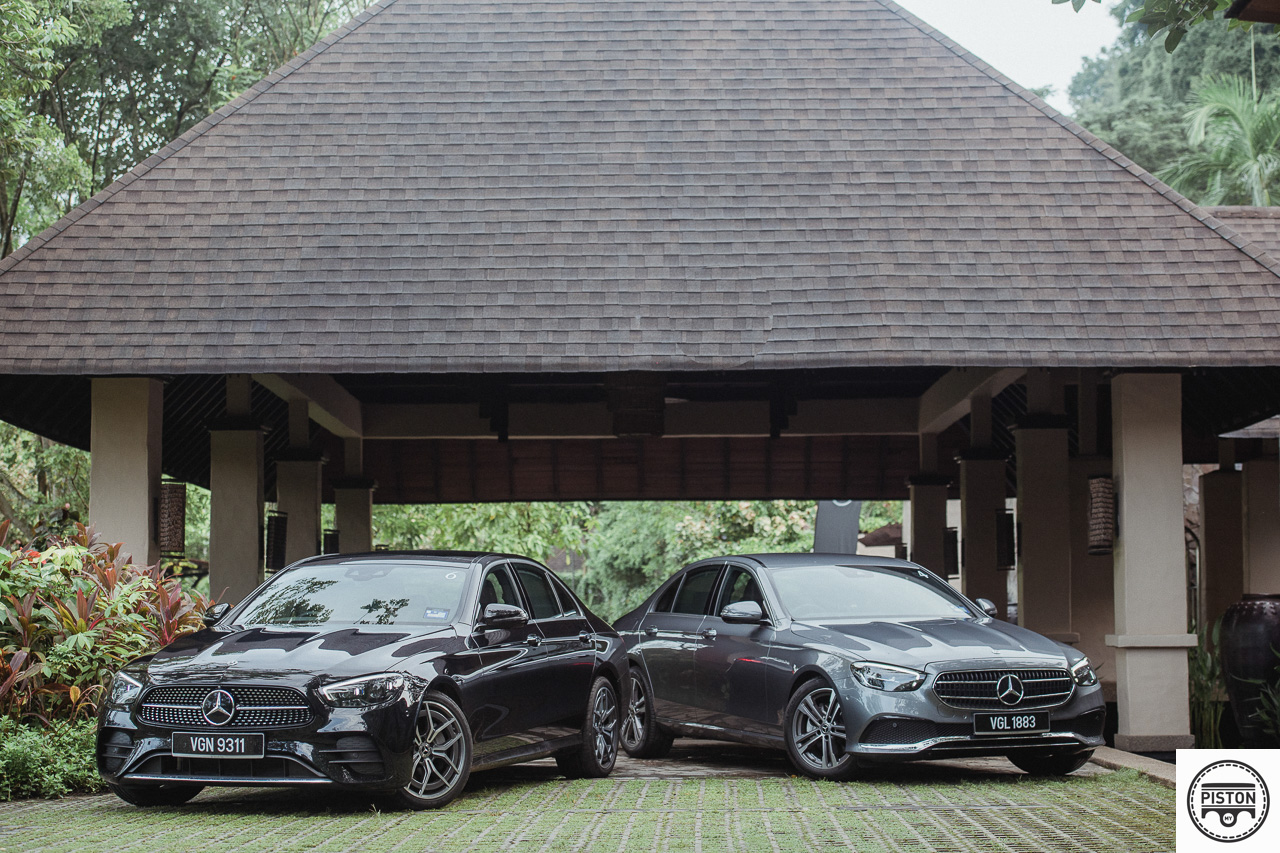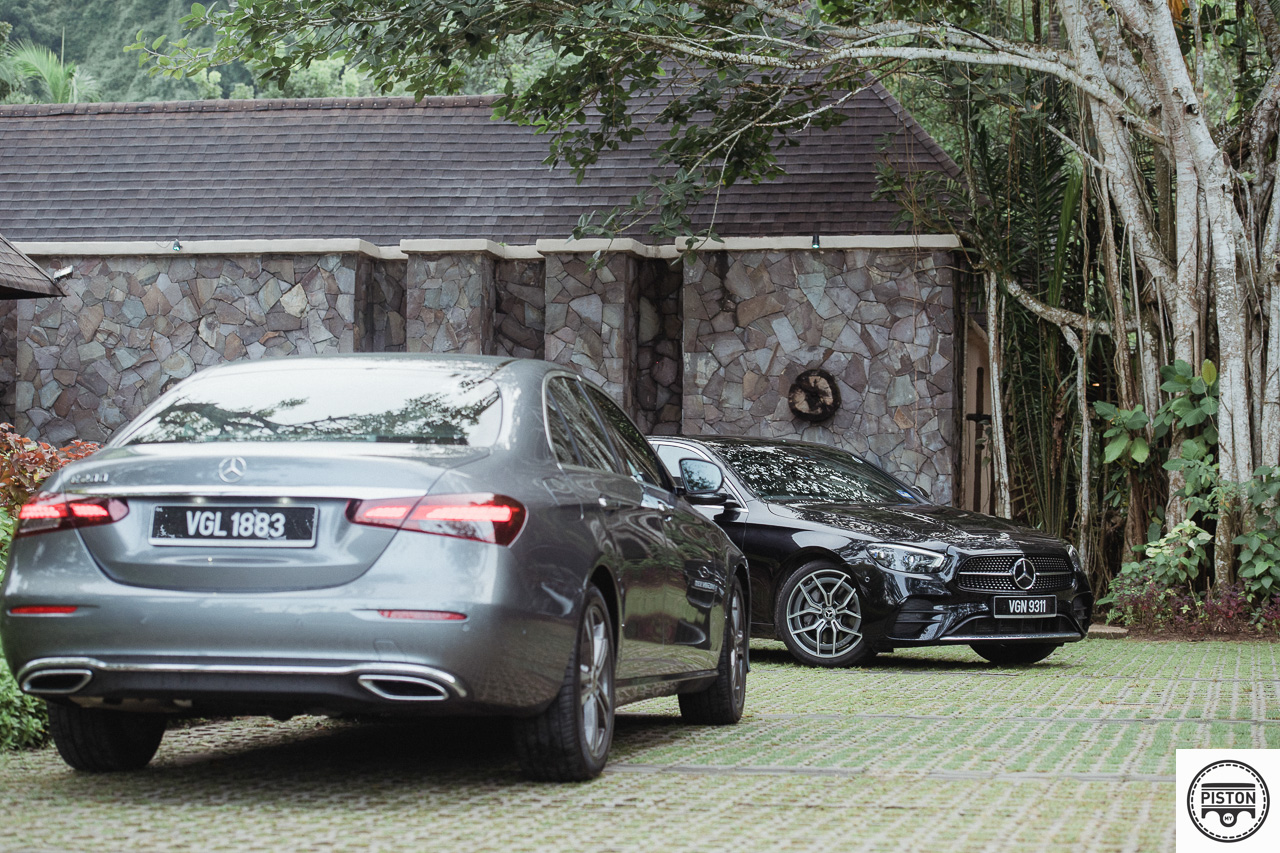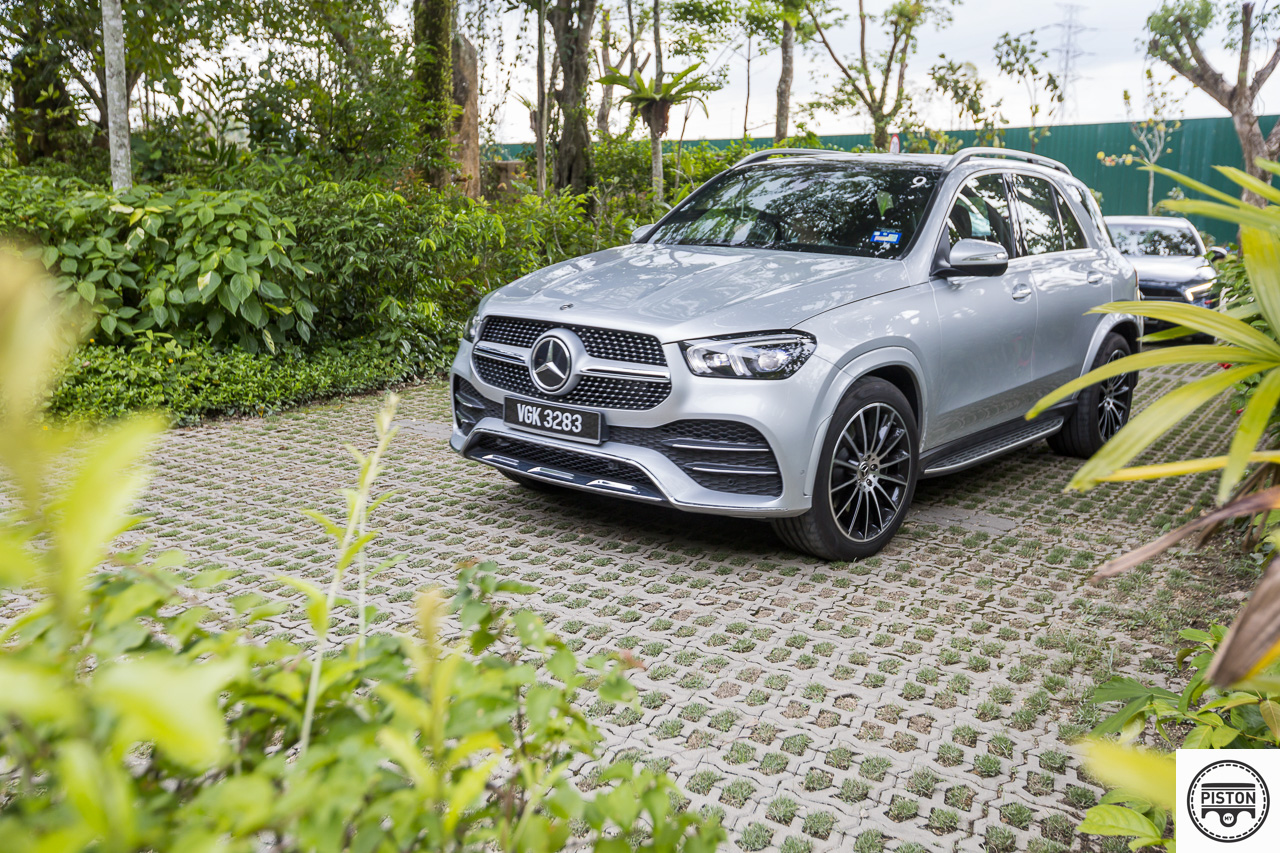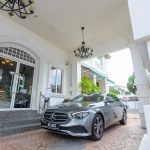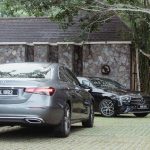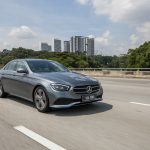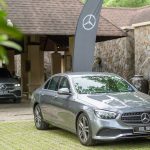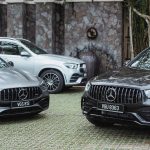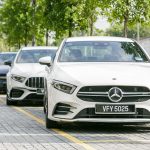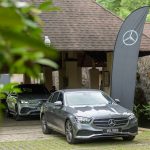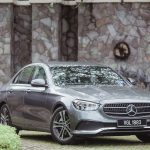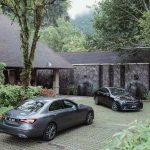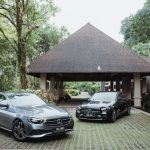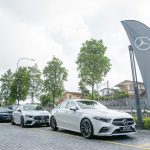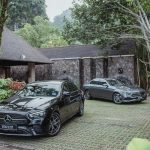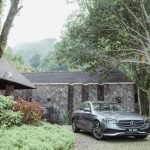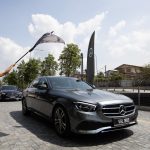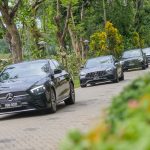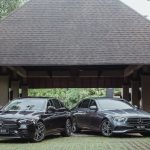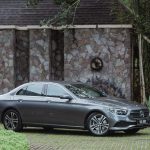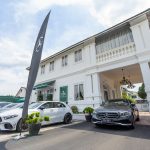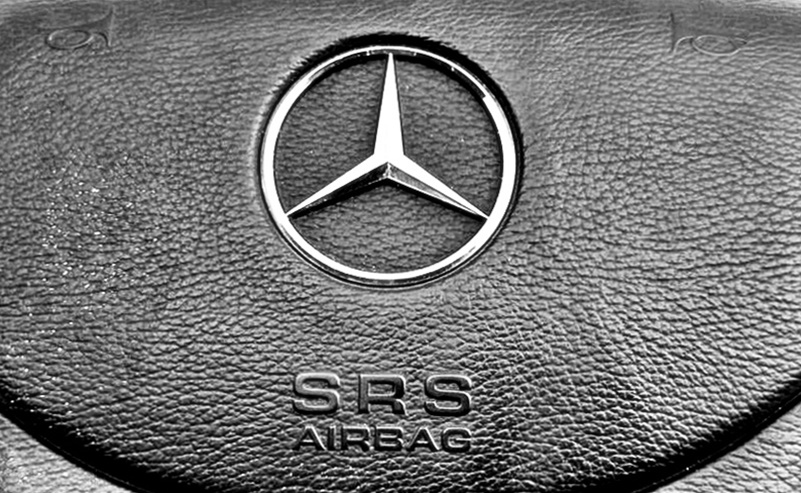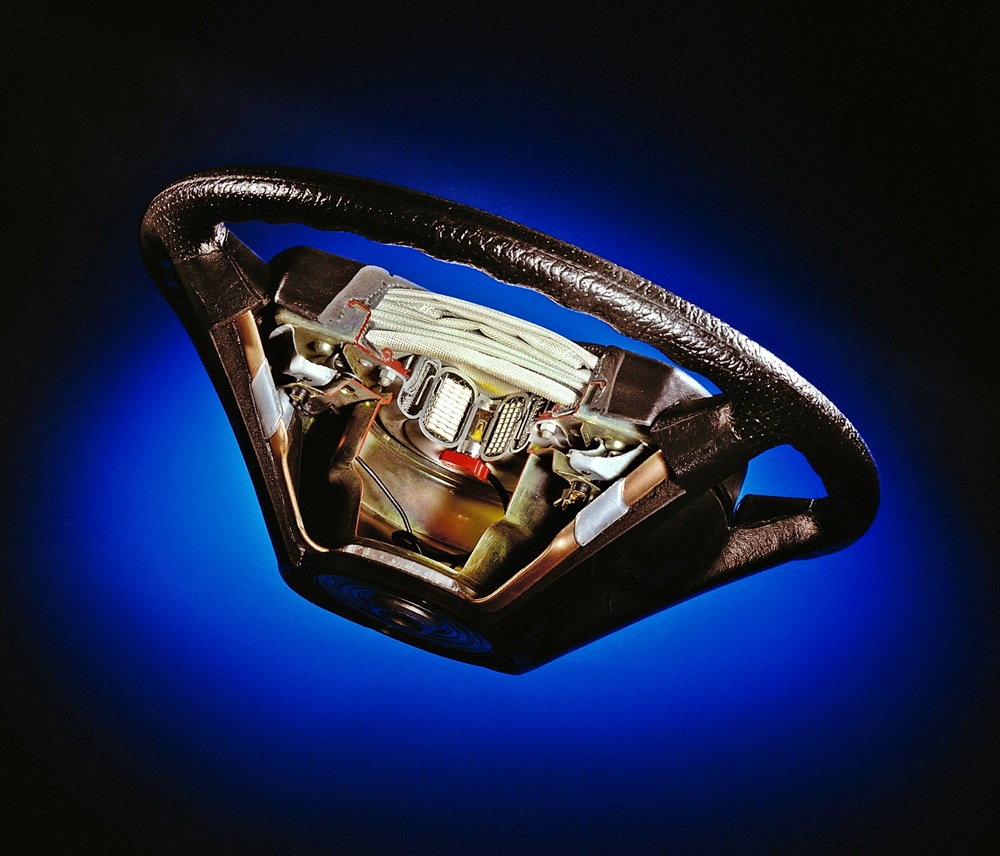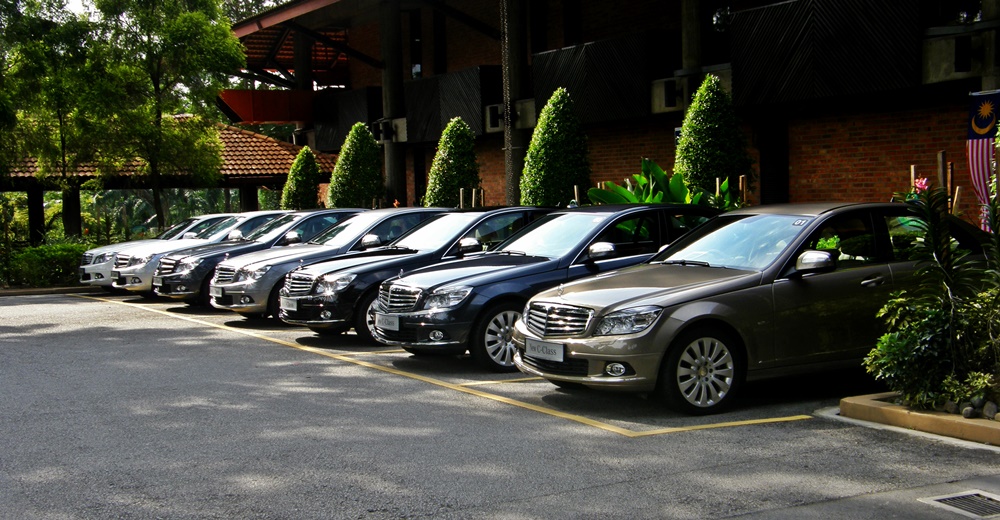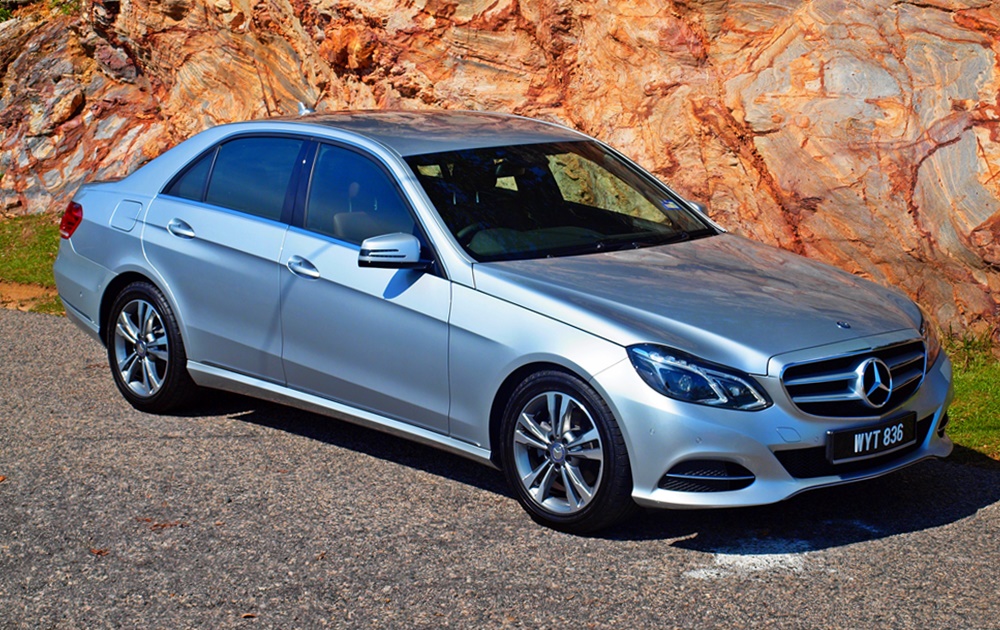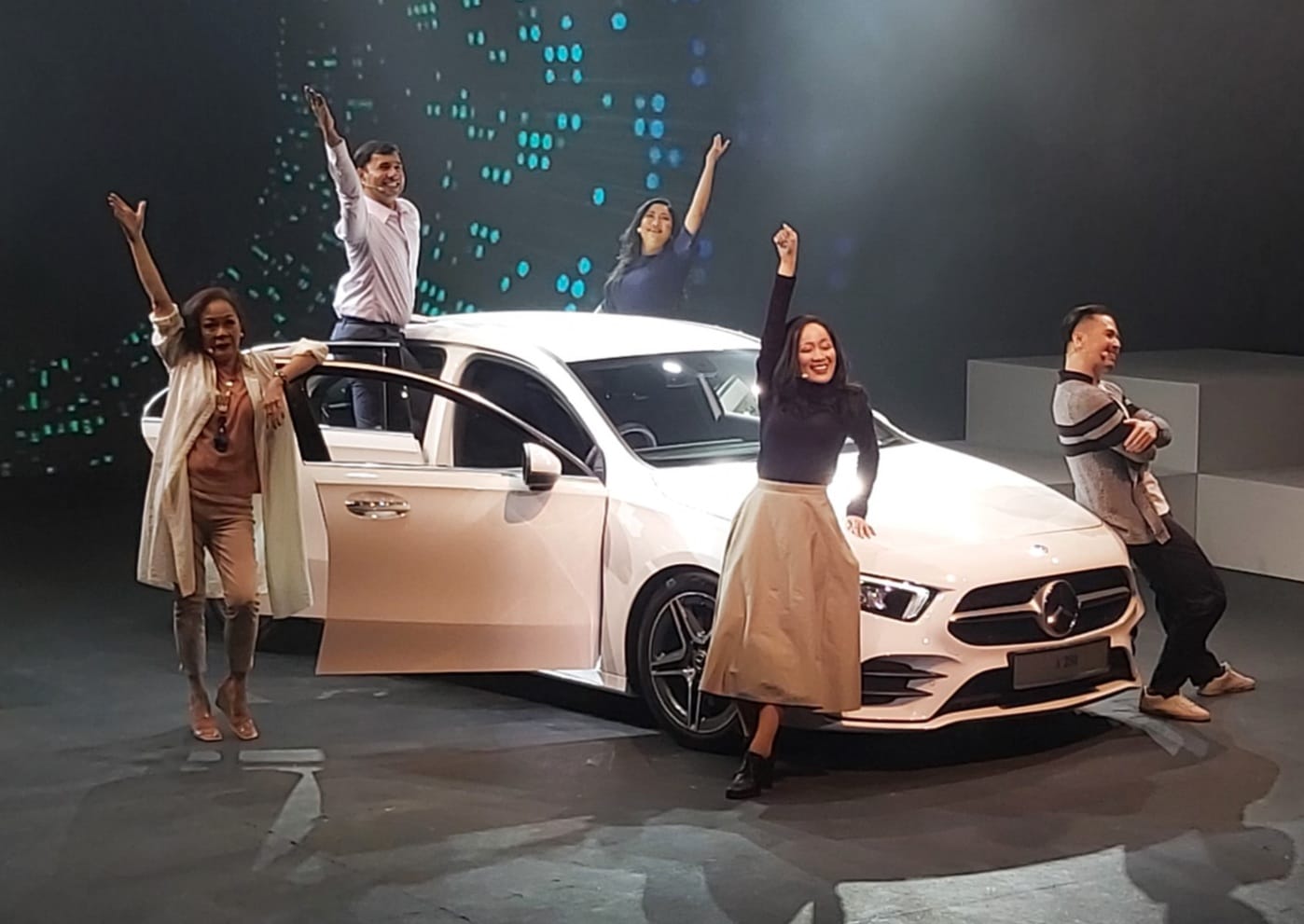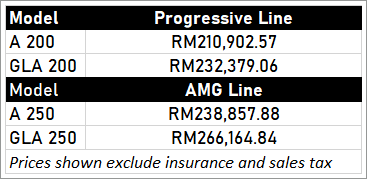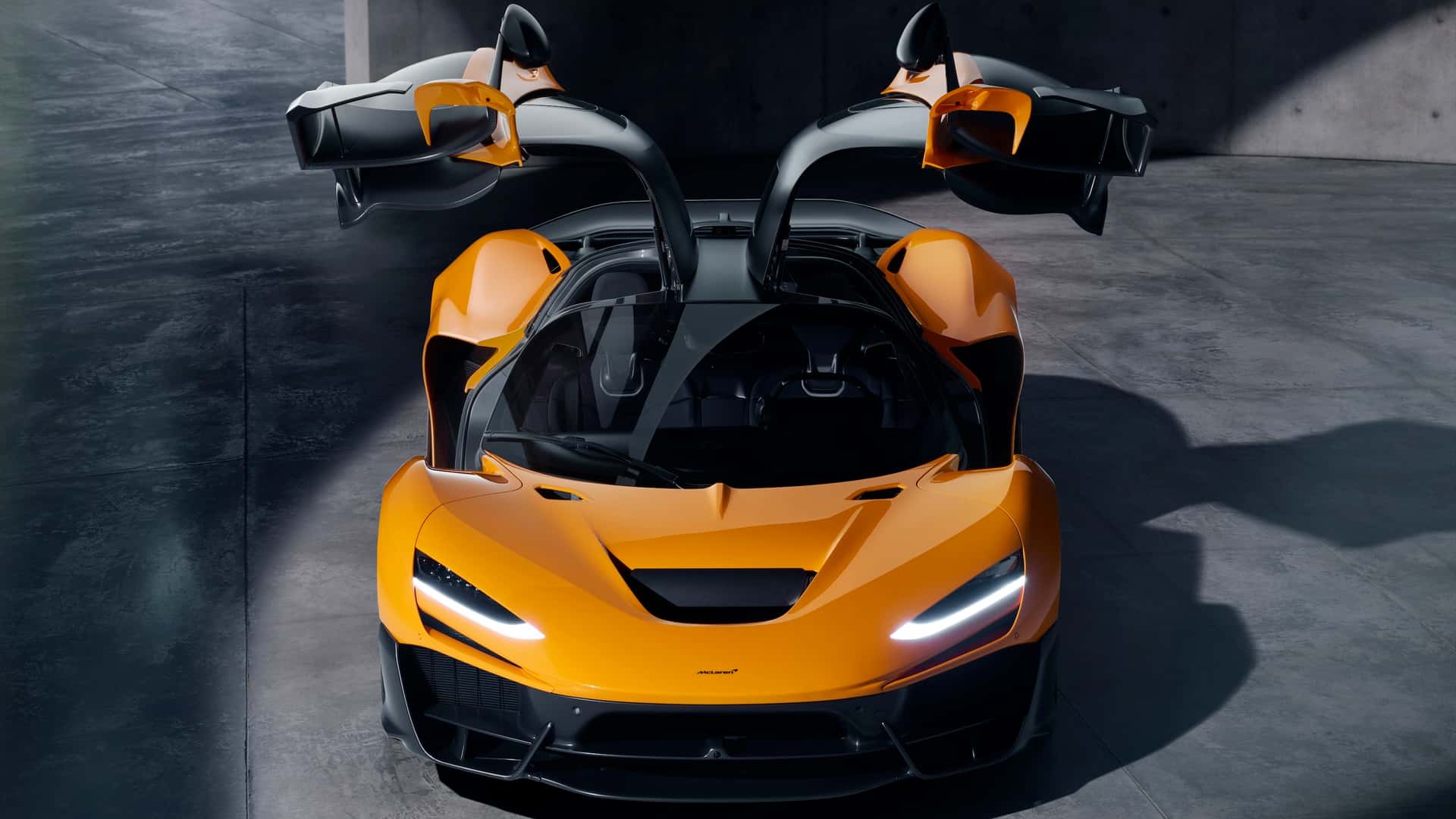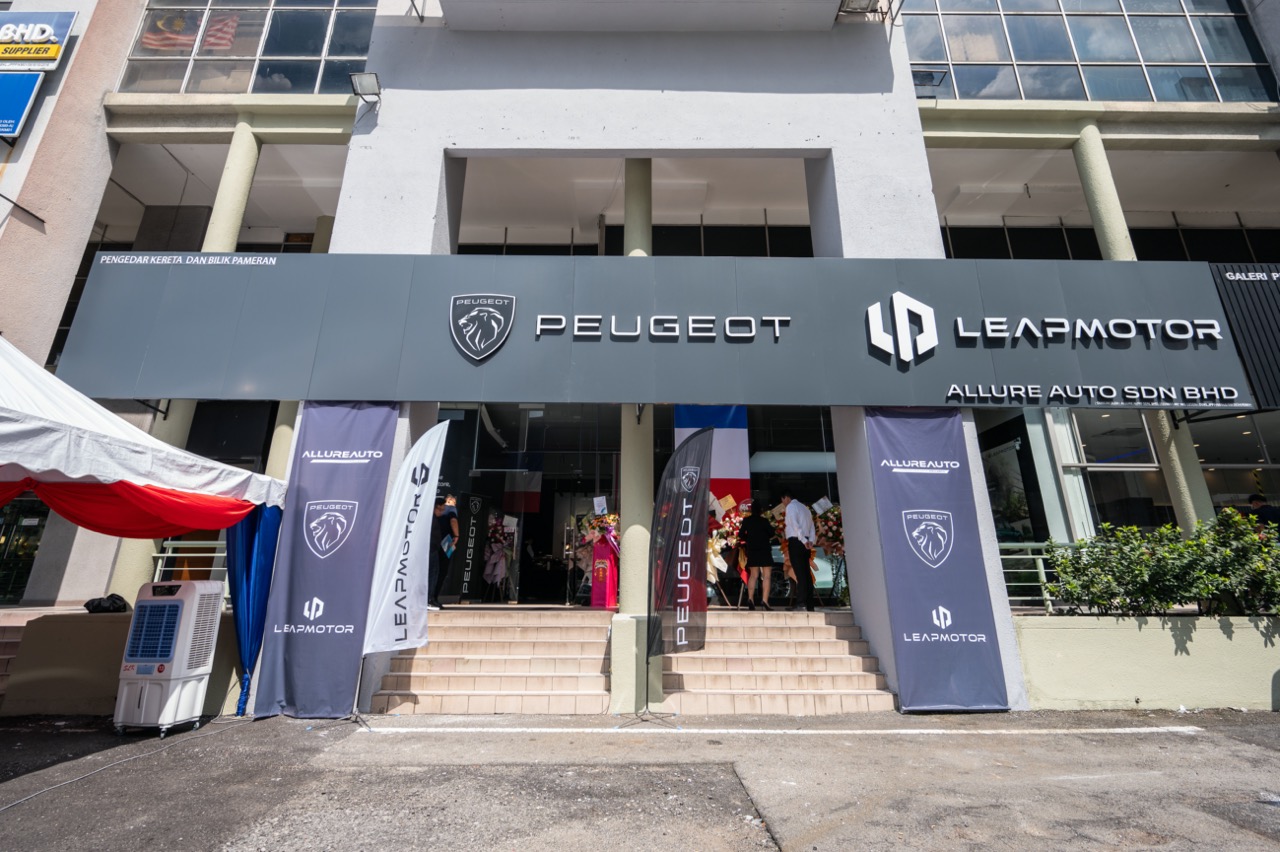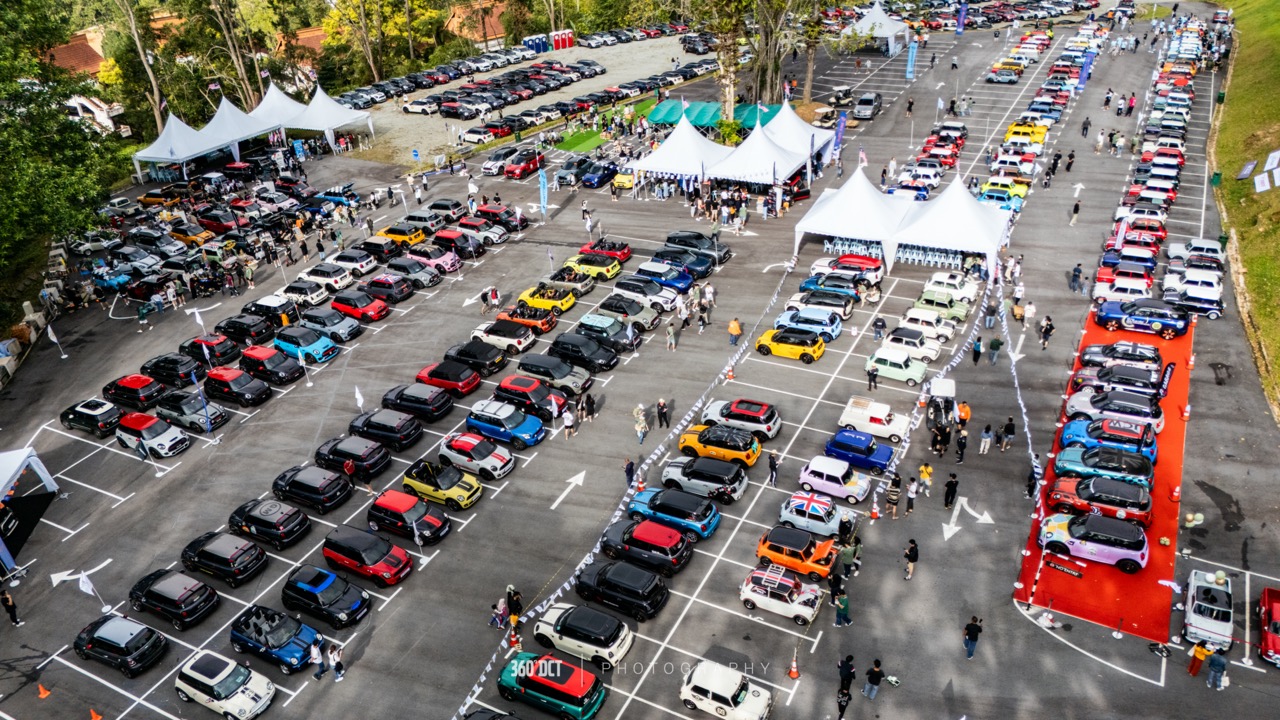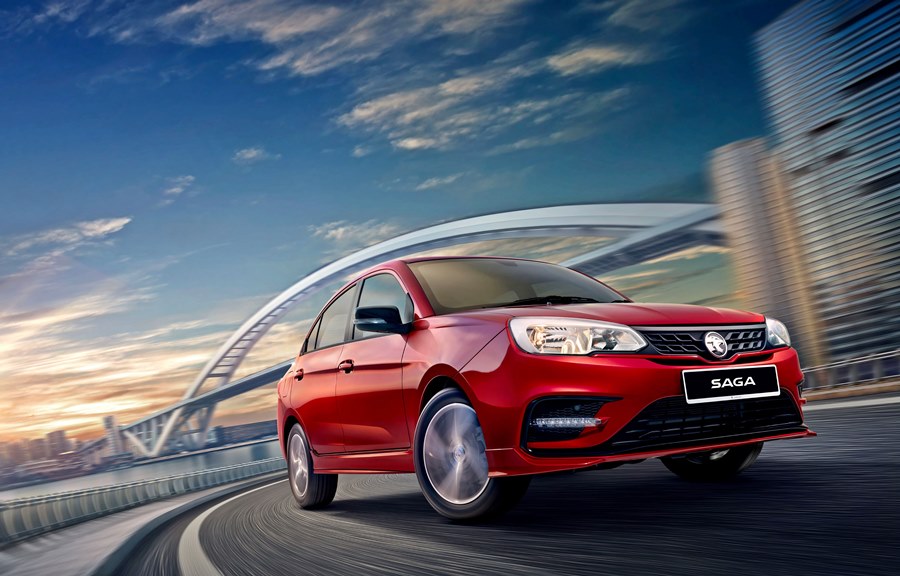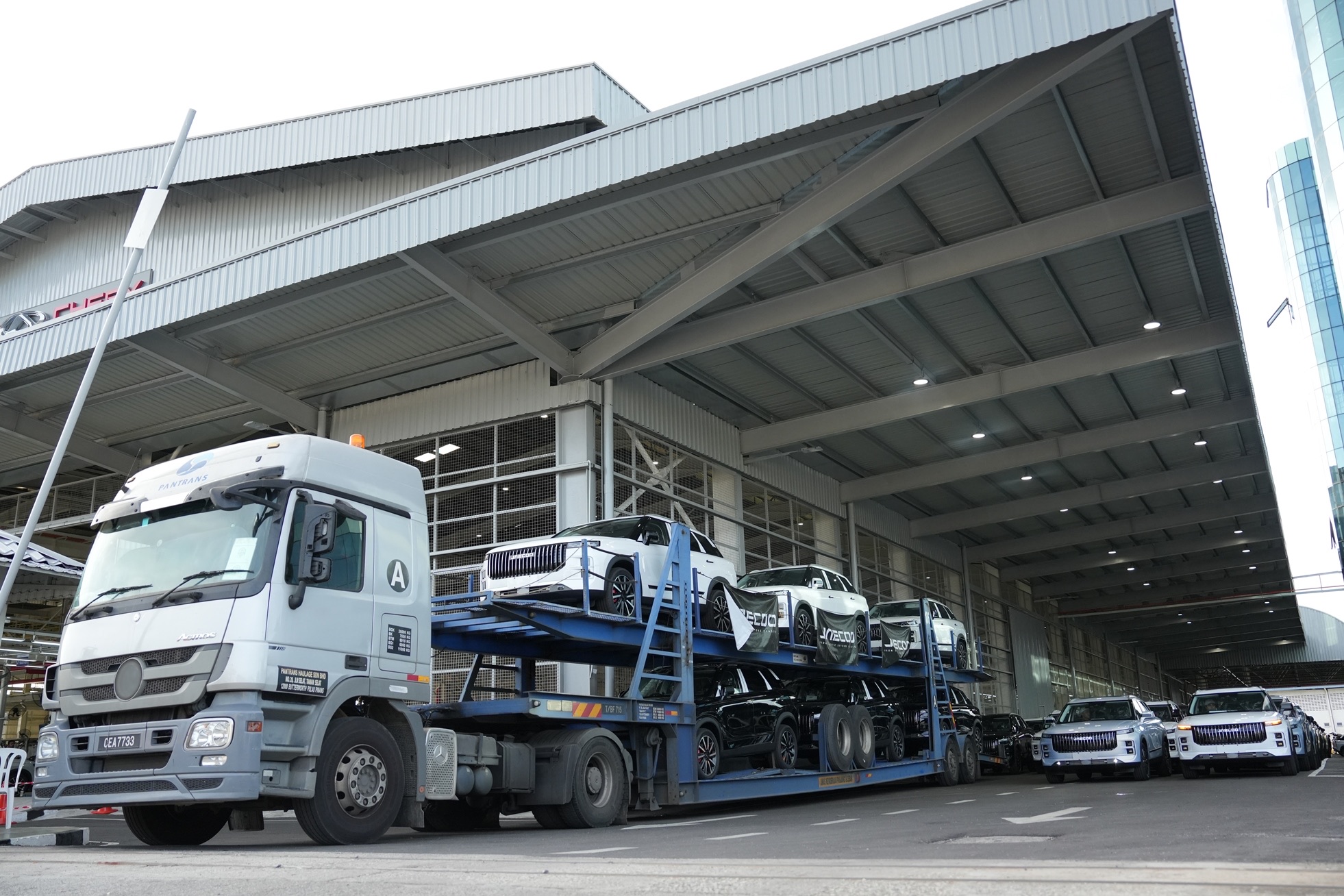Mercedes-EQ which started in 2016 as a sub-brand of Mercedes-Benz dedicated to fully electric vehicles (EVs) was introduced to Malaysians in mid-2019. But apart from previewing the first model the new brand, which was the EQC, not much happened and instead, Mercedes-Benz Malaysia (MBM) focussed on the EQ-Power range which covered the plug-in hybrid (PHEV) models.
But the planning was going on behind the scenes and we were always told that EQ would be coming, and that day has arrived with the launch of the EQA 250 today. Although the EQC was the first model in the EQ range to be launched (in 2019), MBM has chosen to start off at the entry level with the EQA, the third EQ model which was launched in Europe last year.
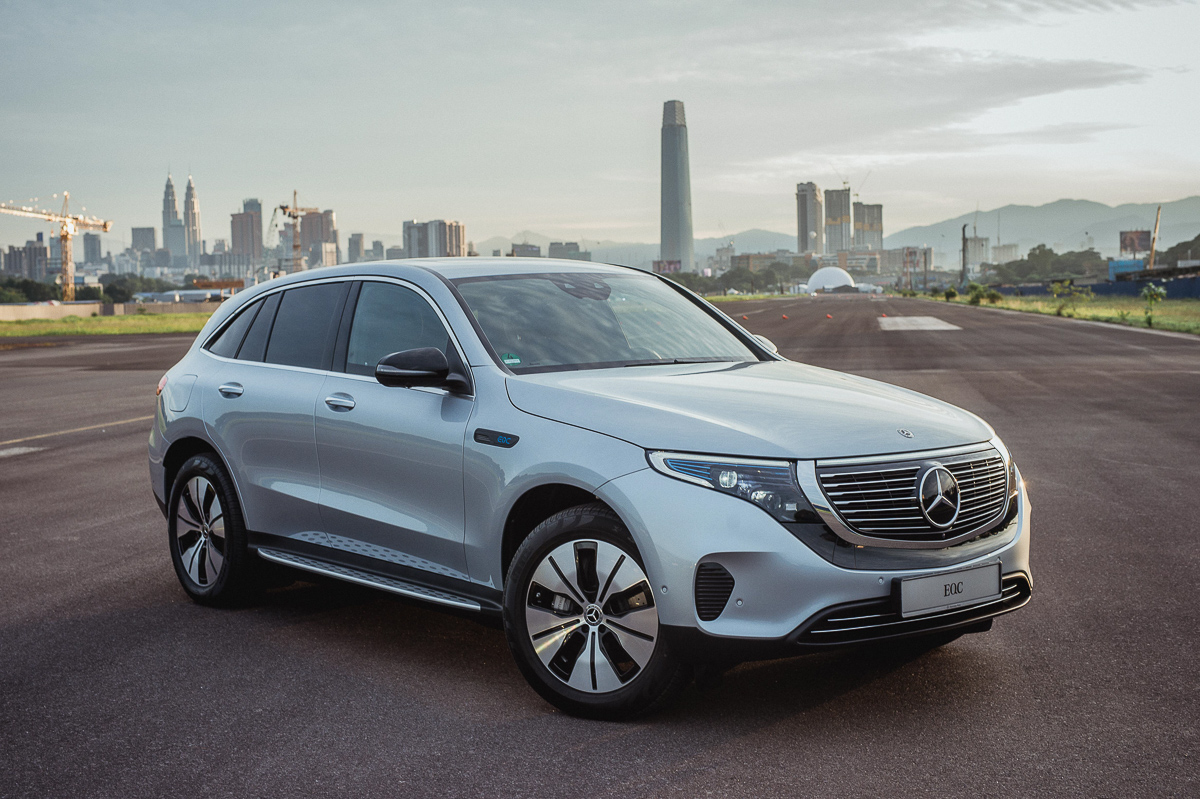
Decisions are made years ahead in the car industry and at the time MBM was planning, they would not have expected the government to offer full exemption of import duties and even roadtax for battery electric vehicles (BEVs). So the pricing of the EQA 250 would probably have been expected to be higher although incentives would have been expected.
So it must have been a pleasant surprise last October to be told that the EQA 250 could be sold duty-free in 2022 and for the next few years (longer if assembled locally). This has enabled the retail price, without insurance, to be RM278,201.25, and that also includes 50% exemption in sales tax allowed for CBU models. For now, the EQA 250 is offered with the AMG Line package that adds a sporty touch to the SUV.
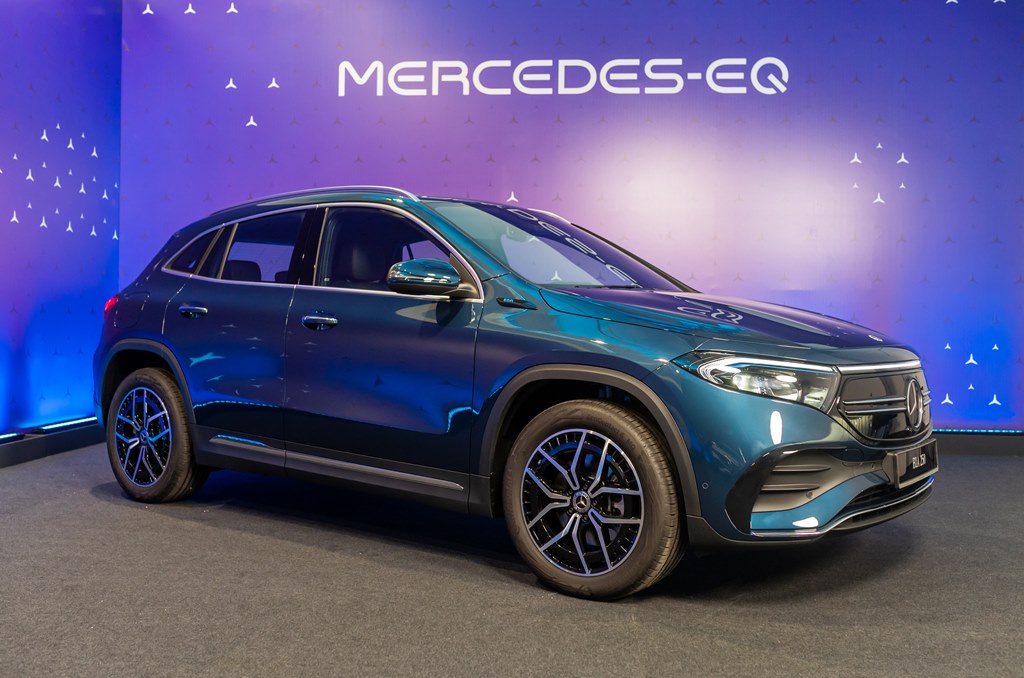
The EQA is related to the GLA and in fact, shares the same MFA2 platform which has been adapted for a BEV layout. So it’s not fully optimized for BEVs and to give the EQA 250 the efficiency it needs to maximise performance, it has been given a large battery pack and much attention has been given to aerodynamics.
Lots of wind tunnel and simulation work brought the Cd value down to 0.28, and the bodywork has been made as smooth as possible. Among the most important aerodynamic measures are the completely closed cooling air control system in the upper section; the aerodynamically efficient front and rear aprons; a very smooth, almost completely enclosed underside; specially optimised Aero wheels and specifically adapted front and rear wheel spoilers.
The EQA shows that cars of the future will still look like the cars were drive today, rather than the bubbles or bullet-shaped vehicles that were imagined to be on the roads in the 21st century. As mentioned earlier, it is like a BEV derivative of the GLA (but is really more than that). Its front end has the EQ design elements with a black panel radiator grille and central star. With the AMG Line package, the EQA 250 gets the sporty genes of the Mercedes-AMG brand. It reinterprets the twin-blade design of the grille and features a diffuser-look AMG rear apron.
A design feature is the continuous fibreoptic light strip across the front and rear, providing a distinctive visual signature. Mercedes-Benz has chosen blue for as its ‘electric theme’ so the headlights have a blue colour within. At the back, the LED units merge seamlessly into the tapered LED light strip to emphasise width.
The doors reach over the sills, keeping the frames (and thus also the occupants’ trousers) free of dirt and improving impact protection in the event of a side collision. All-round protective cladding adds ruggedness and structure to the overall proportions, hinting at the SUV’s off-road character, as does the simulated underride guard at the front and rear.
The EQA 250 has a straightforward electric powertrain consisting of a single motor driving the front wheels. The electric motor, a fixed-ratio transmission with a differential, the cooling system and the electronics form a highly integrated, very compact powertrain (eATS).The motor, which has an output of 140 kW/190 ps and 370 Nm of torque, is powered by a ‘double-decker’ lithium-ion battery pack with a usable energy content of 66.5 kWh.
The claimed acceleration time is 8.9 seconds from 0 to 100 km/h with a top speed of 160 km/h. The fuel consumption in petrol and diesel engines, the distance you can travel is dependent on many factors – even how you drive – and it’s the same for BEVs. Push the vehicle hard and you get less range but unlike combustion engines, low speeds are not necessarily inefficient. So MBM provides a range of 402 – 496 kms on a fully charged battery pack which would be good enough for regular motoring.
When it comes to recharging, there are various ways the owner can get it done and each one takes a different length of time. The shortest time is with a DC 100 kW fast-charger which can ‘refuel’ from 10% to 80% within around 30 minutes. The on-board charger can handle charging from AC power outlets at the home or in public locations but will take at last 5 hours 45 minutes from 10% to 100%. That pretty much means leaving the vehicle parked overnight so if you switch to a BEV, it will have to be part of your routine. Of course, if you ‘top up’ periodically, then you may not have to wait so long. Incidentally, if you want to charge at home, you will need a wallbox which will be additional cost for installation.
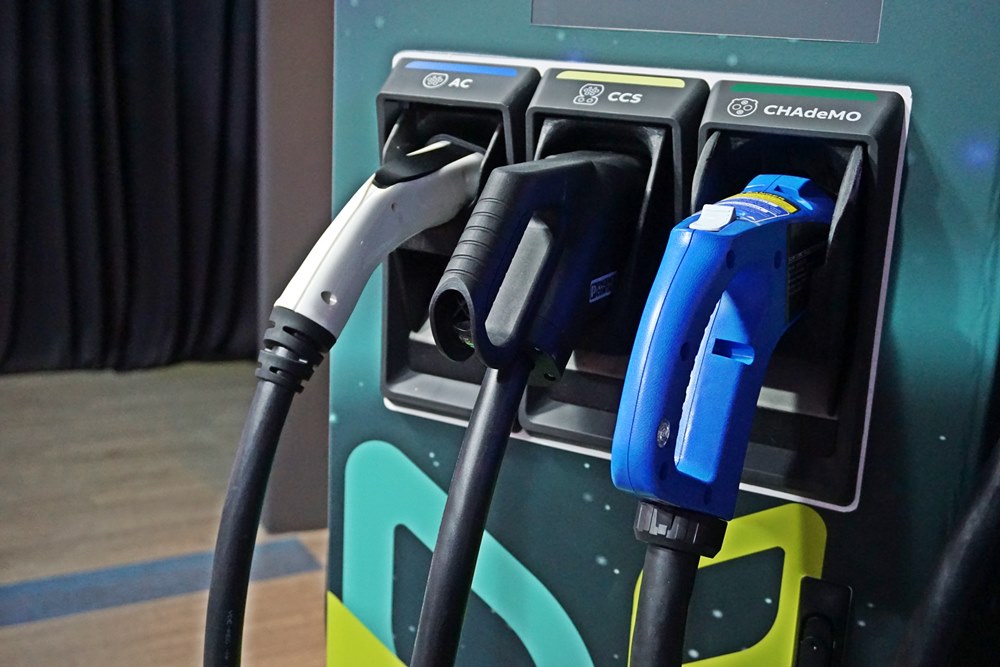
For the convenience of its customers, MBM is setting up 13 DC fast-chargers installed in strategic dealer locations around the country. With the Mercedes-Benz Autohaus network quite extensive, this means that EQA owners will be able to travel quite far and be assured of quick charging. Until the end of 2023, using the charging stations will be free of charge.
Additionally, EQ customers will enjoy an exclusive 1-year subscription with JomCharge, where they will enjoy unlimited charging at a 50% discount at all JomCharge charging stations for the first 1,000 customers. The JomCharge locations are at Petronas stations and the petroleum company has said that it plans to install the fast-chargers along the North-South Expressway and part of the East-Coast Expressway.
Like most other companies selling BEVs, MBM offers a warranty of 8 years or up to 160,000 kms for the battery pack so first (and even second) owners should have no concerns about replacement cost. In time, there will be an increasing number of used battery packs and the issue of how to recycle them will become important. MBM is aware of this future issue and will prepare for it but says it is something that the industry will have to work together on as well.
The EQA 250 may be forerunner of the future of motoring but the cabin remains recognisable as other cars of today, albeit with a lot of digital technologies in the displays, including the MBUX (Mercedes-Benz User Experience) system with extended functions. The Mercedes-EQ tile in the media display is used to call up menus relating to charging options, electrical consumption and energy flow. The individual, transparent sections of the surface are illuminated from behind with the aid of fibreoptics. The right-hand display within the instrument cluster is a wattmeter rather than a tachometer, with the upper section showing the percentage of power used and the lower section indicating the recuperation.
The left-side meter can be used to show whether the destination can be reached without an interim charging stop. The colours change according to the driving situation: During a boost process, for example, the display changes to white. Depending on mood, or to match the particular interior, the user has a choice of four different styles and 64 ambient colours. There is also a head-up display projected on the windscreen.
The battery pack is situated underneath the middle section of the cabin, so it does not reduce the volume of the boot area, unlike earlier electrified vehicles which had battery packs in the boot. Thus there is a usable width of 1.3 metres and depth of up to 1.4 metres, for a volume of 340 litres. The 40:20:40 division of the rear backrest allows variability in the layout to accommodate longer or more items. Incidentally, the EQA 250 comes with an EASY-PACK tailgate which is just a fancy term for electrically-operated tailgate (which would be expected of a car costing this much) but doesn’t have the handsfree feature.
Electric vehicles are no different from other road vehicles where safety for the occupants is concerned. Mercedes-Benz, a pioneer in automotive safety, has used its long experience to ensure that the occupants of the EQA 250 will be well protected if an accident occurs and has also given thought to other road-users in view of the quietness of its running. It has an acoustic ambient protection alert so pedestrians and cyclists will be aware of its presence. The acoustic presence indicator generates specific Mercedes-Benz sounds outside of the vehicle up to a speed of 20 km/h and it differentiates between driving forward and reversing.
Due to the battery pack, the EQA is heavier than a GLA and more energy needs to be absorbed in the event of a crash. The supporting structures at the front and rear were adapted to accommodate this requirement by the use of thicker materials. And as it carries a battery pack and other high-voltage equipment, more stringent safety measures have to be incorporated.
An aluminium housing as well as the body structure of the vehicle itself protect the battery pack from potentially touching the ground and against loose chippings. The housing is part of the vehicle structure and thus an integral part of the crash concept. The ground clearance of more than 200 mm is a further advantage and the lowest point of the vehicle is not the battery pack but the side skirts.
If the EQA 250 crashes, the high-voltage system can automatically switch off, reversibly or irreversibly depending on the accident severity. This is particularly important for rescuers who may have to touch the vehicle in order to help the occupants to get out. Mercedes-Benz works with rescue services to train them to safely approach an electric vehicle and the EQA is fitted with a special disconnection point which can be used by the rescuers to switch off the high-voltage system. If an impact is detected while the vehicle is hit when it is being charged, the charging process will also be stopped immediately.





